Our People
Our Board and Executive Leadership provide strategic and operational oversight of the company and ensure this aligns with our vision and values.
Our board
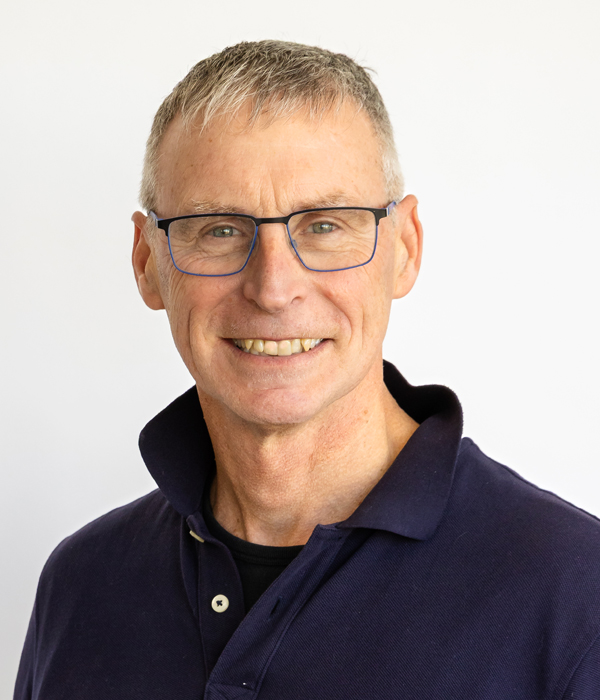
Ross Hardie
Director
Ross is a founder, Director and Past Chair of the Alluvium Group. Ross is a chartered professional engineer and a certified practicing geomorphologist with over 30 years of experience in the environmental water resource and waterway management sectors. Ross’s work has included delivery of environmental water assessments, stream geomorphic investigations, the development and review of waterway management programs and the design of waterway management works across Australia and into south-east Asia. Ross has been called upon to lead stakeholder engagement exercises and provide expert witness statements in these fields.<br><br>Ross is regarded by his peers as a national leader in stream management science and has an innate ability to communicate complex water and waterway processes in layman’s terms.<br><br>Ross is the author of “Technical Guidelines for Waterway Management”, a technical manual on the design and implementation of stream management works for the State Government of Victoria and the author or co-author of the over 25 peer reviewed professional papers in the field of stream and floodplain assessment and design. Papers include the outcomes of industry leading research in areas such as the role of vegetation in reducing flood related channel change, environmental water policy and practice, and stream geomorphic processes.<br><br>Ross has conducted training courses in Tasmania, Victoria, South Australia and Queensland on the application and implementation of the principles of geomorphic channel design. Ross founded and continues to lecture at Wise Waterways an annual five day stream restoration workshop held in Beechworth Victoria. In the post workshop feedback from one stream management course, one participant described the training as ‘the best course I have ever attended’.<br><br>Ross is an inaugural fellow of the Peter Cullen Water and Environment Trust Leadership Program and was Chair of the organising committee for the 6th and 7th Australian Stream Management Conferences.
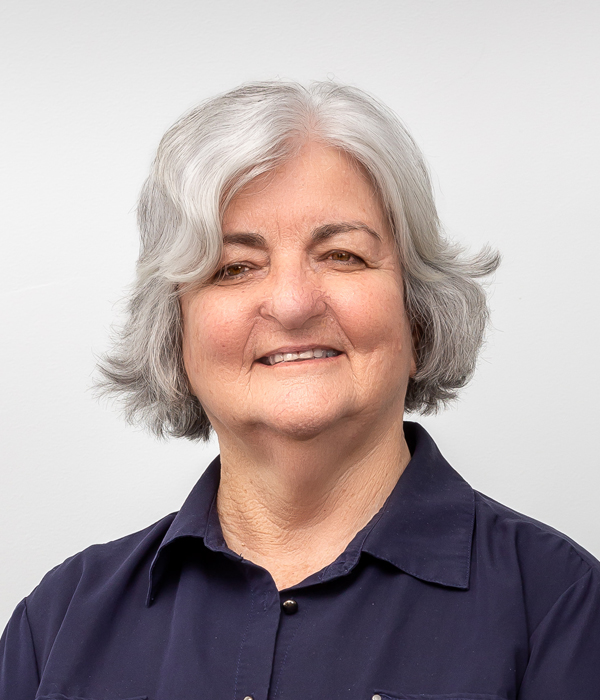
Diane Tarte
Director
Diane Tarte is Director of Marine Ecosystem Policy Advisors providing advice on policy and programs addressing research and management of marine, coastal and catchment areas with a particular focus on ecosystem based management of catchments, waterways and fisheries. Over the past 40 years she has been involved in the protection and management of the Great Barrier Reef and Australian tidal wetland areas, the development of government planning and management policies and legislation focusing on natural resource management, integrated coastal zone management and Oceans Policy, and the involvement of the community in the management of marine protected areas, coastal wetland reserves and rehabilitation of riparian zones.
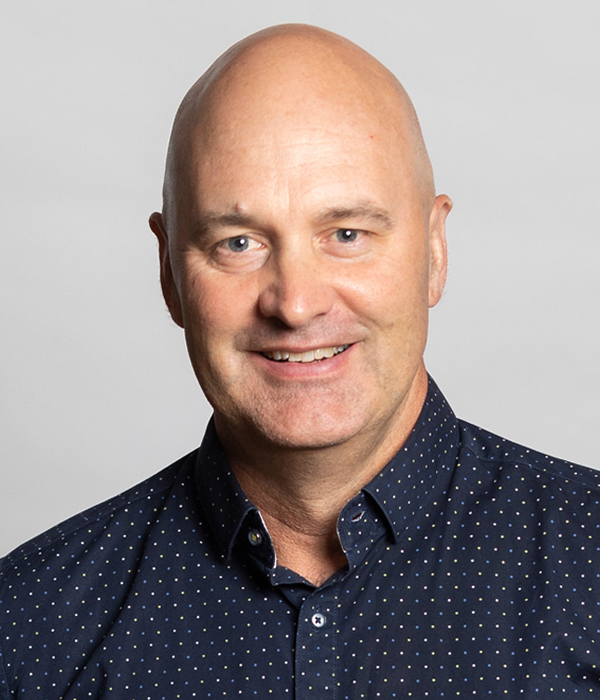
Dr Matt Francey
Group CEO
Matt is a prominent figure in urban water and natural resource management. As the CEO of Alluvium Group and a Director of EcoFutures, Alluvium International, Mosaic Insights and Natural Capital & Climate. Matt brings extensive experience from a government, scientific and community perspective to leading the Alluvium Group.<br> <br>Under Matt's leadership, the Alluvium Group has become a thought leader in the industry. His innovative approach to policy development and management has significantly advanced environmental practices. Matt's commitment to integrating scientific research with practical solutions, including the development of Alluviums internal research program and NfP foundation has enabled the Alluvium Group to deliver impactful projects that address critical environmental challenges.<br> <br>Matt's vision for the Alluvium Group focuses on collaboration and innovation. He believes in harnessing the collective expertise of scientists, economists, engineers, and natural resource managers to develop solutions that benefit both the environment and the community. This collaborative ethos is reflected in the Alluvium Group's diverse team and their multidisciplinary approach to project delivery.<br> <br>As a leading thinker in the field, Matt continues to drive the Alluvium Group's principles and vision. His dedication to excellence and his ability to inspire and lead his team have made the Alluvium Group a trusted partner for clients and the wider industry seeking innovative and effective environmental solutions.
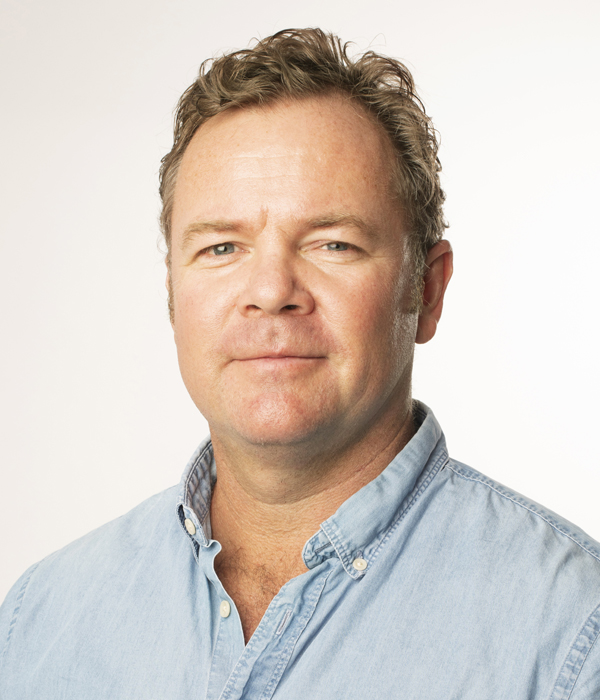
Rohan Lucas
Director
Rohan is a geomorphologist and environmental engineer with 30 years experience largely focussed around driving continuous practice improvement in the management of our waterways through system understanding. This work has been across diverse climates, terrains and client sectors in Australia and the Asia-Pacific.<br><br>Rohan has extensive had extensive involvement in the planning and implementation of catchment and watercourse management programs for government and non-government agencies across much of Australia.<br>Rohan plays an industry leading role for Alluvium in the mining sector in managing surface water systems. This includes roles in practice and research, substantially in the design, construction oversite and rehabilitation of watercourse diversions. Rohan has also played industry leading roles in developing practice guidance around impacts of mining subsidence on waterways and management response. Much of this work has been included in government guidance to the mining industry in Queensland.<br><br>Rohan also plays an industry leading role in the geomorphic assessment of infrastructure projects such as gas pipelines and water resource developments. Assessing the impact the projects could have to the riverine environment and risks posed to the project by the riverine environment.<br><br>Rohan is a founder and director of the Alluvium Group.
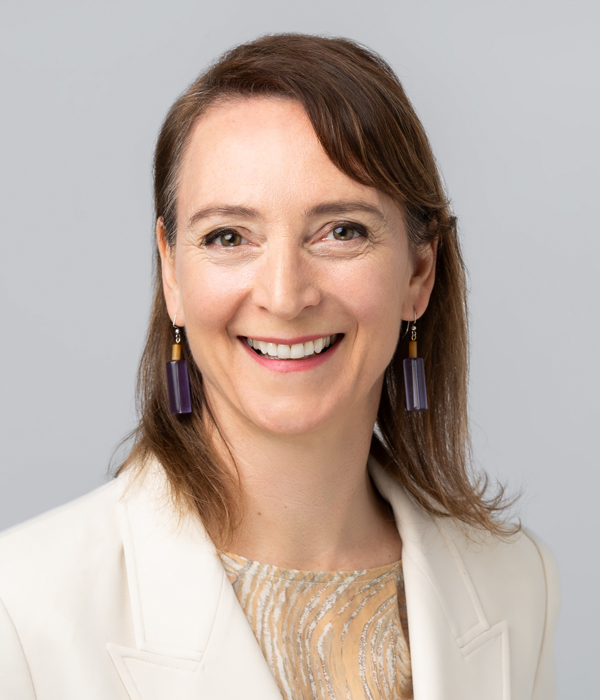
Martina Doblin
Director
Professor Martina Doblin is the Head of the Productive Coasts research program at the University of Technology Sydney and current Director and CEO of the Sydney Institute of Marine Science. Passionate about the ocean from a young age, she has been a marine researcher for over 20 years, leading highly successful research teams investigating the impacts of emerging contaminants in urban waterways and coastal waters, the biogeochemical impacts of climate change in the ocean, and the development of algal blooms. She is a board member of Australia’s Integrated Marine Observing System, and executive member of the National Marine Sciences Committee, providing scientifically-robust, practical advice on marine issues of national significance to Australia. Martina has a profile of scientific and public engagement, is an advocate for diversity in the science, technology, and engineering professions, and has a strong interest in accelerating solutions for improving water quality in coastal regions.
Management
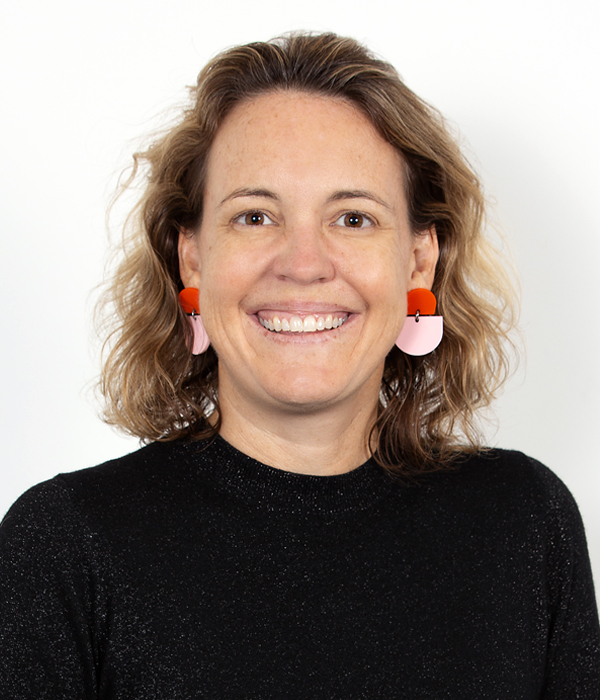
Dr Kim Markwell
QLD Regional Manager
Kim is the QLD Regional Manager and an environmental scientist with a passion for integrating nature and water into our built environments. She has been working as a consultant for over 15 years specifically on catchment and waterway management, green infrastructure and water-sensitive urban design (WSUD) projects.<br><br>Kim is a systems thinker who can synthesise complex scenarios into comprehensive but easily understood concepts and frameworks. Kim has worked closely with clients across Australia in the development of holistic strategies, policies and plans for the management of green infrastructure including natural areas, waterway corridors, stormwater treatment systems, parks and street trees to drive co-investment and delivery of multiple outcomes from these important assets.<br><br>Through her collaboration with designers, Kim has been instrumental in the development of highly effective visual communication tools which have assisted her clients to gain support and momentum to transition towards being a water-sensitive city. Kim has also been involved in the development of industry training programs and design guidelines to promote the adoption of water-sensitive design across both the urban and rural settings.
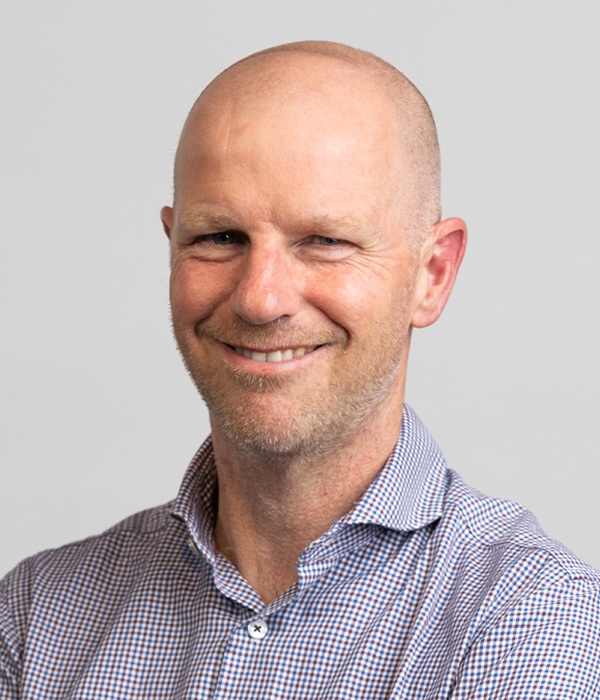
Dr Pete Morison
Vic/SA/NZ Regional Manager
Dr Pete Morison is an environmental and social scientist. He has over 30 years of experience in strategic management, water governance, natural resource management, and environmental policy. Pete’s diversity of leadership and project experiences include as CEO of the Victorian water industry’s peak body (VicWater), driving the new liveability agenda for Melbourne Water, producing technical specialist services for waterways management, and policy design for integrated water management with the National Water Commission. Adept in bridging science and practice, Pete has co-authored leading international publications in Integrated Water Management and Water Sensitive Urban Design.<br><br>Pete’s expertise encapsulates a breadth and depth of land and water management. He has led asset management, catchment management, land management, property and waterways science groups. These roles engendered a cohesive planning and implementation program that fulfilled the growing community drivers for liveability, public open space access and meta-landscapes for ecology and amenity. Key artefacts under Pete’s direction include the Victorian Water Sector Economics Review (‘Value for Victoria’), Port Phillip and Westernport Floodplain Management Strategy, the Western Treatment Plant Future Land Use Plan, and Melbourne Water’s Biodiversity Credits Conservation Scheme. <br><br>An adjunct Senior Fellow in the University of Melbourne’s Environmental Social Sciences Research Group, Pete has published over 30 papers and presented at over 20 national and international conferences as a keynote and panel speaker. He is currently a regional manager at Alluvium Consulting.
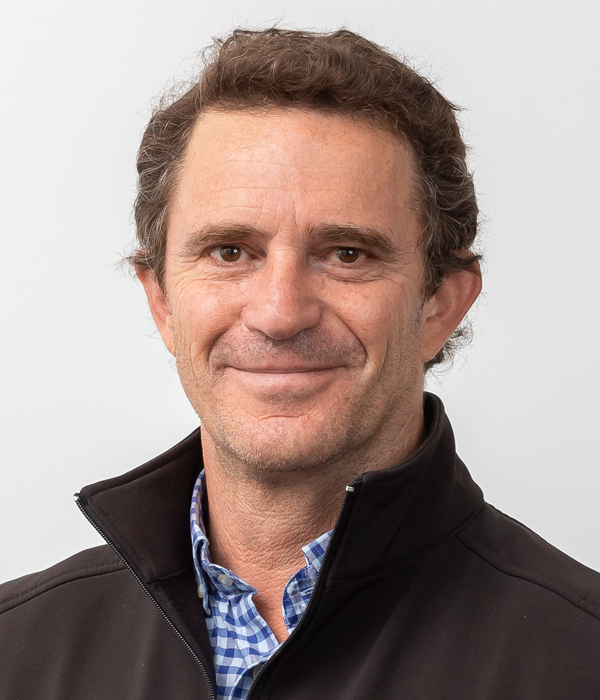
David Barratt
ACT Regional Manger
David is Alluvium Consulting’s Regional Manager in the ACT. He joined Alluvium in 2011 after 17 years in environmental and agricultural agencies in the Australian Public Service. David was a Director of Water Resources Assessment at the Bureau of Meteorology and prior to that a Director in the Bureau of Rural Sciences, leading teams in drought assessment, climate science and water resources reporting.<br><br>David has 30 years’ experience in catchment to continental-scale natural resources assessment and reporting in Australia. In the Bureaus of Meteorology and Rural Sciences, David and his staff developed landscape water balance models in collaboration with scientific teams at CSIRO to help understand and quantify the impact of land cover and land management practices on catchment hydrology relative to the effects of climate variability and climate change.<br><br>At Alluvium, David principally designs and oversees projects aimed at developing monitoring, evaluation, reporting and improvement (MERI) frameworks and plans, and undertaking reviews and evaluations of environmental policies, plans and program performance. He also has leadership roles in projects on catchment strategies and urban stormwater treatment systems, particularly with regard to erosional processes and ecological assets..
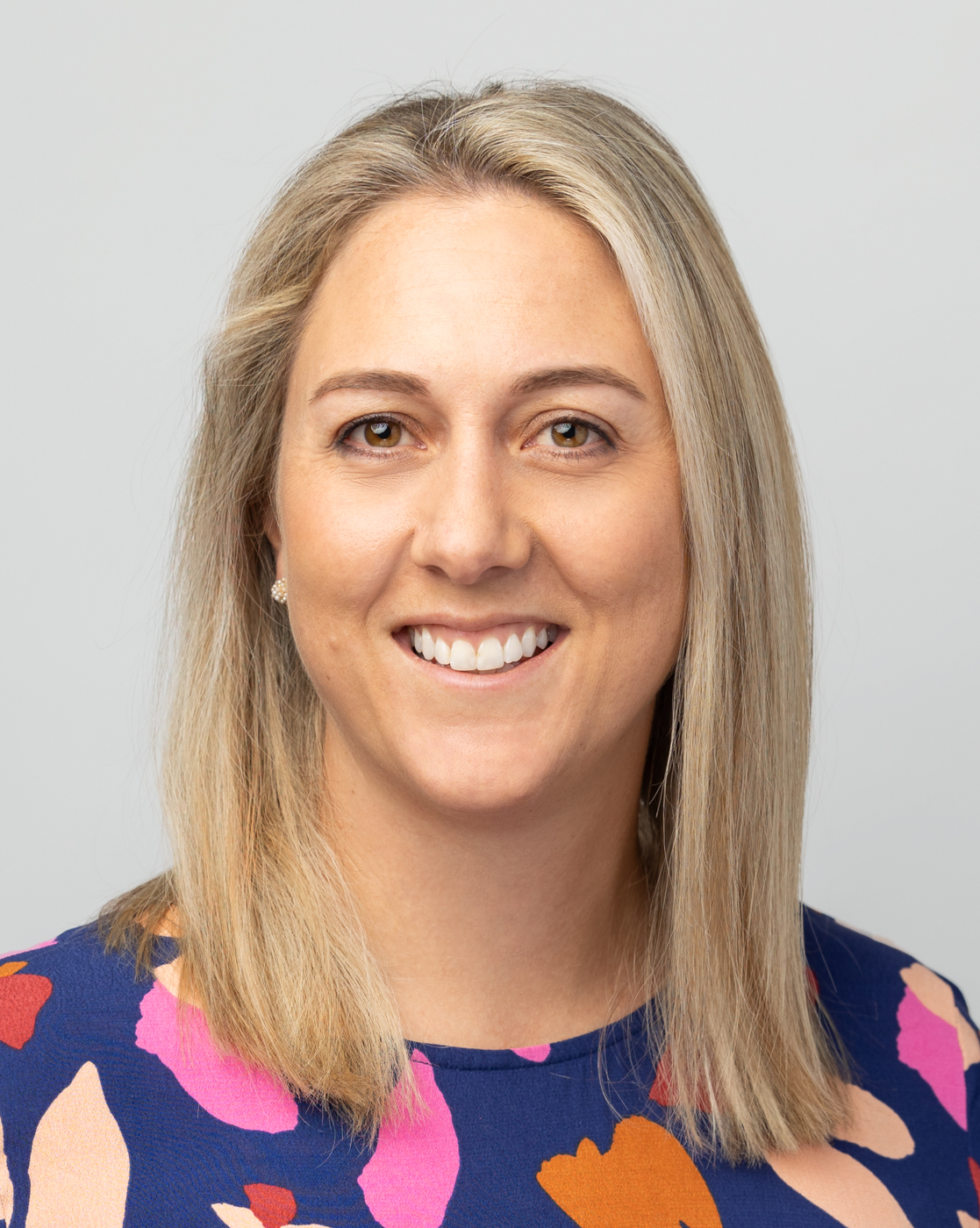
Lisa Walpole
NSW Regional Manager
Lisa is NSW Regional Manager and a water resources engineer with more than 15 years’ domestic and international experience working with clients to support complex decision-making processes. Lisa’s strengths lie in combining a technical and analytical background with a strategic lens, to understand trade-offs to find a balanced solution.<br><br>Lisa has been heavily involved in supporting NSW in implementation of the Basin Plan, specifically the Reconnecting River Country Program, review of Coastal Harvestable Rights limits and localised environmental water planning. Lisa is passionate about working with various stakeholders to understand aligning and conflicting views and interests, to find a way forward.<br><br>With a passion for developing holistic, collaborative and innovative solutions to catchment management and water delivery challenges, Lisa completed her Master of Integrated Water Management with the International Water Centre in 2020.
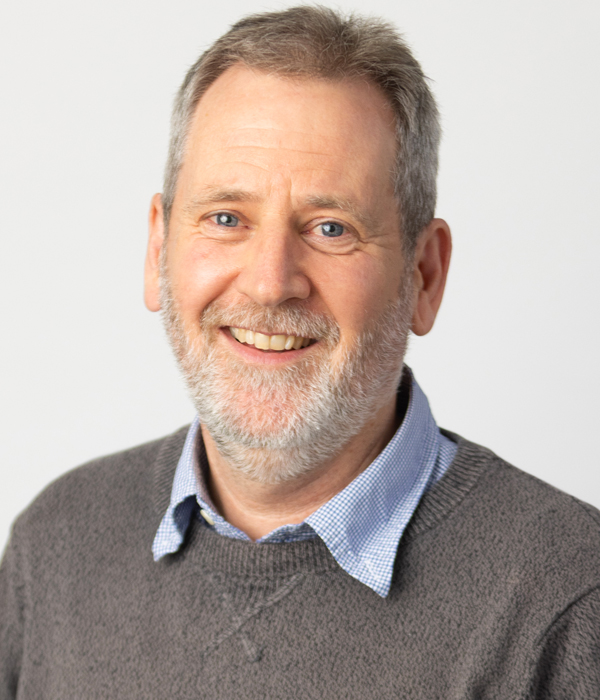
Dr Steve Skull
General Manager - Alluvium Consulting
Steve is the General Manager for Alluvium Consulting and draws on a 30 year career in natural resource management complemented by formal management and leadership qualifications. Steve’s passion is leading people through close collaboration.<br><br>Steve’s work for state agencies spans water resource management and planning, environmental regulation, nature conservation and working with a wide range of industries including mining and major infrastructure and service providers. In the local government context, Steve has been responsible for the development, delivery and evaluation of environmental policies and programs covering disaster recovery, waterway management, climate change, biodiversity and sustainability.<br>More recently Steve has been involved in Alluvium’s work to develop innovative approaches to investment priotisation for water quality improvements across the Great Barrier Reef catchments, as well as a broad range of waterway restoration, disaster recovery, climate risk assessment and coastal management projects.
Our team
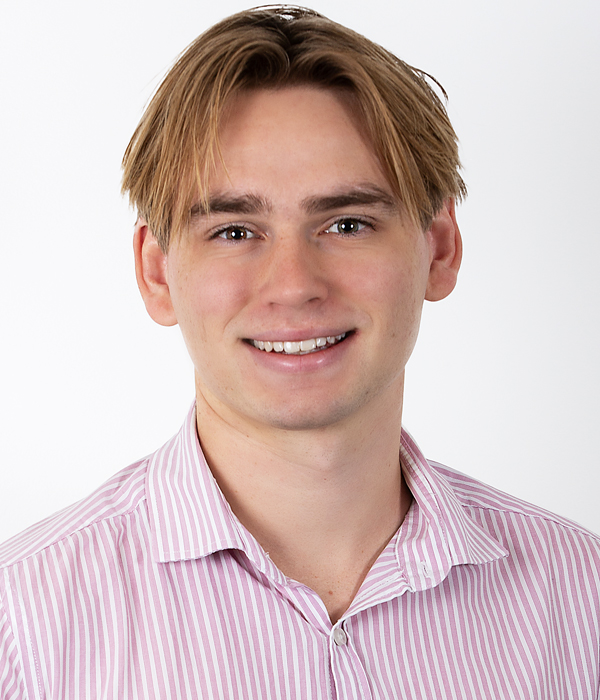
Alex Turnbull
Alex graduated from the Queensland University of Technology in 2023, with a civil and environmental engineering degree focusing on water-related challenges and their societal implications. Alex completed his honours project in collaboration with Alluvium, comparing stream power and shear stress outputs between 1D and 2D models through a case study of Oxley Creek using HEC-RAS. His work emphasizes the importance of understanding natural systems and nature-based solutions.<br><br>Since joining Alluvium Alex has specialised in flooding, waterway management and engineering design. He is experienced in GIS, 12d and TUFLOW, and has had the opportunity to work on a wide range of projects including floodplain management, urban stormwater offsets and gully rehabilitation.<br><br>Alex's passion lies in fluvial system geomorphology and nature-based solutions, reflecting his commitment to holistic, ecologically driven engineering.
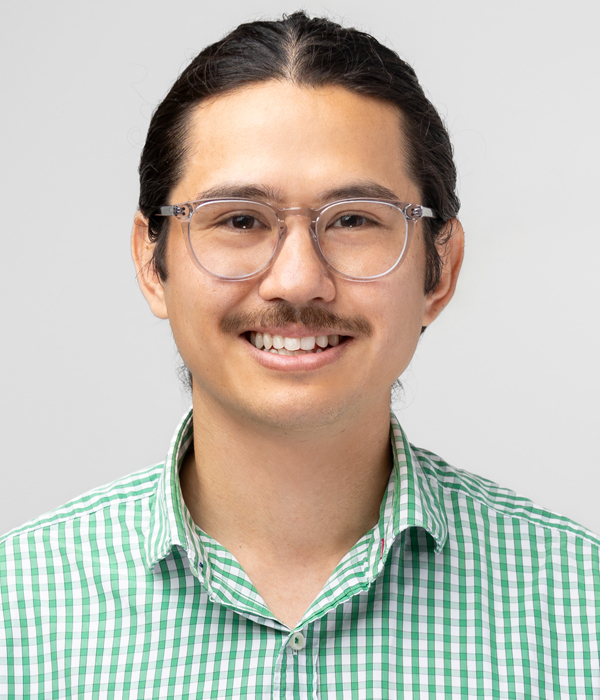
Prawi Woods
Prawi is a Senior Water Resources engineer with a proven track record of excellence in water resources engineering and floodplain management. He has taken the lead in a range of water resources projects, directing a proficient team in specialised modelling and spatial analysis. His expertise extends to hydrologic and hydraulic models, employing software such as TUFLOW, WBNM, XP-RAFTS, and CatchmentSIM for both small and large flood projects.<br><br>With a solid background in rural floodplain management, Prawi has demonstrated ability to review flood work applications and conduct studies in compliance with floodplain management plans. His leadership extends to mentorship, where he has provided guidance to junior staff, fostering a skilled team. Moreover, Prawi’s dedication to innovation is evident through his involvement in software enhancement and thought leadership showcased in industry conferences.<br><br>His dedication has been acknowledged through esteemed awards, including the Harold Sternbeck Medal and the Young Floodplain Manager Outstanding Presenter Award at the 2021 Floodplain Management Australia Conference. These accolades underscore his commitment to advancing floodplain management and environmental stewardship. Moreover, his active participation in industry associations such as NSW Young Floodplain Managers and NSW Young Water Professionals showcases his dedication to networking, mentoring, and promoting diversity, contributing to a vibrant and inclusive professional community.
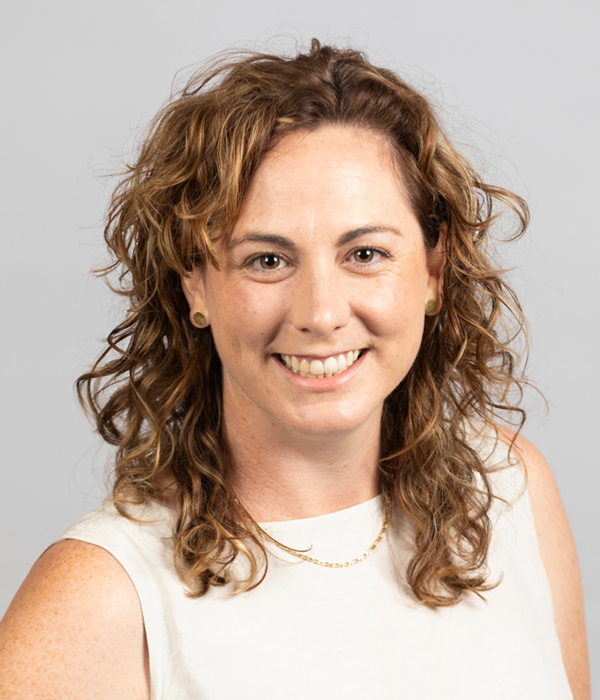
Phebe Bicknell
Phebe is an environmental engineer and scientist specialising in coastal, marine, and estuarine processes. She has extensive experience in monitoring, modelling and analysing these dynamic and complex environments and their management.<br><br>Based in Victoria, Phebe has over 15 years of experience working with state and local government agencies on a diverse range of technical and strategic projects, from catchment through to coast. She assists land managers, councils, and communities in understanding and mitigating coastal hazard risks through tailored technical analyses and longer-term planning. From engineering design, hazard adaptation planning, risk assessment and strategic decision making, she has led and contributed to many coastal and estuarine studies across Australia. Several of these projects have been influential in advancing coastal hazard adaptation planning in the industry, informing Victoria’s state guidance and progressing its ongoing implementation.<br><br>With a focus on effective communication, Phebe is passionate about making technical information more accessible. She is dedicated to increasing knowledge and awareness of coastal hazards, adaptation planning, and climate change. Much of her work involves collaborating with coastal communities, designing and facilitating tailored community and stakeholder consultation to inform decision-making and achieve positive environmental outcomes.
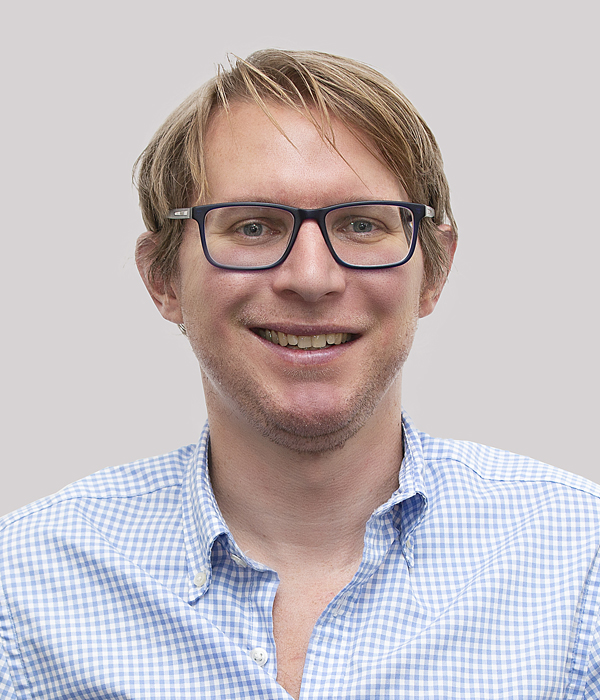
Adam Brook
Adam is Business Area Lead – Coastal, bringing a wide range of coastal and marine management experience.<br><br>Adam is an enthusiastic professional with over 20 years’ experience in design, construction and local government engineering, working in various locations including Australia, Hong Kong, Vietnam and UAE. His coastal engineering experience includes design of nature-based solutions, artificial reefs, beach nourishment, breakwaters, seawalls, wharfs, jetties, pontoons, slope stabilisation, dredging and reclamation, as well as practical site experience. Adam has also been involved in wave and coastal modelling for numerous projects.<br><br>Over the last 10 plus years Adam has worked on numerous Coastal Hazard Adaption Strategy’s (CHAS) and Shoreline Erosion Management Plans (SEMP) throughout Queensland and many other management plans and strategies in the other states.<br><br>Adam’s skills allow him to work through the full life cycle of projects from planning and design through to gaining approvals, then undertaking detailed design for construction, maintenance or repair and supervising and certifying the construction works.
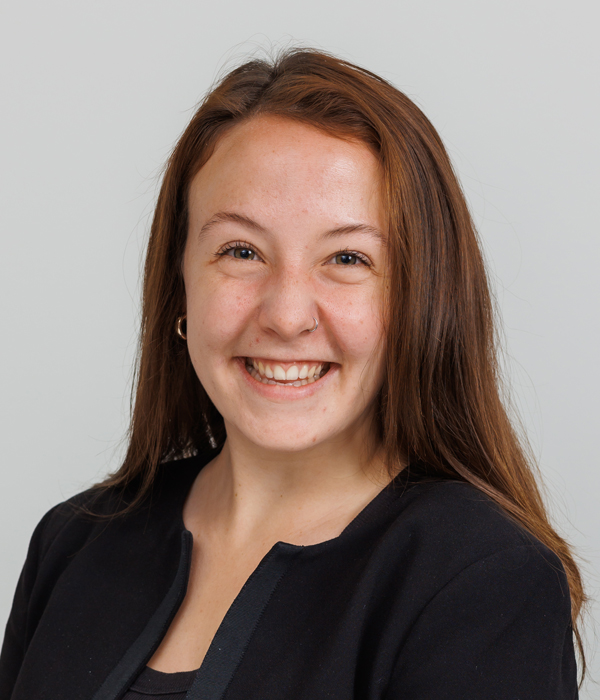
Olivia Adams
Olivia is a development and sustainability graduate from the Australian National University, specialising in Environmental Science. She is passionate about addressing complex environmental challenges through stakeholder collaboration and solution-focused approaches.<br><br>Since joining Alluvium in 2022, Olivia has worked on key projects such as the MDBA Basin Plan Regulatory Design and the WRP Compliance and Enforcement Framework, where she gained in-depth knowledge of the Basin Plan and Commonwealth regulatory frameworks. This work involved analysing legal frameworks and conducting a comparative assessment of state approaches to water management and compliance.<br><br>Olivia has strong research and stakeholder engagement skills, particularly from her work with First Nations communities in the Murray-Darling Basin, where she has helped integrate Indigenous knowledge into environmental practices. She has also developed robust secretariat skills through her roles supporting the MDBA's Independent Hydroclimate Science Expert Panel and the Murray-Darling Water and Environment Research Program.
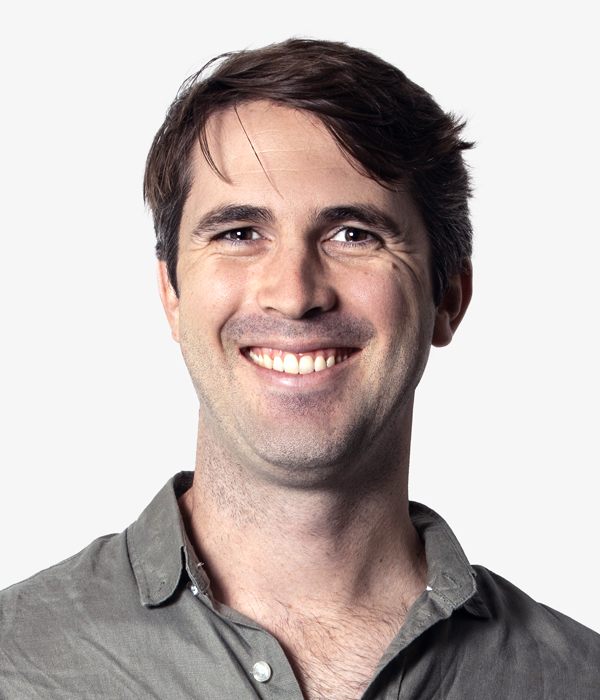
Ben Walker
Ben is a passionate advocate for the clever and efficient management of water spanning the urban water cycle that maximizes the beneficial use of all water sources, while protecting and enhancing our waterways. Informing strategy, policy, planning and design, Ben aims to see investment optimized to achieve the greatest impact for the environment and to see water valued as an enabler of cleaner, greener and more liveable cities.<br><br>Ben has been in the water sector for over 15 years, spanning local government and consulting across environmental planning, water sensitive urban design, waterway management, policy and strategy. This broad experience has provided a deep understanding of the planning and policy framework across Queensland and beyond, whilst developing a first-hand understanding of our clients’ challenges, including barriers to improved water management. This understanding has been instrumental in using his projects to advance the management of water through collaborative processes that build institutional capacity, address stakeholder needs and concerns, and thereby demonstrate value in new approaches.<br><br>Across the course of his career, Ben has developed a passion for integrated, multidisciplinary projects. This includes strategic planning initiatives such as the design of off-site water quality (water quality offsets) policy and programs, and site-based design and delivery of blue-green infrastructure. Beyond strategy, Ben gets great joy from transforming urban spaces through projects such as channel naturalisation to provide value to parks, open spaces, communities and the environment. This includes assisting our clients through concept to detailed designs and construction support.
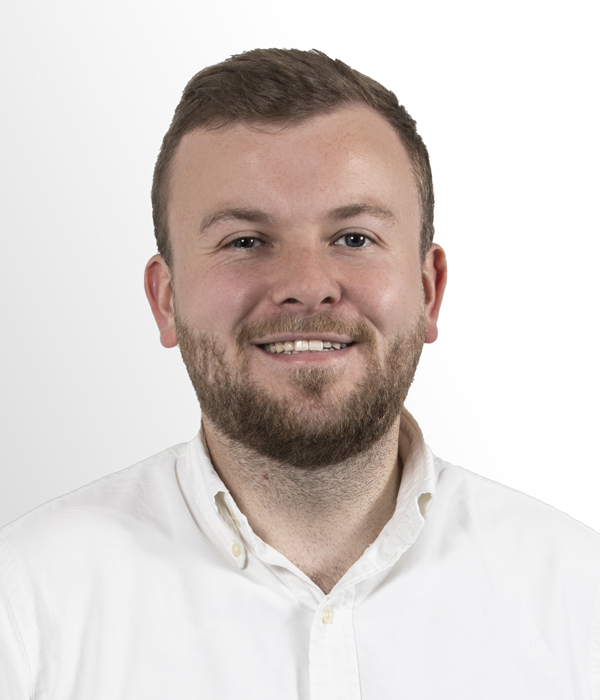
Billy Howitt
Billy completed a Master of Science in Coastal and Marine Resource Management in 2018 and a Bachelor of Science (Hons) in Geography in 2017.<br><br>His dissertation for his MSc focussed on stakeholder engagement and the consultation process of the Southsea Coastal Scheme in the UK. This involved a mixed-method approach to researching the effectiveness of stakeholder engagement throughout the consultation process of the scheme. Billy has a strong interest in coastal management and stakeholder engagement.<br><br>Before joining Alluvium, Billy worked as a Senior Change Analyst within the UK energy sector. Billy has experience facilitating workshops and meetings coupled with analysing the outcomes of these forums to ensure that all views are captured. He understands the importance of engaging stakeholders throughout the whole engagement process, in particular the early stages, to ensure ownership can be achieved.
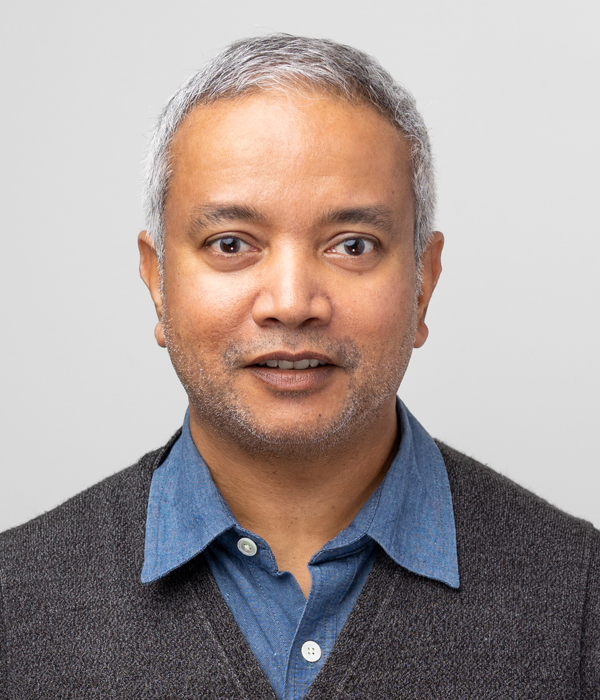
Dr Suresh Hettiarachchi
Suresh is a senior hydrologist and a water resources specialist with over 20-years of experience in industry and academia. Suresh is passionate about re-imagining flood management through the lens of resilience to address the growing and complex challenges brought about by a changing climate. Suresh's professional vision and goal is to provide safe, liveable spaces while protecting our environment. As such, Suresh is passionate about pursuing the idea of re-imagining flood management through the lens of resilience to address the growing and complex challenges brought about by a changing climate. To this end, he focused his PhD thesis on this topic investigating and quantifying the changes in urban flooding due to climate change and the application of resilience concepts to address these impacts. Suresh has published his work in leading peer reviewed journals on urban flooding and flood resilience, with his work getting cited in the 2023 IPCC reports.<br><br>Suresh specializes in hydrologic and hydraulic modelling grounded on a foundational understanding of the governing sciences and has a long history of technical leadership and mentorship in this space. At Alluvium Group, Suresh applies his experience and expertise to a wide range of projects, including climate change impacts on catchment hydrology and urban flooding. Having spent a majority of his consulting career in the United States, Suresh adds a different perspective helping to develop unique and innovative solutions to water resources challenges in Australia. Combining a 'big picture’ outlook and a wholistic mindset with an analytical approach, Suresh provides technical guidance, project oversight and peer review for a range of project that generate evidence, tools, insights and outcomes that lead to improve our lives, both in Australia and internationally
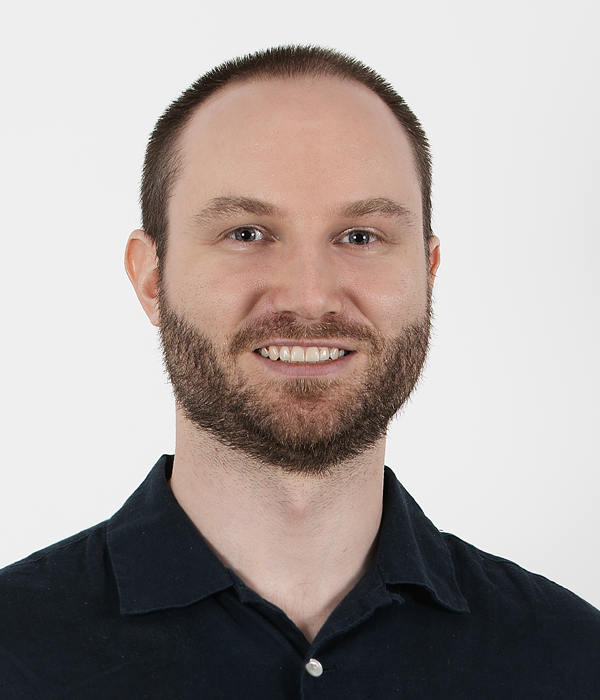
Dr Felix Egger
Felix is a Chemical Engineer who joined the Basin Sciences team at Alluvium in 2023, working on and leading catchment modelling projects, water quality analyses, environmental water analyses and data science.<br><br>Felix’s vision is to use models and data science to understand engineered and environmental systems in the water sector. He uses his skill set as a Chemical Engineer and a systems approach to achieve this vision, connecting biological and environmental systems knowledge with data analysis and model development to generate systems understanding. Felix is a proficient Python coder who develops numerical models, data science workflows, and process automation across multiple disciplines at Alluvium, ranging from hydrology to ecology. In addition, Felix has a sound technical background in multiple numerical modelling suites (OpenFOAM, SOURCE, TUFLOW FV) and is proficient in spatial analysis using QGIS. At Alluvium, Felix has led and was involved in projects across Queensland, New South Wales, and Victoria in the mining, water security, and catchment modelling, as well as the reef sector. In addition, Felix leads larger-scale projects across the Murray-Darling Basin in the environmental water sector.<br><br>Before working at Alluvium, Felix attained a PhD in Chemical Engineering from the University of Queensland, where he developed a novel biogas treatment process. After completing his PhD, Felix worked as a Post-Doc at the University of Queensland in Environmental and Chemical Engineering in collaboration with Alluvium and resilience modelling. He is also an experienced lecturer in statistics, modelling, and programming, and he received certification for teaching coding in Python from carpentries.org. Felix has published research in high-ranking peer-reviewed journals and continues to connect research methodology to his consulting practice.<br><br>Felix’s keen interest in environmental and biological systems continues after work when he enjoys making sourdough bread and other fermented foods. He also practices circus arts, such as aerial rope and hand balancing.

Dr Ha Nguyen
Ha Nguyen is a water resources engineer with 13+ years of experience in university lecturing, researching, and consulting in hydrology, hydraulic structures, sediment and pollutants dynamics, and environmental impact assessment in waterways and coastal areas. Prior to joining Alluvium, Ha worked on a wide range of projects in collaboration with the Vietnamese Government, United Nations, and academic partners to improve the water environment.<br><br>Ha’s PhD project at the University of Sydney was sponsored by the Australian Government to quantify the impact of chemical and biological factors on the transport of suspended sediment and microplastics in natural water environments experimentally and numerically. She also participated in projects mapping ocean sediment quality and global agricultural inputs. Ha has an international reputation in microplastic transport research with her publications and review in high-ranking scientific journals.<br><br>Since joining Alluvium in 2023, Ha has been participating in a wide variety of projects in Australia and internationally from flood study, IWCM, WSUD, water balance, riverbank stabilisation to spatial analysis as various roles including hydrology, hydraulic, and water quality modelling, flood mapping and assessment, water accounting, GIS mapping. Ha has been selected as one of eleven candidates for the Alluvium’s Emerging Technical Leadership Program..
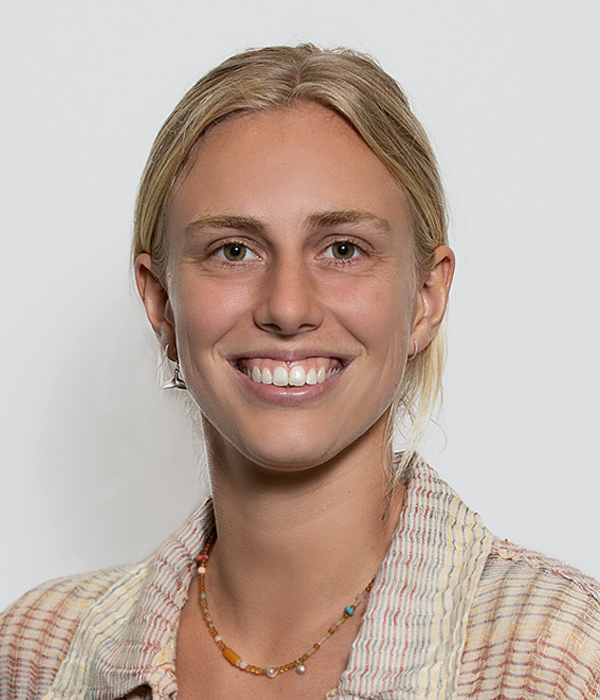
Isabelle Flook
Izzy is an environmental scientist with expertise in fluvial geomorphology, hydrology, hydraulics, river and floodplain restoration, catchment ecology, environmental chemistry, and spatial and statistical analysis. Her technical skills, analytical mindset, and strong communication abilities enable her to collaborate effectively across diverse projects. Izzy is committed to making decisions that benefit both the environment and communities, with a particular passion for whole-of-catchment management.<br><br>She has extensive experience in community engagement, notably contributing to the "Rapid identification and prioritisation of intervention options and pathways for the Northern Rivers Region" following the 2022 floods. Izzy is also involved in applied research, investigating Natural Flood Management (NFM) interventions and developing strategies for flood resilience. Her Master's research focused on remote sensing methods for mapping invasive vine species threatening riparian ecosystems in Queensland.
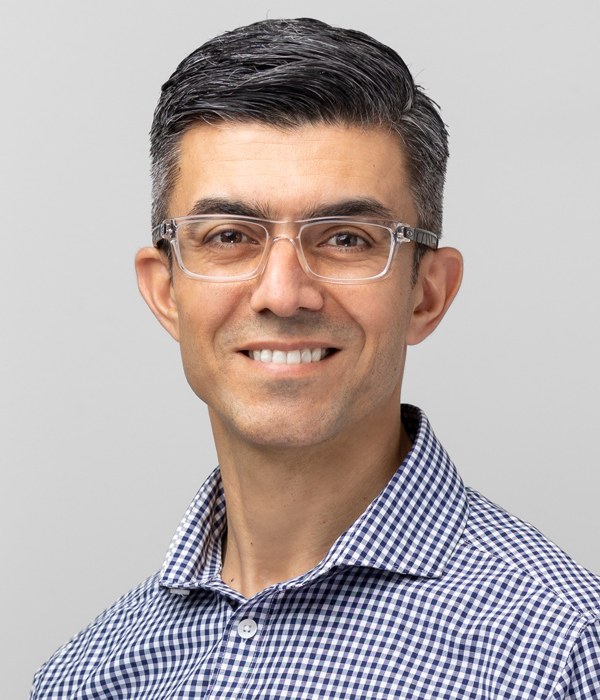
Forugh Dorani
Forugh is a Senior Water Policy Consultant with more than 17 years of experience in the water sector working on sensitive state and federal water policy, strategy and resource assessment projects. He has extensive project management experience, working across federal, state and local governments and engaging with stakeholders and the water users with competing priorities.<br><br>Forugh’s experience with Alluvium has expand across working with major and local water utility providers across NSW and Victoria, where he’s managed projects and engaged with key stakeholders for projects including urban flooding, water quality monitoring frameworks and waterway improvement activities.<br><br>His work in Alluvium has also included, the River Murray Flood Review, evaluating the comms & engagement with stakeholders and community across the Southern Connected System and data governance & sharing during the 2022-23 flood events. He has also managed the development of infrastructure options for the Reconnecting River Country. Program, assessing environmental water requirements and delivery improvements for ecological assets in the Mid-Murray, NSW.<br><br>Prior to joining Alluvium, Forugh managed various Coastal and Murray Darling Basin water resource management and sustainability projects for NSW Government. At DPE Water, he led the review and delivery of NSW’s key water reform and management commitments under the Water Reform Action Plan (WRAP), such as the environmental water management implementation. He also managed the 2021 review of the North-West Flow Plan. Before that, he developed NSW’s Regional Water Strategies, including assessing and prioritising infrastructure and non-infrastructure options to address critical regional water security and supply issues.<br><br>Having spent time in the water ministry, he also understands the political sphere and the processes of policy and planning instrument development through the machinery of government. Moreover, his work with Transport for NSW, reviewing sustainable water cycle management guidelines and procedures for transport infrastructure development projects, has given him a broad understanding of water use and its challenges across other sectors.<br><br>Forugh enjoys working with different stakeholders to understand their views and priorities, and to identify possible avenues for progress. He is passionate about helping clients make important decisions by considering diverse opinions.
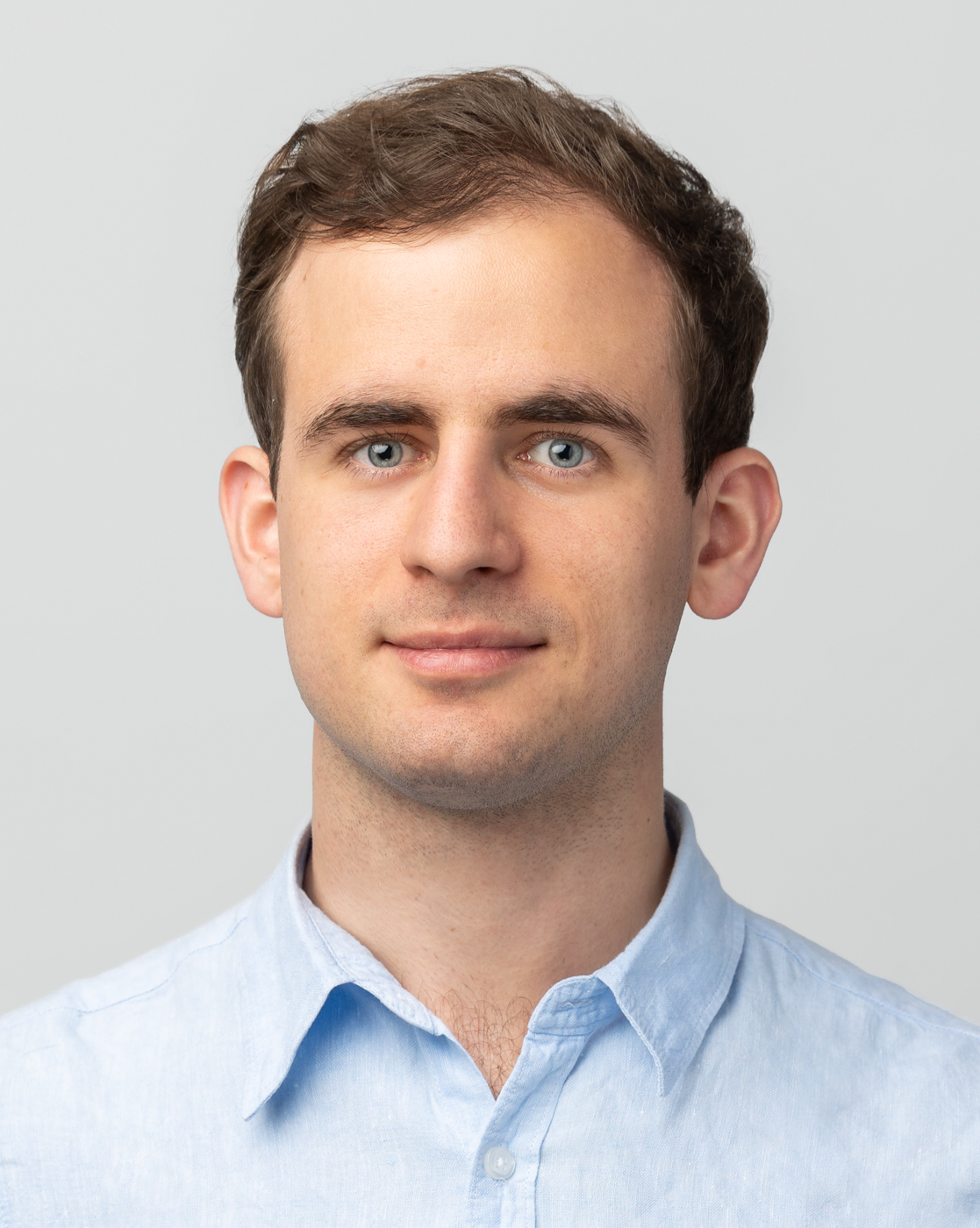
Sam Haglund
Sam is an undergraduate engineer studying civil and environmental engineering at the University of Technology Sydney (UTS), set to finish in 2023. He is passionate about sustainable water management, water modelling, and pollution control and is excited by the potential that engineering solutions have in reducing waste. Sam has explored these passions through volunteering with Engineers Without Borders at UTS and working with UTS Sustainability. He has also led a team of engineering students in an internship, designing a channel and associated roadworks. Since joining the Sydney office, Sam has worked on a range of projects at Alluvium including asset mapping and risk assessment for erosion for both the Cooks River catchment and the Hawkesbury River gaining experience in the field and with QGIS. He has developed his design skills using modelling software such as AutoCAD and 12d through working on the designs for stormwater treatment systems in Canberra, bank stabilisations in Cattai, and a hydraulic connection to manage floods and deliver water to the environment near Moree. Sam is currently developing his skills in HEC-RAS, working on 1D and 2D hydrologic and hydraulic models.
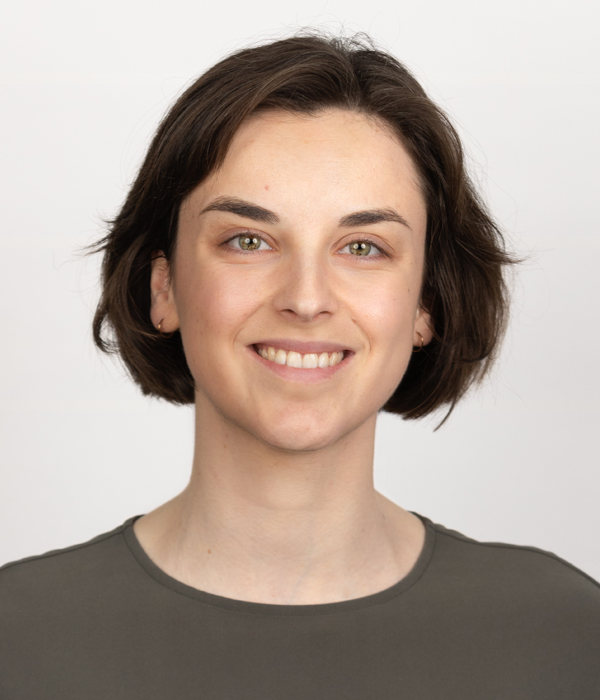
Iris Kostas
Iris came to Alluvium Consulting from a Master of Environment, where she specialised in climate change policy and governance. She has since contributed to several coastal and marine adaptation projects across Victoria, collaborating with local and state governments.<br> <br>Iris brings a keen strategic mindset to her work, complemented by well-developed skills in community, stakeholder and rightsholder engagement, which she considers vital for achieving robust environmental outcomes. She is passionate about partnering with First Nations peoples to support their leadership in environmental management. Iris is extending her work into strategy development for waterways and embraces the complexities of this role. She enjoys long-term, high-level thinking and the challenge of planning for a climate-altered future.
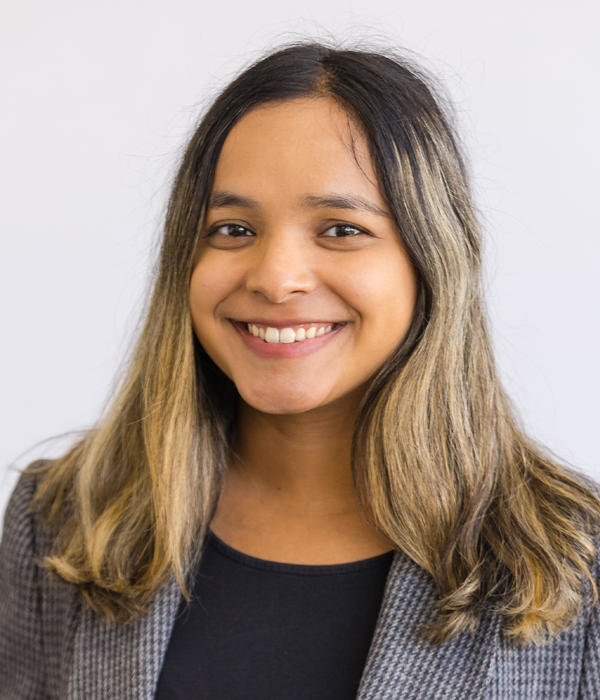
Adelina Lawrence
Adelina is an environmental scientist who specialises in integrated catchment and river management, environmental policy and strategy, and sustainable development. She is passionate about sustainable water management and advocates for interdisciplinary approaches to complex environmental challenges.<br><br>Her undergraduate dissertation assessed heavy metal concentrations in the Yellamallappa Chetty Lake Series in Bangalore, India. This dissertation served as a pilot study for a plan proposed by the Government of Karnataka to revive the lakes of Bangalore City (India) by supplying them with secondary treated sewage. Her research provided crucial insights for the initiation of the plan.<br><br>Since joining Alluvium, Adelina has contributed to a range of projects focused on water policy, strategy, program evaluation, and environmental water management. She has played a key role in developing evaluation frameworks for New South Wales Water Sharing Plans and contributed to the evaluation of the development process for Central Gippsland Region Sustainable Water Strategy. Through her work she has built confidence in managing and synthesising large datasets to inform decision-making.<br><br>Currently on secondment with Melbourne Water, Adelina leads the delivery of flood mapping projects across several local government areas within Greater Melbourne. This role has deepened her experience in project management and the coordination of complex projects with significant technical and strategic components.
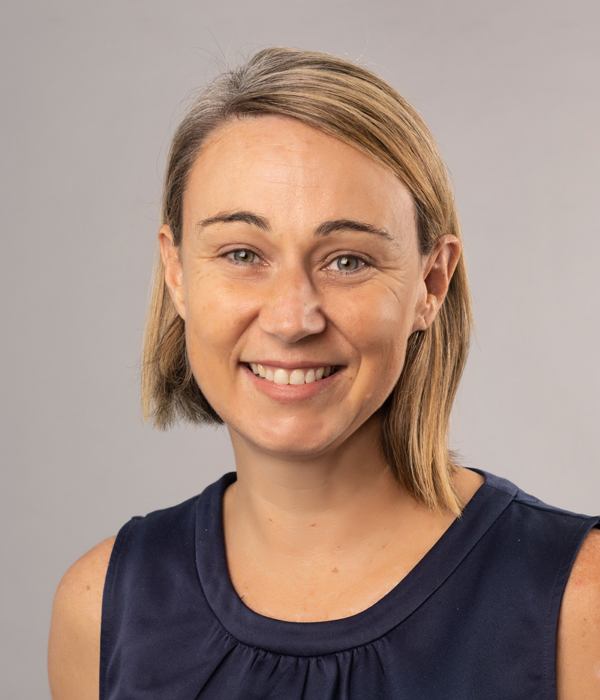
Alana Lorimer
Alana is an environmental scientist and project manager with 20 years' experience in natural resource management, strategy and planning for all levels of government, private enterprises, not-for-profit organisations, and government-owned corporations. Alana looks to provide a positive impact to communities and the environment through her work.<br><br>Alana’s professional experience has been varied and included the provision of practical construction environmental management advice through to the negotiation of strategic policy, project and funding-based outcomes. Alana has played a key role in the program design of regional monitoring and reporting programs and played an influential role in stewardship to support water quality improvement. This has included leading the establishment of the Dry Tropics Partnership for Healthy Waters and developing context-based water targets for BHP. Alana understands the importance of program evaluation and has assisted her clients in continual improvement processes to review the impact of their management.<br><br>Alana has experience in implementing the whole-of-system, values-based planning framework for the Reef 2050 Wetlands Strategy. With a working knowledge of the machinery of government Alana has developed governance frameworks, assisted with benchmarking for improved operational performance and developed multi-faceted programs all aimed at supporting local communities and their leaders to protect and restore natural resources and address risk in a practical and sustainable manner.<br><br>Alana has positively contributed towards improved social, institutional and environmental outcomes by playing a representative role on a range of advisory committees. A natural collaborator, Alana enjoys working with a diverse range of clients to solve systemic issues.
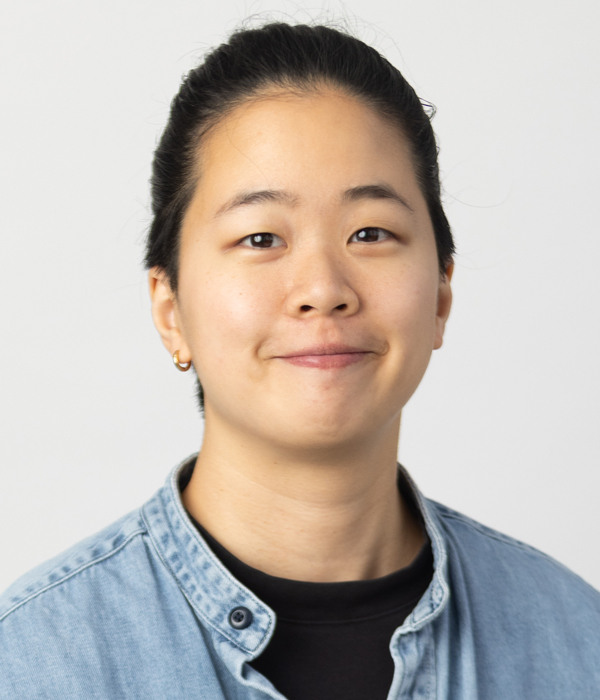
Alex (Li-Heng) Shen
Alex is an environmental scientist who completed a master’s degree in environmental science from the University of Melbourne, building upon her foundation in Geology from her bachelor’s degree. Throughout her master’s studies, she concentrated on water resource management, establishing a keen interest in stormwater management and water-sensitive urban design.<br><br>Her journey toward becoming an environmental scientist has been enriched by practical experiences. During her university studies, Alex completed an internship at CECI Geotechnical Consultancy in Taiwan, actively engaging in groundwater data analysis, field surveys, and supervising borehole drillings. While in Australia, she undertook the role of a project support officer at Melbourne Water, gaining firsthand exposure to water resource management and strategic planning. Additionally, her internship with Watertrust Australia further deepened her insights into the water industry, fostering a more holistic understanding of data analysis, water policy, and strategic planning.<br><br>Since joining Alluvium, Alex has focused on Integrated Water Management Strategies (IWMs) and Stormwater Management Strategies (SWMS). She has contributed to stormwater harvesting feasibility studies and Growling Grass Frog wetland designs, applying both technical analysis and hydrological modelling to inform decision-making and enhance environmental outcomes.
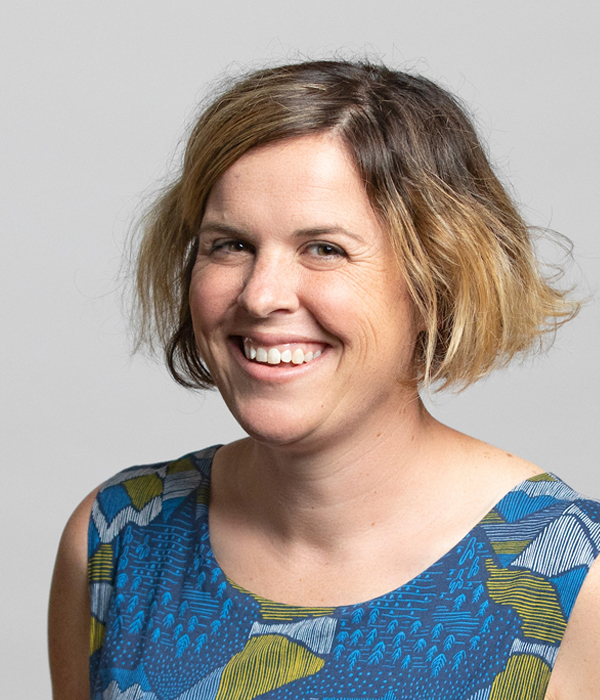
Amanda Wealands
Amanda has worked in natural resource, water and waterway management in Australia for over 20 years, with a focus on water resource management, environmental flows, integrated catchment management, strategy development and evaluation. Much of her work involves engaging and working with scientists, community groups, industry and government agencies on water resource management challenges.<br> <br>Coming from an engineering background, Amanda combines her technical expertise with strong facilitation and engagement skills to develop and implement strategic, agreed programs for the natural resource management sector. She comes to projects without a fixed agenda or advocacy platform, rather she brings a deep understanding of the need to engage stakeholders and develop trust to develop agreed and workable solutions for contested issues.
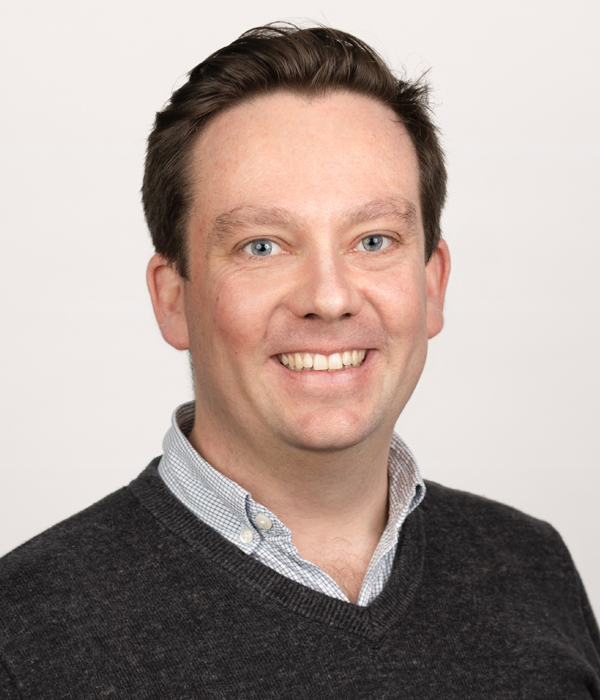
Andrew Little
Andrew is a Water Systems Engineer experienced in complex on water-related policy and strategic projects. With experience across the public and private sectors, Andrew has delivered floodplain management, riverway constraints and environmental water delivery projects across the Murray Darling Basin, Snowy River and priority waterways across Australia. He is a proficient project manager, expertly integrating stakeholder and interagency expert feedback, hydraulic and ecological data, and legislative requirements.<br><br>His work at Alluvium has included a range of environmental water management projects across Victoria and NSW. His work includes the assessment of flows against environmental targets in the Darling River, investigations for management of the Bellarine Peninsula Ramsar wetlands, Victorian Constraints Measures Program Feasibility Study, Snowy River Increased Flows program, and MDB Salinity management. <br><br>In his previous role at NSW Department of Planning Infrastructure and Environment (DPIE) Andrew helped deliver the Macquarie Valley Floodplain Management Project as part of the Healthy Floodplains Project aimed at developing a valley scale, strategic regulatory framework for floodplain management.
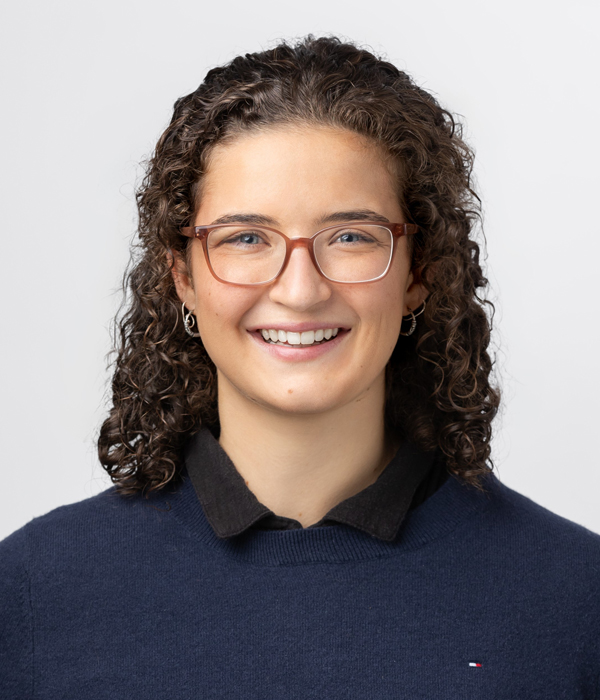
Alexandra Nero
Alexandra is a skilled water resources engineer with a strong focus on floodplain management, hydraulic modelling, water quality modelling and design, environmental assessment and Geographic Information System (GIS) capabilities. Her experience includes developing and implementing flood risk management strategies, which are crucial for safeguarding communities and ensuring sustainable development. Alexandra’s expertise encompasses a range of activities from risk assessment to mitigation planning, showcasing her ability to deliver solutions that address complex environmental challenges.<br><br>In addition to her floodplain management skills, Alexandra’s proficiency in GIS is noteworthy. She possesses a deep understanding of spatial data analysis and has a proven track record of leveraging GIS technology to support environmental projects. Her skill set includes data collection, analysis, and interpretation, which are essential for making informed decisions in water resources and flood risk management. Alexandra’s GIS expertise is a valuable asset, enabling her to provide insights that drive project success and contribute to effective risk management solutions.<br><br>Alexandra has worked on projects throughout New South Wales, Victoria, and Queensland, and therefore has a robust understanding of each state’s planning policies and environmental governance regarding floodplain management and water quality. She also has experience as a project manager, managing large and complex flood modelling projects in Victoria. In addition to her technical expertise, Alexandra has strong leadership and presentation skills and the ability to coordinate multidisciplinary teams effectively. Alexandra’s technical knowledge and hands-on experience make her an asset in any project aimed at enhancing environmental resilience and water resource management.
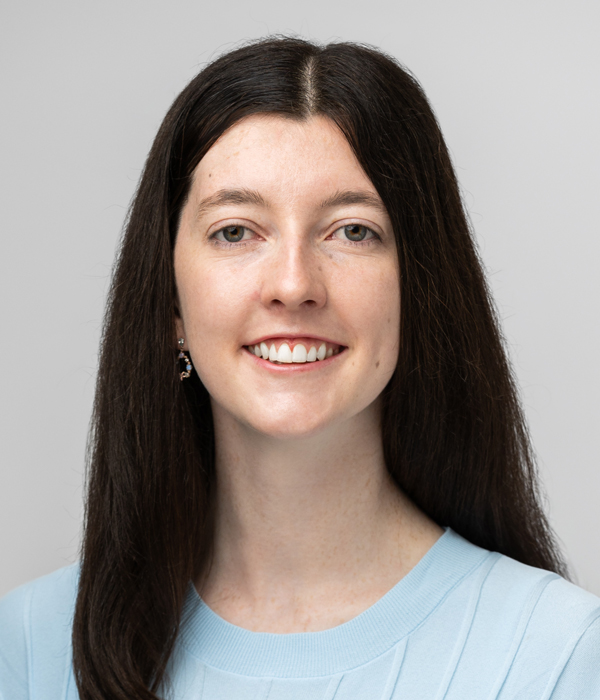
Angelina Newton
Angelina is a graduate engineer with a Bachelor of Civil Engineering (Honours) and Bachelor of Arts, majoring in Japanese studies with a minor in Indonesian studies. She graduated from UNSW in September 2024. Angelina completed her Honours Research Thesis on climate change and urban water quality in 2023, receiving a High Distinction. Her thesis investigated the impact of longer dry spells expected with climate change on water quality in urban catchments, for which she reviewed NOAA rainfall and temperature data and existing literature to add a water quality component to a SWMM model in Minnesota. Before joining Alluvium, Angelina worked as a student engineer, where she assisted with the preparation of flood studies and flood models, used GIS software to prepare flood impact figures, and corresponded with clients to provide helpful updates on the status of insurance claims and Council flood studies.
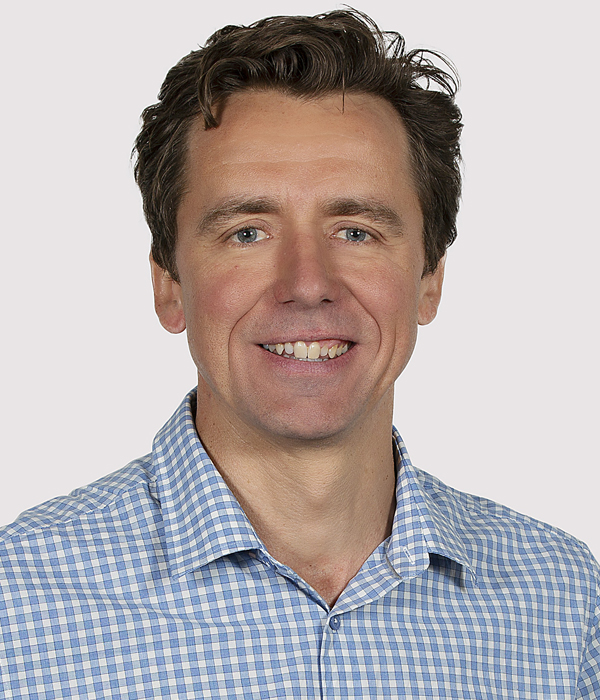
Bill Moulden
Bill is an environmental scientist who helps organisations tackle large-scale systemic problems. With 20 years’ experience in in the public and private sectors, he brings a wide range of perspectives to problems of water resource and environmental management, climate change adaptation, inclusive governance, and organisational change.<br><br>He has used his technical expertise in hydrology and ecology to manage complex environmental water resource assessments in multi-stakeholder situations across Australia. He works in multi-disciplinary teams and has developed new technical methods to assess the impacts of water resource developments within the context of a changing and variable climate.<br><br>He has worked extensively across Queensland with local government and water authorities to implement the Queensland Climate Resilient Councils framework. Through this work, he has implemented collaborative processes for identifying and managing the risks of climate change and natural disasters.<br><br>He has experience and enjoys working on systemic problems, where delivering successful projects requires an understanding of stakeholders with widely different worldviews and motivations. Within this context, he has helped government and private sector clients to understand their policy environment, identify and manage risks, and develop strategies to achieve shared objectives.
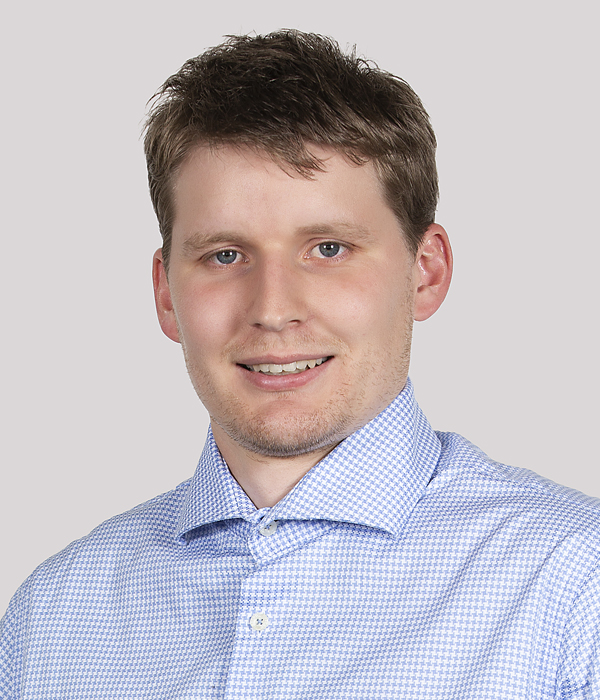
Bryce Davies
Bryce is an Environmental Engineer with experience in various areas, including fluvial geomorphology, waterway management, waterway diversion design, erosion and sediment control, hydrology, and hydraulics. He enjoys collaborating on projects that involve diverse disciplines and require him to utilise all his skills while critically analysing how systems interact in the real world.<br><br>Bryce has extensive experience with various hydrologic and hydraulic modelling packages. He is a skilled 12d designer, specializing in the design of river diversions in rural areas, gully restoration projects, and ensuring riverbank stability in urban environments. Additionally, Bryce has proven his ability to collaborate effectively within diverse teams while overseeing construction on river diversions in the Bown Basin. These projects required a high level of quality and attention to detail, as he worked closely with both the client and the construction contractor.<br><br>Bryce has worked with clients from both Local and State Government as well as several private clients and landholders. Having worked on many multi-million-dollar projects over his career, Bryce understands the importance of attention to detail, innovation, collaboration, and delivering projects on time.
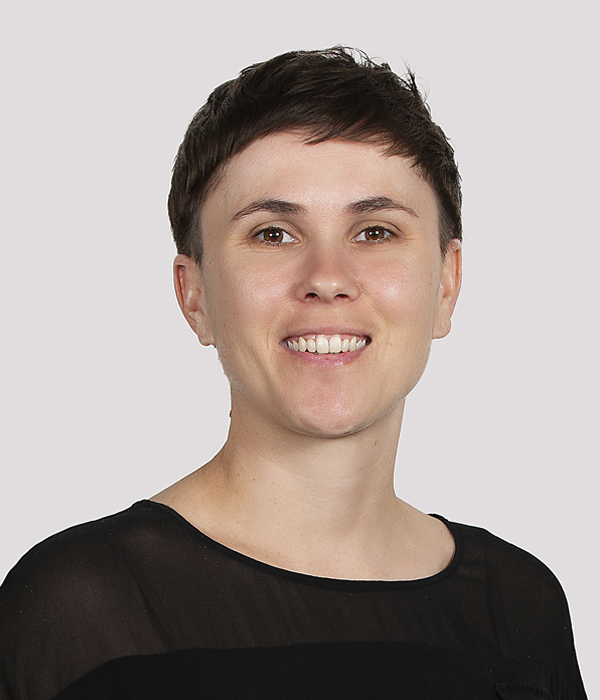
Marnina Tozer
Marnina is an environmental engineer and geomorphologist who specialises in the interactions between hydrology, hydraulics, sediment transport processes, and fluvial geomorphology. Marnina brings enthusiasm for river health and waterway design and is valued for her technical and communication skills.<br><br>Marnina has broad experience in waterway planning and management projects from post flood assessments to detailed design of bank stabilisation works. Since joining Alluvium in 2019, Marnina has been part of the flood recovery team that delivered post flood assessments, site prioritisation, and concept and detailed designs for waterway rehabilitation works following extensive flooding across the Victoria and Queensland. Marnina also has extensive experience in the development of bank stabilisation strategies that improve riparian and fish habitat outcomes. This includes the detailed design of a $9M program of bank stabilisation works within the lower Caboolture River estuary which aim to reduce sediment and nutrient loads entering Moreton Bay.<br><br>Marnina is dedicated to improving stream restoration science through research into stream bank modelling and management. Research projects include investigation to improve the modelling of streambank erosion and floodplain deposition which has large impact on sediment export rates in Great Barrier Reef catchments. Marnina was also a core part of the team that won the River Basin Management Society (RBMS) Building Knowledge in Waterway Management Award (2022) for research exploring improvements to the cost-effective design of pile field bank stabilisation.
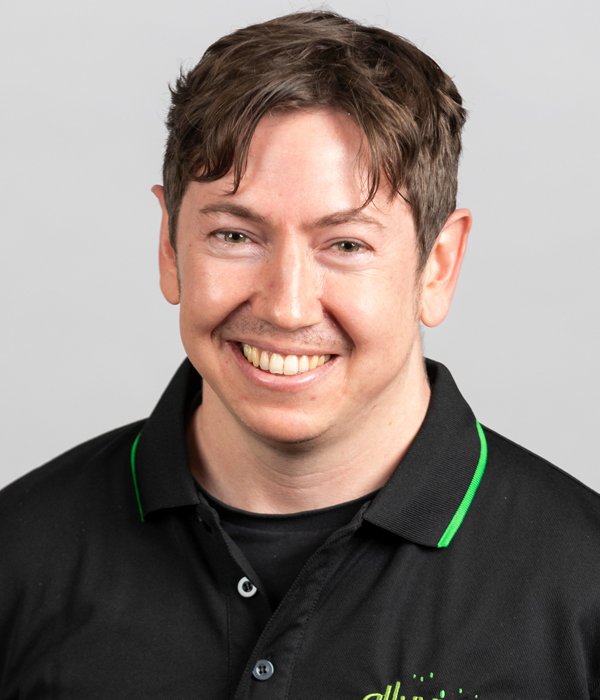
Dr Paul Richards
Paul is an experienced and versatile environmental consultant. He is committed to delivering excellent outcomes for our clients, as demonstrated across over 100 projects for the Alluvium Group. He has a particular interest in waterways, bushfires, and coastal environments, and he is skilled in technical writing, spatial analysis, and project management.<br><br>Paul’s research has been published in international journals such as <em>Earth Science Reviews</em>, <em>Earth Surface Processes & Landforms</em>, <em>Urban Forestry & Urban Greening</em>, and <em>Ecological Engineering</em>. His PhD research was about bioturbation and post-fire hillslope erosion processes, and his MPhil research was about bioretention systems and urban hydrology. He has taught Earth and environmental science at three Australian universities (Macquarie, Monash, and Melbourne).<br><br>Paul also draws on his experience in previous consulting and government roles, which included impact assessments for large international infrastructure projects, science communication for a green infrastructure company, and spatial and hydrological data analysis for Geoscience Australia.
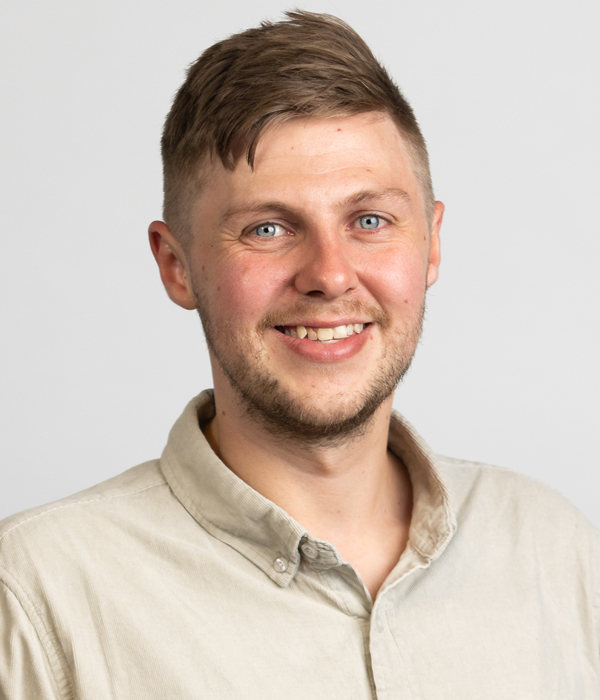
Dylan Brand
Dylan is a drainage and waterways engineer, specialising in urban water design and flood modelling. Dylan has direct experience in the design of drainage strategies for a range of unique environments, developing drainage and stormwater management strategies for a range of residential and commercial future developments, whilst working within environmental legislative bounds and delivering key development objectives. Dylan has also worked on several flood assessment and hydrologic modelling projects, using RORB and TUFLOW to ensure that proposed future assets / township developments meet Melbourne Water / CMA requirements with respect to peak managing peak runoff and flood level increases when directly outfalling into natural waterways, flood plains and existing drainage infrastructure.<br><br>Since joining Alluvium, Dylan has worked on several stormwater management and waterway design projects. Specifically working in urban drainage, Dylan has designed a number of stormwater quality assets including wetlands, sediment basins and bioretention basin assets and a number of stormwater quantity management assets, including retarding basins, constructed waterways and embankment designs, these have included a range of designs from concept to detailed, using such software such as RORB, MUSIC, TUFLOW, HECRAS, QGIS, AutoCAD and 12D.<br><br>Dylan joined Alluvium’s Urban Water team following a previous undergraduate role in Melbourne Water’s Development Services team.
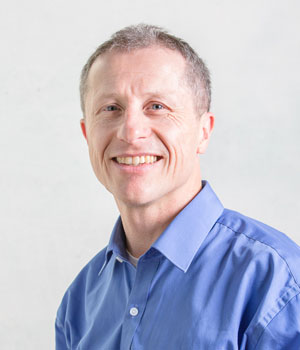
David Winfield
David Winfield is a water resources expert with over 25 years’ experience in water policy development, river basin planning, best practice regulation and governance advice, at regional, state, river basin, national and international levels. David has detailed knowledge, experience and expertise in the Murray-Darling Basin, Snowy and NSW water legislative, policy and regulatory frameworks. <br><br>David is Alluvium Consulting’s Strategy and Policy Business Area Lead. With Alluvium since 2015, David has played a leading role advising on water policy, river basin planning, evaluation, audit and regulatory best practice projects for the Australian Government and for Murray-Darling Basin States. He has led an Australian Water Partnership team providing expert advice on river basin planning and institutional reform to India and the Asia-Pacific, led authorship of <em>BasinGuide</em>, and advice to Laos and Vietnam. He led the Expert Panel Review of the NSW Government Snowy Water Licence regulatory function, followed by development of best practice regulatory policy and procedures. He has led independent audit of 15 NSW water sharing plans (WSPs), and compliance, enforcement and reporting framework advice to the Inspector-General of Water Compliance. He has led policy, regulatory, monitoring and evaluation projects for the Murray-Darling Basin Authority (MDBA). David contributed policy advice to MDBA’s Constraints Roadmap and led successful negotiations with officials to develop a pathway forward for Murray River Constraints. David provides policy advice for NSW Reconnecting River Country (Constraints) Program. <br><br>At the MDBA from 2009-2015, David was the Director leading policy development and planning of the monitoring, evaluation and reporting framework for the Murray-Darling Basin Plan, a national integrated cross-jurisdiction river basin planning framework. David led consultation with State and Commonwealth agencies, legislative drafting instructions, reporting guidelines and evaluation framework development. He also led early compliance and regulatory framework development and the method for compliance with the sustainable diversion limit (SDL). <br>With New South Wales from 1998-2009, David was involved in water resources planning in the Macquarie, Lachlan and Barwon-Darling Rivers, the Sydney metropolitan area, and a State-wide Groundwater Planning Panel. David led NSW policy development, implementation, guidance and legislative reform implementing water quality objectives and guidelines. David also led a team carrying out regulatory compliance and enforcement of environmental legislation with industry, public authorities and farmers.
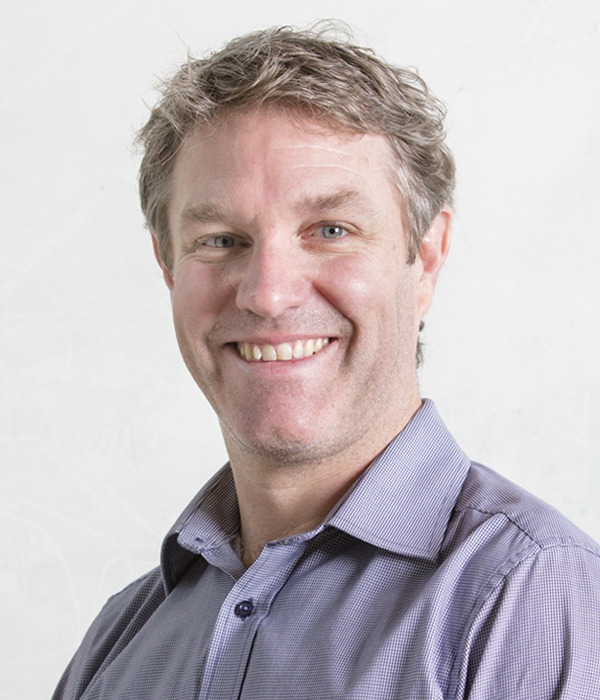
Dan O'Halloran
Dan is an urban water specialist who works with communities, government and industry to develop urban water and integrated water management (IWM) strategies across all scales. Dan’s academic background is in economics, environmental engineering and sustainability. He gains much of his professional satisfaction through stakeholder and community engagement, by bringing people together to understand their needs and develop plans and strategies to meet their requirements. <br><br>Dan has experience in the private and public sector across water and sewerage infrastructure planning, IWM, stormwater management, waterway health and liveability. These experiences have reinforced his belief that rethinking how we deliver water cycle services will be critical to delivering liveable urban environments into the future.
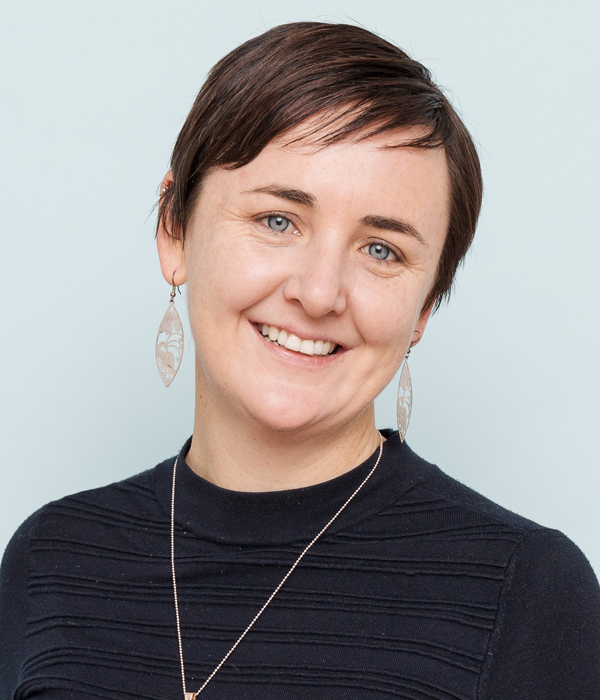
Dr Katie Ryan
Katie Ryan is an expert in designing and delivering evaluations for natural resource management programs. With almost 20 years of experience in monitoring and evaluation, her expertise is grounded in a PhD in freshwater ecology and a master’s degree in program evaluation. Katie is deeply passionate about bridging the gap between science and policy to promote evidence-based natural resource management.<br><br>Since joining Alluvium in 2021, Katie has successfully led evaluation and strategic policy projects for Commonwealth, State, and local governments, as well as for international clients. A skilled communicator and facilitator, she has organized and conducted numerous workshops, stakeholder interviews, and focus groups. Katie is committed to engaging with diverse stakeholder groups, including First Nations peoples, ensuring their values and needs are integrated into policy frameworks.<br><br>Katie's extensive experience in the Murray-Darling Basin, including eight years at the Murray-Darling Basin Authority, has given her a profound understanding of the Basin Plan and the intricate complexities of this water reform. She has collaborated with interjurisdictional groups to influence programs and policies across the Basin.<br><br>Residing in Canberra, Katie holds a particular fondness for the Upper Murrumbidgee River, where she completed her honours research. She is actively involved in the Upper Murrumbidgee Catchment Network and is an adventurous volunteer who often spends time on the river. Katie enjoys opportunities to contribute to local projects within the Upper Murrumbidgee catchment whenever possible.
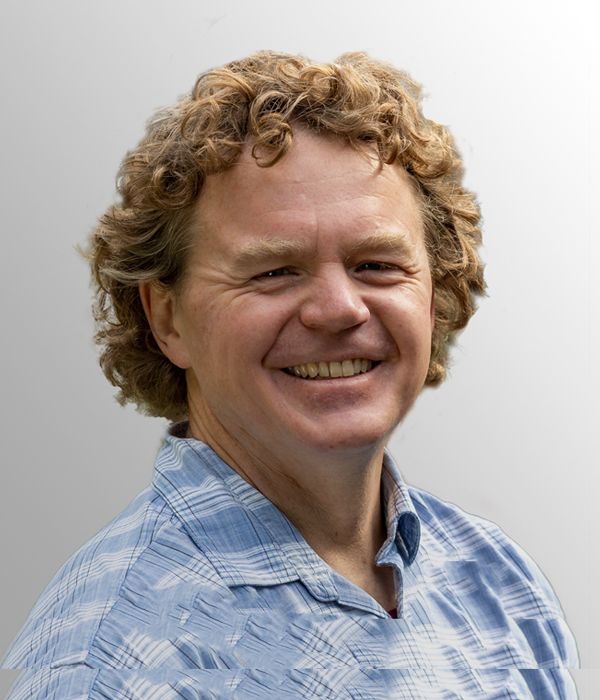
Dr Anthony Kiem
Anthony is an Associate Professor of Hydroclimatology at the University of Newcastle, Australia, where he leads the Centre for Water, Climate and Land (CWCL). The CWCL is a partnership between the University of Newcastle and Alluvium that focuses on understanding and dealing with the impacts of climate variability and change in the Asia-Pacific region. <br><br>For more than 22 years, Anthony has been involved in a range of projects where insights into the impacts of climate variability and change are used to enable stakeholders from public and private sector organisations to better assess their climate related risk and to develop more informed climate adaptation and mitigation strategies. Of particular interest are hydrological extremes and how these may change in the future.
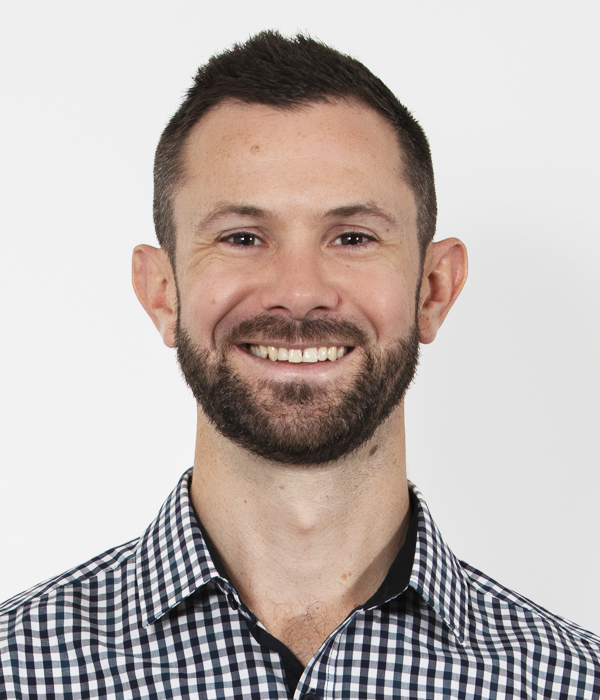
Dylan Chenoweth
Dylan is a dedicated surface water scientist with expertise in hydrologic and hydraulic modelling. He graduated with first-class honours in 2018 from Flinders University, majoring in coasts and catchments. This experience provided him with a strong foundation in environmental science, particularly focused on the interface between land and water.<br><br>His commitment to solving complex water-related challenges has led him to work extensively across southeast Victoria and southeast Queensland.<br>With over five years of industry experience, Dylan has honed his skills in hydrologic, hydraulic, and spatial analysis, making him a trusted professional in the water management sector. His understanding of coastal processes and geomorphology complements his knowledge of regional catchments and urban surface water, allowing him to address a wide range of environmental challenges. Dylan's approach integrates both technical rigor and a client-centred focus, stemming from more than a decade of experience in customer service.<br><br>Dylan’s recent work includes flood impact assessments and stormwater management plans for infrastructure, utility and housing developments; regional flood studies; flood intelligence (emergency services); end-of-life mine rehabilitation plans, and coordination of trade waste and recycled water.<br><br>Dylan embraces each project uniquely and brings new ways of thinking to spatial analysis and hydraulic modelling to convey meaningful results in fluvial, pluvial and coastal studies.
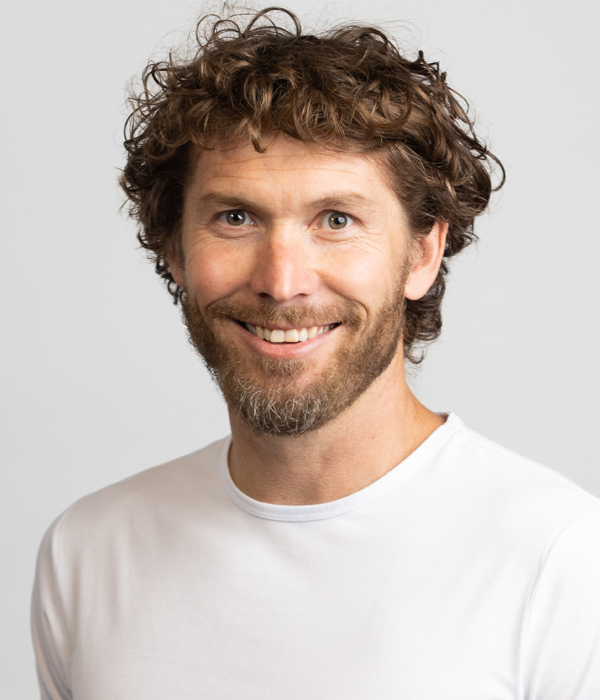
Dr Petter Nyman
Dr. Petter Nyman is a hydrologist with over 20 years of research and consulting experience. He combines his technical expertise in hydrology with effective communication skills to drive impactful projects and achieve tangible outcomes through innovation and collaboration. Petter excels at the intersection of research and practice, consistently integrating science, novel methods, and evidence into the services we offer. He is passionate about using science communication and knowledge transfer to enhance decision-making.<br><br>At Alluvium Group, Petter applies his hydrology expertise to a wide range of projects, including catchment hydrology, climate risks, bushfire management, water security, forest ecohydrology, erosion, and geomorphic hazards. With an analytical mindset and advanced technical skills, he leads projects involving big spatial data, modeling, coding, and remote sensing technologies. These efforts generate evidence, tools, and insights that improve decision-making and outcomes for water and land management sectors, both in Australia and internationally.<br><br>Throughout his career, Petter has published over 40 peer-reviewed journal articles on hydrology, bushfire, and forest science. He continues to engage with the research sector by supervising PhD students and conducting applied research at the intersection of hydrology, climate change, land use, and bushfire.<br><br>Petter is currently the Hydrology Business Area Lead at Alluvium.
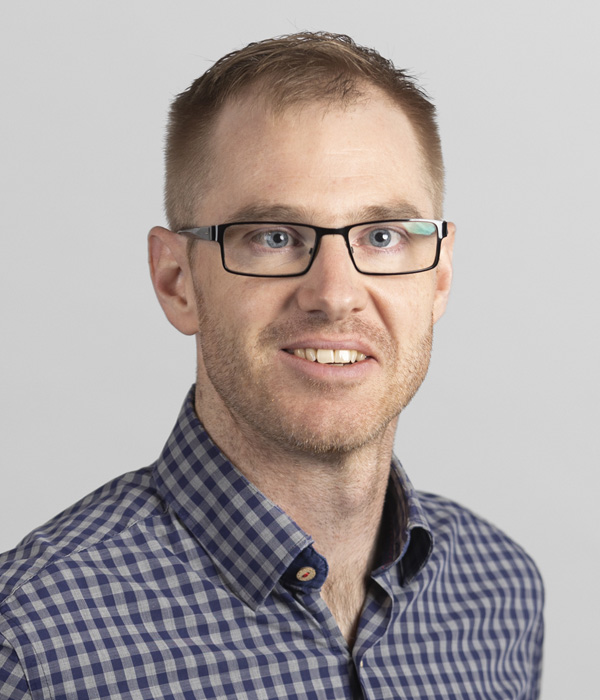
Dr Alex Sims
Alex is a geomorphologist working at the intersection of river processes and society in Australia and New Zealand. For the past ten years, Alex has worked with all levels of government, universities, water utilities, NGOs, peak industry bodies, traditional owners and private clients to solve complex problems in catchment management. Alex is an experienced project manager and technical lead on projects that range from small to large and complex.<br> <br>Much of Alex’s work is undertaken in partnership with hydrologists, engineers, ecologists and planners. Working in collaborative teams to identify and then design the interventions that can be used to manage landscapes, mitigate the impact of geomorphic hazards on communities and ecosystems and improve the condition of urban and rural waterways. This work draws on Alex’s experience using field assessments, hydrological, hydraulic and sediment transport modelling, spatial data workflows, conceptual and numerical model development and stakeholder engagement.<br><br>Alex contributes to the wider river management sector through peer-reviewed publications and participation in the River Basin Management Society (Australia), the Australia New Zealand Geomorphology Group and the NZ Rivers Group.
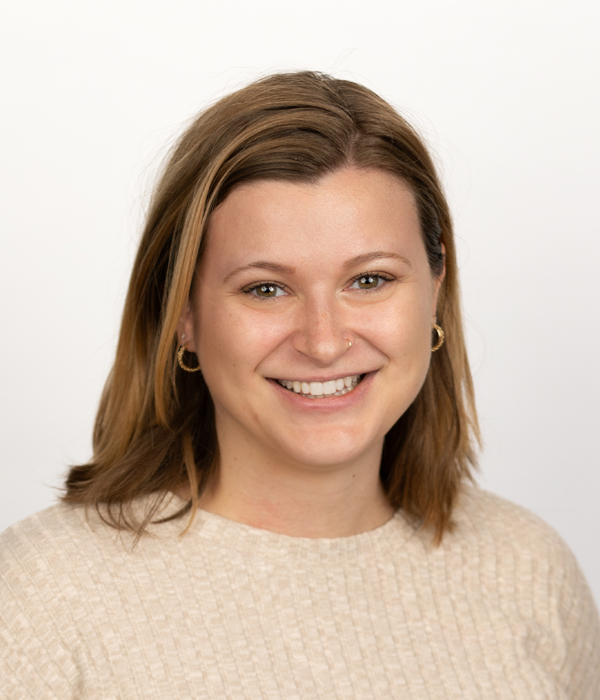
Dr Kristen Joyse
Kristen is a geologist with expertise in sedimentology, natural hazard modelling and coastal and fluvial geomorphology. Kristen has an extensive understanding of catchment processes to address management issues related to land use and climate change. Kristen has extensive coding and modelling experience, which she has utilised to develop numerical and statistical models for characterising erosion processes, catchment water balance, and natural hazards including flood frequency and landslide analyses. Kristen also has extensive field experience in coastal and fluvial environments and possesses a range of analytical skills to process and interpret complex datasets. Kristen has published multiple peer-reviewed articles related to these topics.<br><br>Since joining Alluvium, Kristen has worked on a variety of projects modelling the geomorphology and hydrology of catchments and rivers. Kristen combines her excellent communication skills, technical expertise and exceptional organizational skills to lead and deliver projects, with emphasis on timely delivery, quality assurance, risk management and effective reporting. One of her key strengths is in synthesising complex information into visually appealing graphics including maps, schematics and high-quality figures. Kristen enjoys working within transdisciplinary teams to address issues surrounding complex environmental problems.
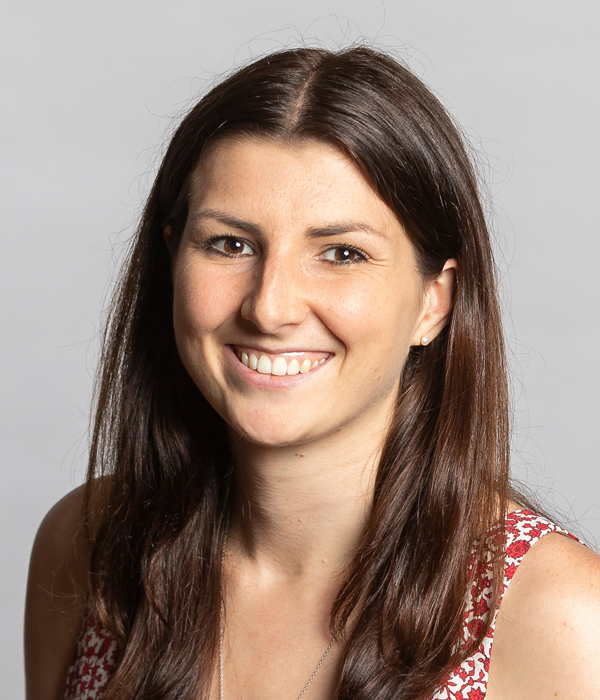
Emma Hodson
Emma is an environmental scientist specialising in geospatial analysis, fluvial and coastal geomorphology, catchment and coastal management, and stakeholder engagement. With near 10 years’ experience, Emma is a versatile consultant providing project management, technical analysis, fieldwork, and GIS expertise for coastal and catchment projects across Australia.<br><br>Emma leads the development of catchment and coastal management plans, options assessments, concept designs, and adaptation strategies. She excels in geospatial analysis, conducting both desktop and field assessments of coastal and fluvial processes, environmental flows, wetland and waterway health, stream stability, and foreshore management. She is passionate about understanding physical processes and solving problems at the intersection of human and natural systems.<br>Emma is a core member of Alluvium's team delivering strategic coastal and marine management and hazard adaptation planning. She applies policy at a local level, designing on-ground waterway and foreshore management programs and applying hydraulic, hydrodynamic, and hydrologic models to solve problems. Emma's strategic thinking, technical skills, and passion for excellence drive exceptional project outcomes.<br><br>Spanning a range of disciplines, Emma is adept at communicating complex science simply, to a variety of audiences. She values stakeholder and community engagement, building strong relationships with clients and communities.
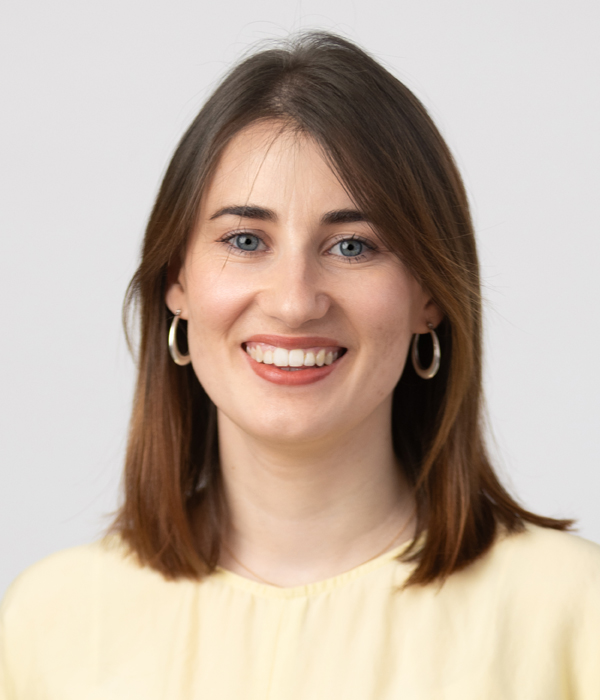
Ella Guthrie
Ella is an environmental engineer with expertise in environmental hydrology, hydraulic and water resource modelling and climate change impact assessment. Her work has focused on the implementation of water resources management, with experience in dam and waterway engineering, WASH and international development. Ella has strong capabilities in project management and coordination technical projects with diverse stakeholders.<br><br>Ella has worked with Melbourne Water as a Project Manager of a number of municipal flood mapping projects, she coordinated a team of water resources engineers and presented in technical workshops in her time working on an Australian Aid development program in Cambodia, and as a consultant Ella has both led and implemented hydrological and water resources management projects across Victoria.<br><br>Ella’s technical experience includes catchment modelling for both water resources and demand management, and dambreak and flooding in Victoria, Queensland, South Australia, Northern Territory and internationally using eWater Source, REALM, STEDI, PRIDE, SEI WEAP, RORB, TUFLOW and HEC-Lifesim.<br><br>Ella was involved in a number of Victorian Source model uplift projects and has also worked in Cambodia leading the development of eWater Source catchment models within the 3S and 5P river basins to determine dam sizing, demands and available water for the design of an agricultural investment scheme under the World Bank funded Cambodian Water Security Improvement Project.<br><br>Ella has a passion for sustainable water management and social justice and is interested in drawing on both technical and social perspectives when approaching diverse project challenges.
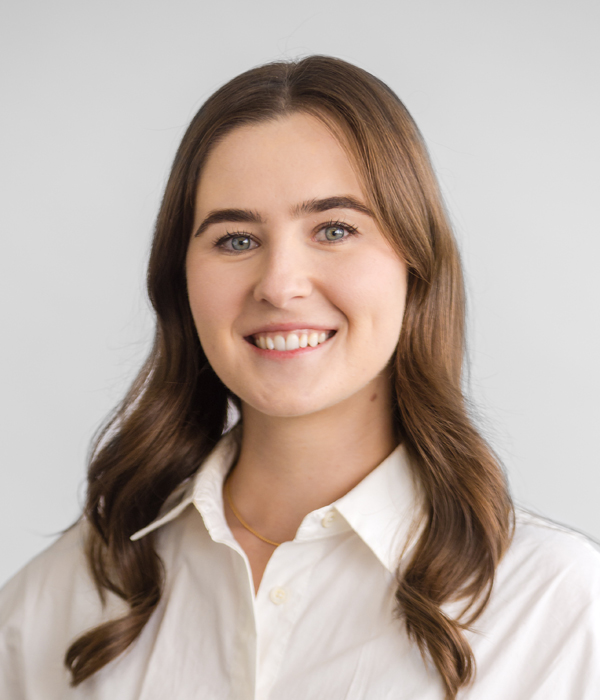
Georgia Burkin
Georgia is a water policy and strategy specialist with over eight years of experience. Since joining Alluvium in 2018, she has delivered basin planning, policy, and evaluation projects across eastern Australia, with a focus on the Murray Darling Basin, as well as internationally in Lao PDR.<br><br>She has contributed to key projects for the Murray Darling Basin Authority, Basin States, and the Inspector General of Water Compliance. Georgia led the first Water Resource Plan audit conducted on behalf of the Inspector General of Water Compliance in Queensland and has undertaken extensive audits of Water Sharing Plans and Floodplain Management Plans in New South Wales.<br><br>Internationally, she led development of the Nam Xam Basin Plan in collaboration with the Lao Department of Water Resources under an Australian Water Partnership initiative. This involved coordinating partner agencies and experts, facilitating stakeholder engagement, and supporting capacity building for government staff.

Advait Madav
Regional Manager - South Asia
Advait is an experienced water professional working with Alluvium in Australia and across the Indo-Pacific on Integrated Water Management and Climate Resilience. Advait holds an engineering background with a Master’s Degree in International Urban and Environmental management. Through his work bringing the Australian and Indo-Pacific water sectors together, he aims to enable the sharing of knowledge and create connections to inspire improved sustainable water management.<br><br>Internationally, Advait’s experience covers a wide range of projects covering ecosystem based adaptation, climate resilient urban water planning, and basin scale water management. Advait has worked with the Australian Department of Foreign Affairs and Trade (DFAT) and Country Governments across India, Nepal, Bangladesh, Viet Nam, Lao PDR and Myanmar. For example, Advait is currently leading a project for the Government of Nepal and DFAT to provide Technical Assistance for developing a climate resilient water supply model for optimum intake of water from diverse water sources. Advait has also previously worked with the DFAT-funded Australian Water Partnership (AWP) for river basin planning and water sensitive city projects in India. Advait has demonstrated strong governance and management processes that help deliver exceptional outcomes for our clients.<br><br>In Australia, Advait has worked on diverse streams of urban water management including integrated water management plan (IWMP), water sensitive urban design (WSUD), and urban water policy framework. It includes an understanding of drainage schemes and concept & functional designs for onsite stormwater retention and management. Advait understands the fundamentals of IWM and is able to develop water balance analysis, strategy and models to make the best use of stormwater at lot, street, and city scale.
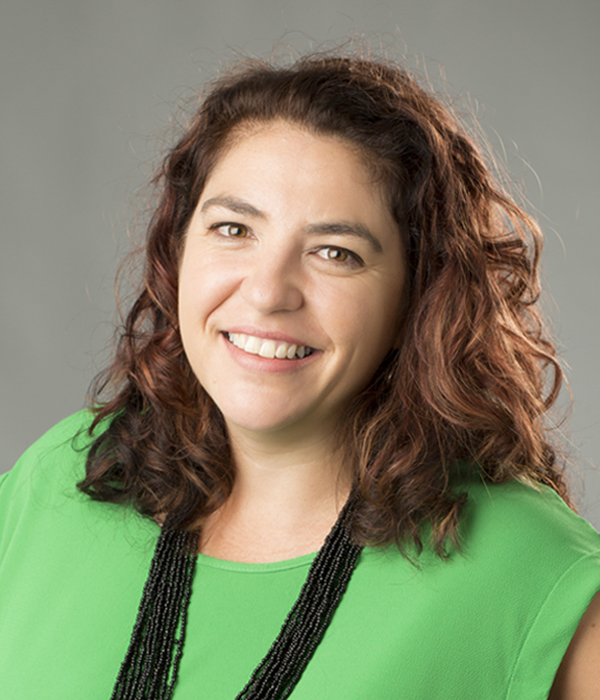
Fiona Chandler
Fiona is a transdisciplinary water and natural resource management specialist with 30 years’ domestic and international experience that spans government and non-government organisations, research institutions and private sector. Fiona is passionate about designing and delivering authentic and culturally appropriate participatory processes that underpins inclusive decision-making for complex problems.<br><br>Fiona applies and adapts her extensive practical knowledge and expertise in the fields of river basin and catchment management, water quality and waterway health, integrated water management, and water resources management to build effective enabling environments to support sustainable outcomes for the environment, Traditional Owners and the broader community. Fiona draws on her training and experience in stakeholder engagement, facilitation, knowledge and research management, strategic planning, project management, program and project evaluation, and capacity development at individual, organisational and institutional scales to ensure projects are holistic, integrated and sustainable.
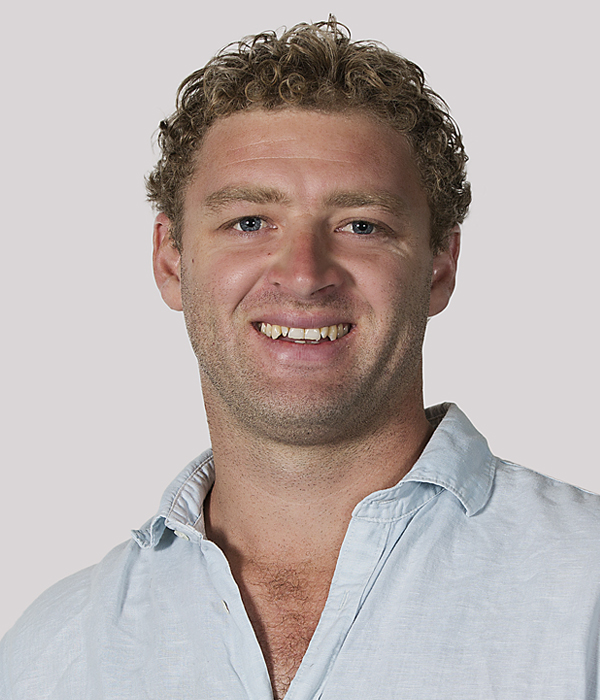
James Teague
James is an environmental scientist with a keen interest in hydrology, integrated catchment management and fluvial geomorphology. Since joining Alluvium James has worked on a number of projects involving hydrologic and hydraulic modelling and analysis, geospatial analysis, field assessments and post flood impact assessments. James was most recently involved in a post flood assessment of the Mackay-Whitsundays, Fitzroy Basin, and Mary River regions following Cyclone Debbie. The projects involved both desktop assessments and field-based investigations to assess erosional channel change processes across the region. Prior to joining Alluvium, James was the owner/operator of a residential construction company in Adelaide, South Australia. Nine years in this position provided him with invaluable experience in both project management and client/stakeholder relations, along with an in depth understanding of business operations. James has a strong passion for pursuing effective watercourse rehabilitation while meeting the diverse range of desired outcomes for Alluvium’s clients.
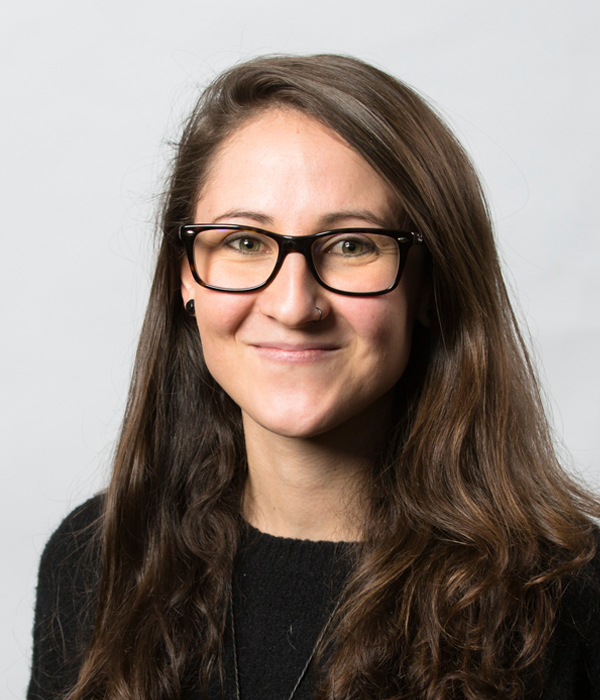
Lilly Stevens
Lilly has several years’ experience conducting social research in the water resource sector, including conducting interviews with industry professionals and the community, conducting desktop studies, and data analysis. Over the past two years Lilly has worked as an applied social scientist within the Rural Innovation Research Group with work focusing on improving resource management, extension and change management, improving knowledge utilisation, and transitions in farming systems. Lilly grew up on a farm and originally developed an interest in the environment through volunteering with the local catchment care group. Her volunteering and working life has given her first-hand experience of the challenges and complexities when navigating diverse stakeholder perspectives to achieve environmental outcomes.
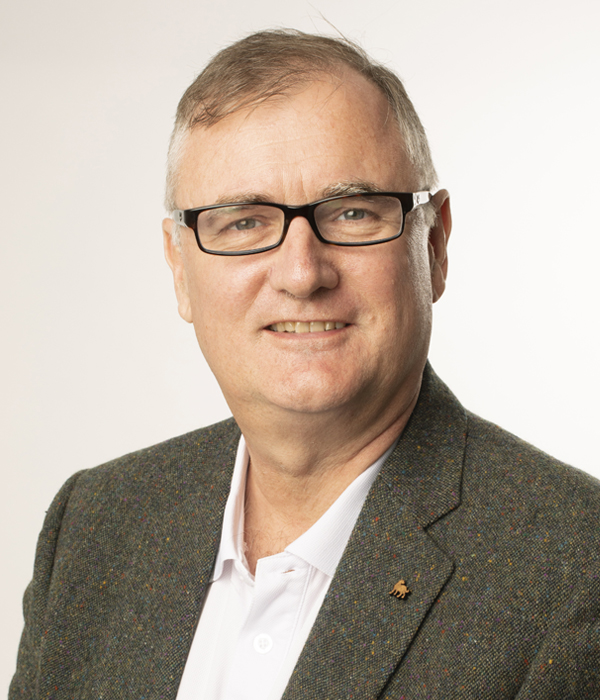
Jason Carter
Jason is based in Townsville and is Alluvium’s Principal Project Manager and Environmental Management specialist working on selected projects. Jason is also former Chair, Director of Alluvium Consulting Australia, and Queensland Regional Manager with 30 years’ experience in natural resource management and planning gained in roles for both government (6 years) and in the consulting industry (24 years). During his professional career Jason has specialised in river, wetland and catchment management projects in South Australia, Western Australia and Queensland. Jason is experienced in the management and delivery of large multi-disciplinary natural resource management projects with a particular emphasis on rivers, wetlands, catchments and impact assessment. Other areas of expertise include stakeholder consultation and Australian native fish.<br><br>In recent years Jason has been managing major projects assessing the water related impacts of mining and Coal Seam Gas (CSG) developments and the associated development of management strategies for surface water and groundwater. Specific experience includes: legislative context; significance of impacts; cumulative impacts; residual impacts; assessment of hydrology and geomorphology; surface and groundwater interactions, avoidance, mitigation and management measures, inspection and monitoring.<br><br>Combining his keen interest in fish and a desire to make a difference, Jason’s enthusiasm for his work is evident to his clients and has resulted in much repeat business and ongoing projects.
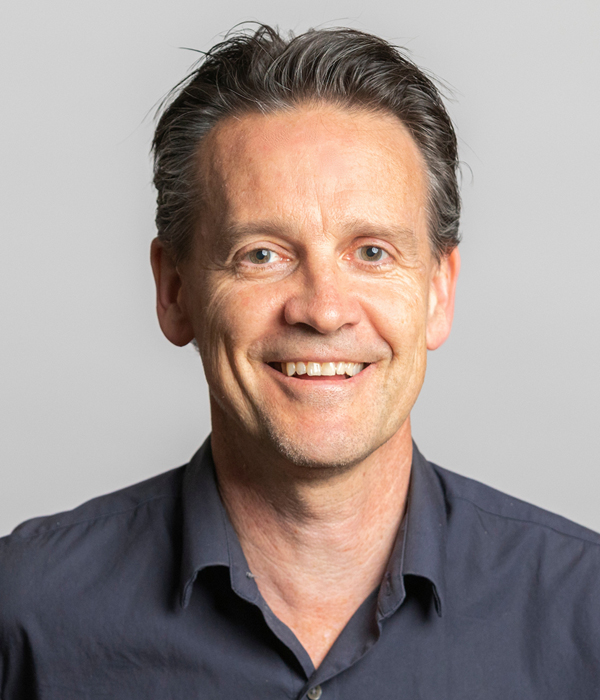
Jonathon McLean
Jonathon is a leading urban water practitioner who is actively involved in the development of best practice guidelines for urban stormwater, waterways, threatened species and recycling. He has over 30 years of experience in the urban water sector and joined Alluvium as a principal consultant in 2012 to provide strategic advice on sustainable water systems for built and natural environments.<br><br>Jonathon is an expert in understanding and managing the impact of urbanisation on catchment hydrology, waterways and ecological processes. Passionate about the transformation towards a more water sensitive cities approach, Jonathon draws on his strong background in technical design and understanding of stakeholder expectations and objectives to deliver projects from planning through to implementation. He has worked closely with Melbourne Water, local governments and developers to identify, evaluate, plan and deliver sustainable water initiatives for growth city planning using innovative research to manage the urban water cycle.<br><br>In addition to presenting at numerous forums and seminars, Jonathon has also delivered state-wide training sessions to industry on integrated water management, storm water harvesting and constructed waterway design. Jonathon’s expert urban hydrology skills have also been used by the likes of the Victorian Government agencies and Melbourne Water to inform eco-hydrology strategies for the protection of threatened species such as the Growling Grass Frog and Dwarf Galaxias. Jonathon’s skills and knowledge have been widely sought as a stormwater expert for Planning Panel and tribunal hearings.<br>Jonathon is currently providing water sensitive urban design advice to Melbourne’s leading developers and agencies such as Melbourne Water, the Victorian Planning Authority, and local government to assist with the vision of sustainable growth planning.<p style="font-weight: 400;"></p>
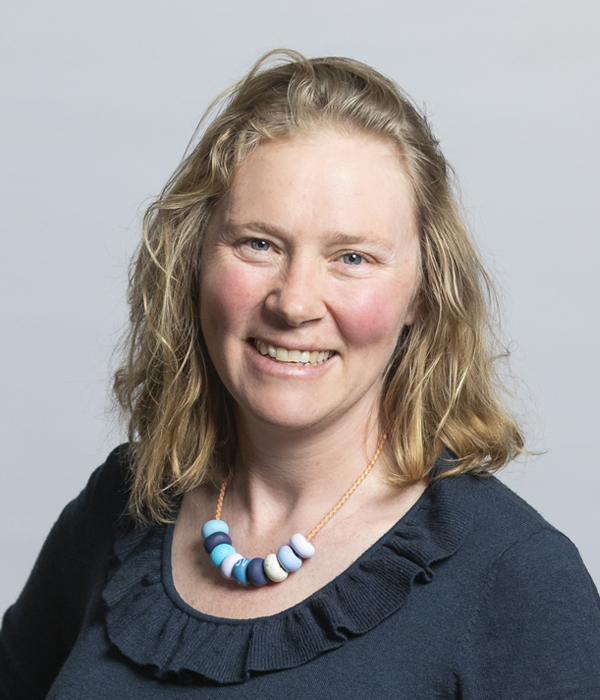
Lisa Kitson
Lisa is passionate about working with teams to develop strategies to deliver environmental, social and cultural outcomes. With 25 years of experience in strategy development for waterway, she thrives on tackling complex, big-picture challenges. Her work has spanned urban and rural waterways; from individual creeks to multi-jurisdictional systems including the Lake Eyre and Murray-Darling basin.<br><br>As a strategy specialist, Lisa focuses on fostering collaborating between Traditional Owners, agencies, scientists, and communities to create visionary and engaging strategies. These strategies are supported by compelling business cases and investment framework to deliver pragmatic solutions.<br><br>Over the past 5 years Lisa has particularly cherished the opportunities to work alongside Traditional Owners, and to collaborate with them, while they care for Country.
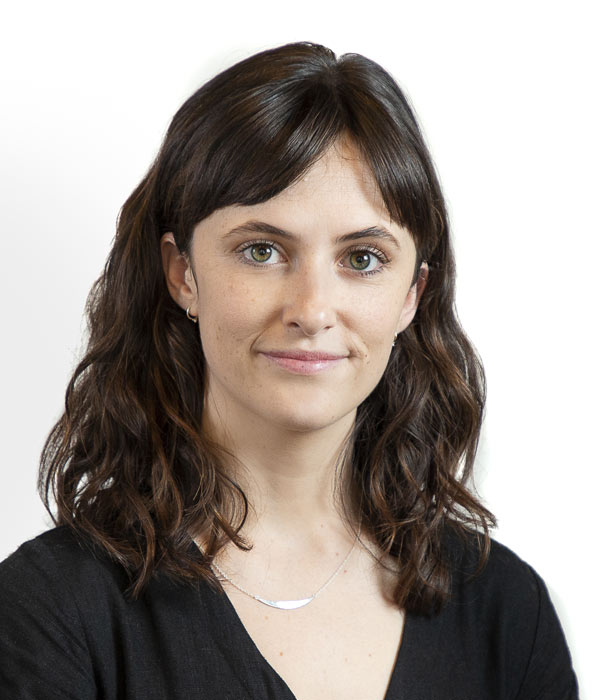
Lyndsay Charlton
Lyndsay is an environmental engineer with additional post-graduate training in fluvial geomorphology. She is most passionate about reducing the impacts of communities on waterways, particularly on the health of rivers and estuarine waters. Since joining Alluvium in 2019, Lyndsay’s work has spanned across waterway restoration, disaster recovery, catchment management, and communication and engagement. She has delivered numerous hydrologic, river and coastal studies, and has designed creek restoration and gully and streambank stabilisation solutions to improve waterway health and sediment reduction outcomes.<br><br>In 2023, Lyndsay completed a 5-month secondment at NQ Dry Tropics in Townsville, where she worked on large-scale streambank and gully remediation projects in the Whitsunday Region under the Great Barrier Reef Foundation’s ‘Landholders Driving Change’ (LDC) Program, and also carried out gully maintenance and monitoring under funding from the Office of the Great Barrier Reef.
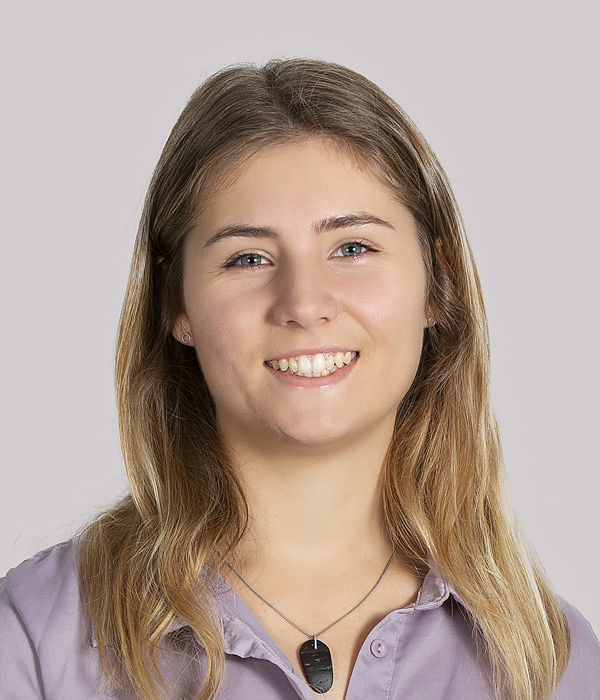
Mia Gustavsson
Mia is a coastal scientist experienced in coastal management and climate risk. She has a Bachelor of Advanced Science in Zoology, with Honours in the settlement processes of marine invertebrate larvae. Though a marine ecologist at heart, she draws from a breadth of skills and experience across many disciplines.<br><br>Since joining Alluvium in 2020, Mia has delivered projects in coastal hazard adaptation and resilience, marine spatial planning, climate risk assessment, communication and engagement, marine plant surveying, and has prior experience in marine mammal research.<br>Mia is skilled in the synthesis of high volumes of qualitative or quantitative data, mapping and data manipulation in GIS, design and delivery of stakeholder and community engagement, and terrestrial and vessel-based survey methods. In recent years, she has also gained experience as a project manager of multidisciplinary teams, leveraging expertise across the Alluvium Group.<br><br>Mia is passionate about the interactions within and between ecosystems, including how people can connect with, protect and manage the coastline.
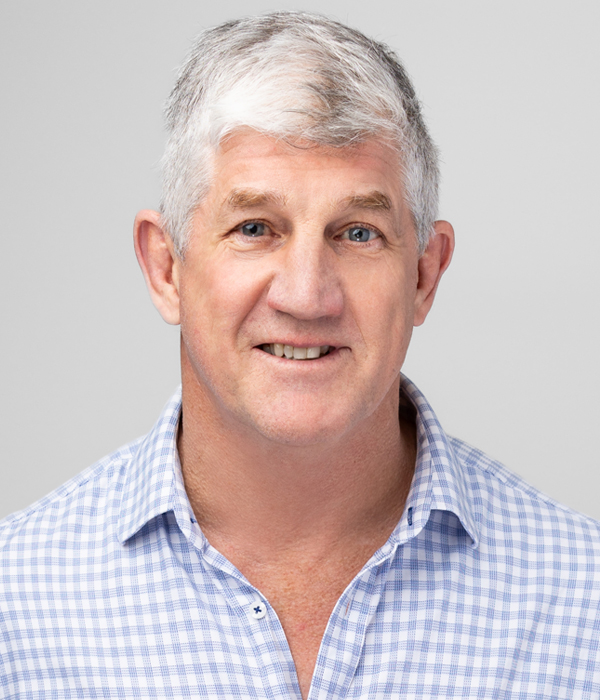
Neal Albert
Neal is an outcome focused professional combining management, technical, business, financial and interpersonal skills with over 25 years of experience and achievements in the Water Industry. Neal is an experienced practitioner in the fields of: water, hydrological investigations, floodplain management; construction management (including Project, Program and Contract management); and a leader of innovative pragmatic solutions.
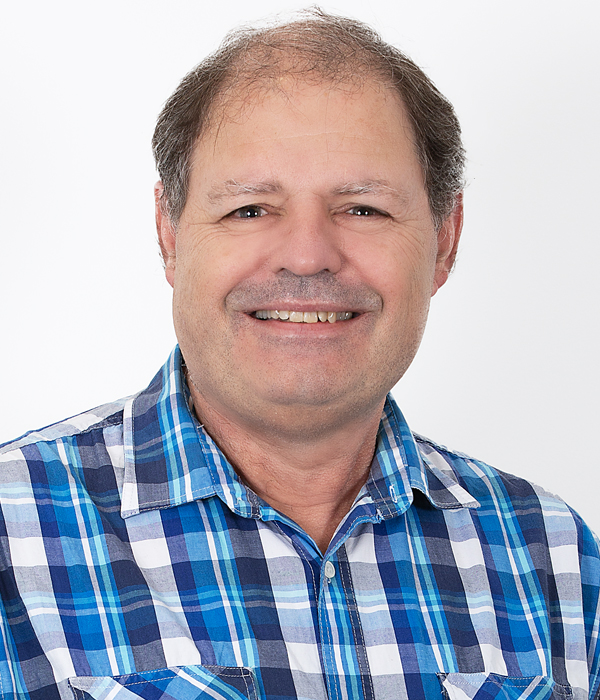
Tony Weber
Tony is one of Australia’s leading practitioners in the catchment modelling and water quality field. He has worked in both government and consulting roles in the water quality discipline at technical and management levels, including in water treatment, laboratory analysis, strategic planning, research coordination, consulting and peer review areas. Tony has over 30 years’ experience in the water industry delivering a range of catchment modelling, water sensitive urban design, integrated water management, water quality and stormwater management projects.<br><br>Through involvement in research centres and academia, Tony has been involved in the development and application of Australia’s National Hydrologic Modelling Platform, Source, and the urban stormwater software MUSIC. He has applied these in more than 100 projects across Australia and internationally, including South East Asia, India, Korea, China, the United Kingdom and Europe. In recognition of his efforts in promoting modelling and the modelling community, Tony was awarded the 2012 Fellowship for the Modelling and Simulation Society of Australia and New Zealand. Tony has been an author in numerous research papers and presented his research both nationally and internationally.<br><br>Tony is passionate about collaboration and science-based decision making and promotes these in all his projects and is a strong promoter of incorporating decision making frameworks, uncertainty assessment and incorporating climate variability and climate change understanding in project delivery. He also is regularly called on to provide independent reviews, assessments and expert witness roles across a range of hydrologic and water quality issues, especially within the Great Barrier Reef and Murray Darling Basins.<br><br>In 2009, Tony was invited to become a Visiting Fellow at the Fenner School in Australian National University, and in 2016 was appointed as a Visiting Scientist at CSIRO Land and Water's Basin Management Outcomes group in Canberra. In 2025, he was also been appointed as an Industry Fellow at Griffith University’s Australian Rivers Institute.
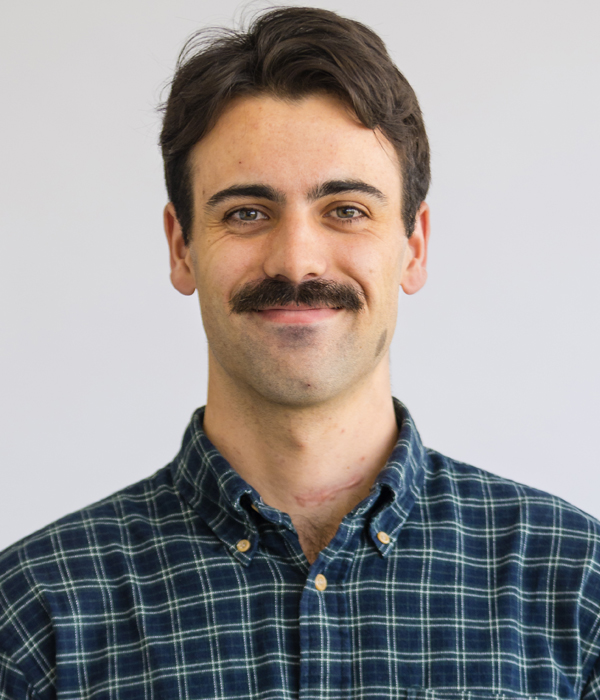
Matthew Gleeson
Matthew is a student at RMIT studying a Bachelor of Engineering (Civil and Infrastructure, Hons) and is nearing the completion of his degree. Throughout his studies, he has had the opportunity to explore a wide variety of engineering topics. Water engineering, geotechnical engineering and geospatial science courses have provided foundational skills to build upon in projects at Alluvium. During his Capstone honors project, Matthew had the opportunity to work on the design of a water sanitation device for use in remote Northern Vietnam as a part of the New Colombo Plan. Through research, site visits and data collection, the importance of water infrastructure, water policy and water equity for the health of natural systems and people was clear. Further research projects into Biodiversity Sensitive Urban Design and Water Sensitive Urban Design turned this interest area into a passion. Matthew is now applying the skills gained during his studies to projects at Alluvium and honing his skills in 12D, TUFLOW, AutoCAD, GIS, and other essential environmental software.
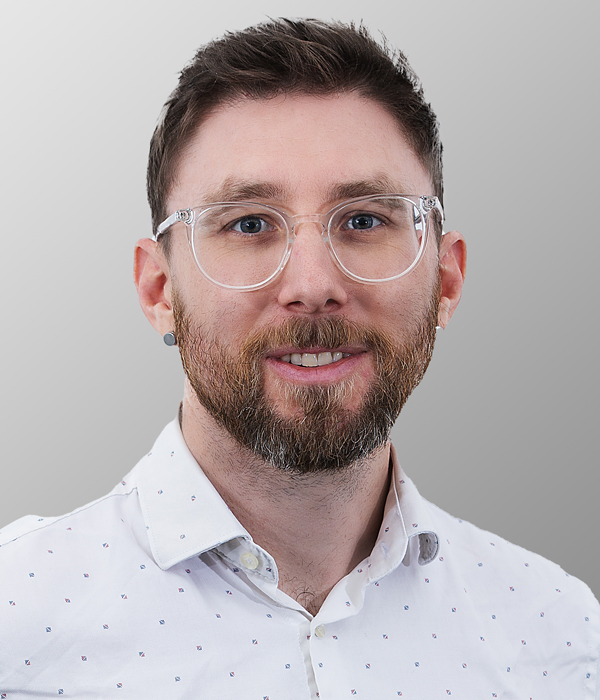
Michael Thomson
Michael is a Coastal Engineer experienced in coastal management, processes, and modelling. Michael began working with Alluvium in 2023 to pursue his passion for the study and management of natural systems, science communication, and extreme weather. Michael has experience in detailed coastal process studies including hydrodynamic, cyclone, and wave modelling, sediment transport and erosion modelling, statistical analysis and data processing. Michael’s goal is to work with industry, government, and academic partners to use creative thinking and nature-based approaches to tackle some of the world’s most significant environmental challenges.<br><br>Michael has led coastal process, management, and impact studies across Australia including in the South-East, Central, and Far North coastlines of Queensland, as well as in NSW and the Gulf of Carpentaria. Michael has contributed to a range of management frameworks including Coastal Hazard Adaptation Strategies (CHAS), Shoreline Erosion Management Plans (SEMP) and Coastal Management Programs (CMP). Michael has a sound technical background in numerical modelling packages including SWAN, TUFLOW, Delft3D, XBeach, and EurOtop and is proficient in the QGIS spatial analysis package and programming with Python.
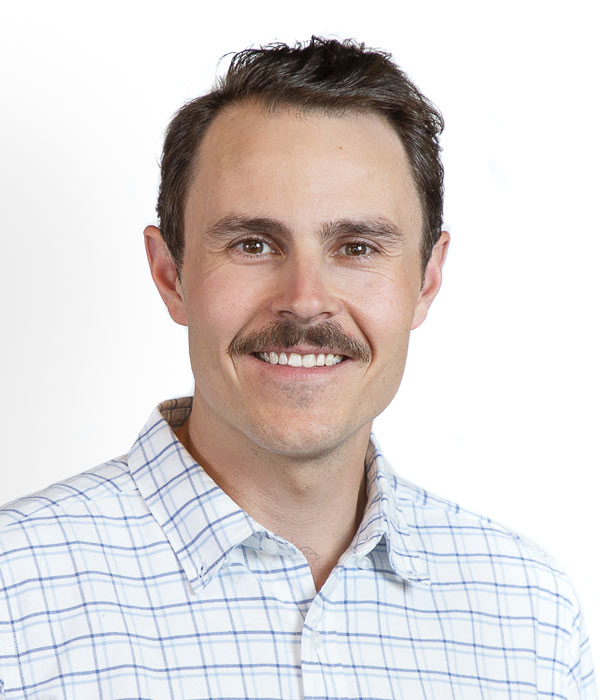
Oliver Light
Oliver is a chartered civil and environmental engineer with additional post-graduate training in fluvial geomorphology. Oliver applies these skills in the fields of waterway, catchment and coastal engineering and management.<br><br>Oliver has designed creek restorations and naturalisations, bank stabilisation works, fish passage facilities, wetlands, bioretention systems, drainage systems and coastal protection structures. Oliver has extensive experience with a range of water quality, hydraulic, hydrologic, sediment transport, fish passage and digital terrain modelling packages, has developed environmental approval documents, performed extensive fieldwork and supervised the construction of a variety of works.<br><br>In recent years Oliver has developed into a senior team leader and project manager. Oliver is passionate about rivers, water resource management and the health of our waterways and the people that live around them.
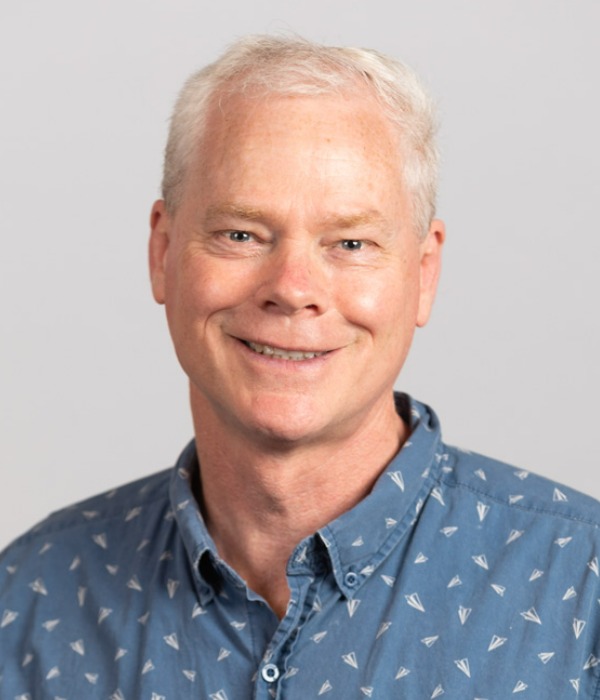
Professor Ian Rutherfurd
<p>Ian is a fluvial geomorphologist with 30 years working with governments and communities in stream and catchment management. His research spans basic and applied river processes, and he has completed over 150 publications, $7m in funded research projects, and 70 consulting projects. Ian also has rich experience in education and professional training of all types.</p><p>After spending twenty years at the University of Melbourne (of which several years were spent seconded to the Victorian State government working in river policy) Ian joined Alluvium in a part-time capacity. In addition to his involvement in many consulting projects, he chairs the Alluvium Foundation and helps coordinate the Research and Insights Program. He brings deep experience in the application of research to all aspects of river and water management, as well as excellent connections across the water sector. </p>
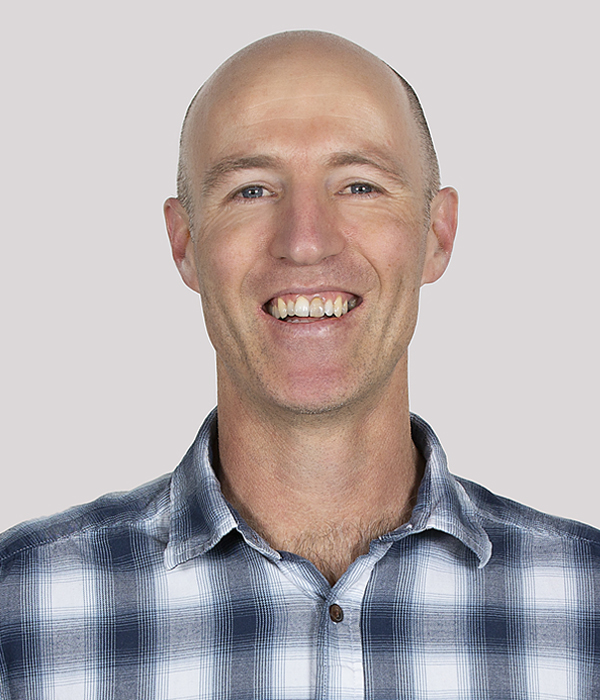
Greg Ellett
Greg is an Ecologist and Civil Engineer with a passion for natural sciences. He has over 25 years’ experience across Victoria, New South Wales and Queensland specialising in waterway management, stream rehabilitation and ecological assessments. Greg commenced his career in Victoria, undertaking assessment, survey, and design and providing construction oversight for numerous stream stabilisation projects, including weed management.<br><br>Over the last 20 years, much of Greg’s work has been in the mining industry where he has been involved in the assessment, design, rehabilitation, and monitoring of stream diversions around open cut pits and subsidence impacts from underground mining in Central and Southern Queensland and Central New South Wales. More recently Greg has been assisting Queensland clients with their progressive rehabilitation closure plans, undertaking assessments and helping develop rehabilitation criteria.<br><br>Greg has also undertaken natural disaster damage assessments and developed costings for recovery grants. He has been seconded to government authorities where he has taken on roles providing statutory advice as a catchment engineer and floodplain manager as well as forming part of a team that analysed data and reported on the risks of chemical use in coal seam gas extraction.<br><br>Greg has led teams in design of urban and rural stream rehabilitation works including stream naturalisation, grade control, bank stabilisation, and the modification of structures to improve fish passage. Complementary to many of the rehabilitation designs, Greg has also undertaken vegetation surveys and developed revegetation plans.
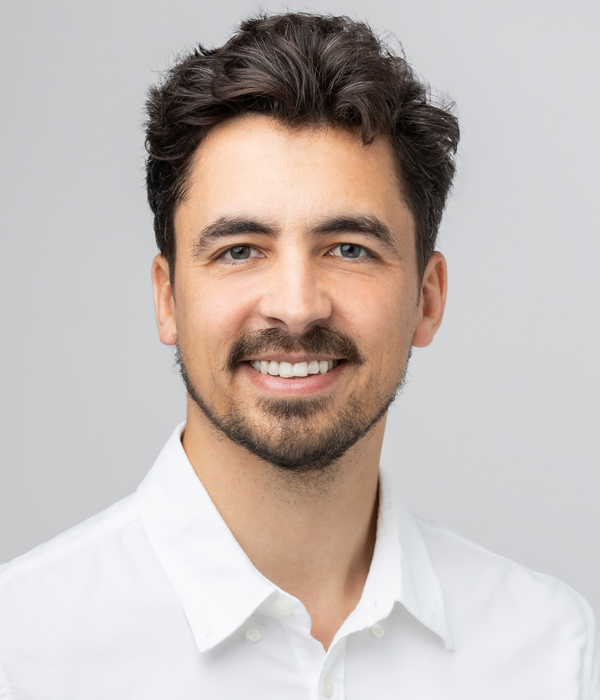
Shaw Abrey
Shaw is a chartered professional civil and environmental engineer, holding credentials such as MIEAust, CPEng, NER, and RPEQ. He has a double degree in Ecology, which enables him to integrate engineering practices with ecological principles. He possesses experience in fieldwork, strategic planning, technical investigations, and engineering design.<br><br>His expertise focuses on water-sensitive urban design, channel naturalisation, water quality modelling, water resources and integrated water management.<br><br>Notable international projects include conducting condition assessments of coastal environments in the Middle East and developing benchmarking and strategies for water-sensitive cities transitions in disadvantaged communities in India.<br><br>In Australia, Shaw carried out condition assessments of significant natural assets across Sydney Olympic Park and developed detailed designs of constructed assets, including the chain of ponds at Yalukit Willam (formerly Elsternwick) Nature Reserve. His design portfolio features constructed wetlands, ephemeral wetlands, sediment ponds, bioretention systems, passively irrigated street trees, swales, channel naturalisation, and retarding basins.
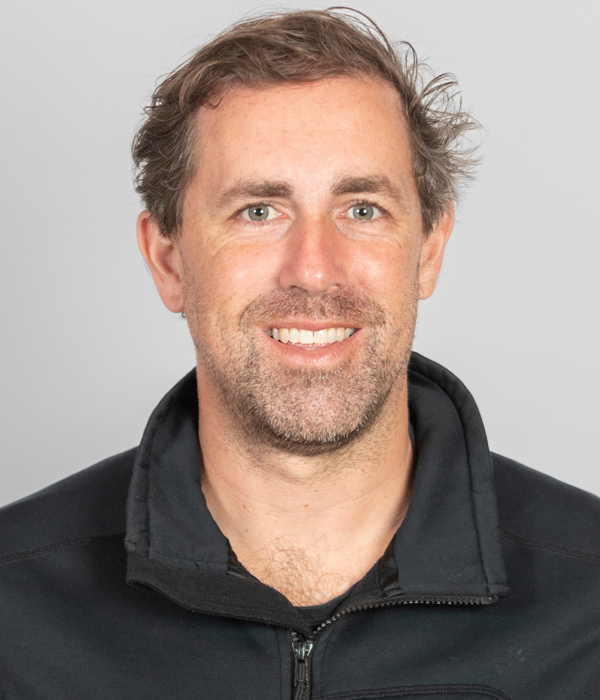
Stuart Cleven
Stuart provides stormwater engineering advice to the natural resource industry on best practice management for stormwater and waterway management works. Drawing on a combined background of urban stormwater management, water sensitive design, ecohydrology and river restoration engineering, Stuart has been involved in development of innovate water management solutions to help offset the impacts of urbanisation on the receiving environment in Australia for over 22 years. <br><br>Stuart has coordinated and designed works for a range of unique urban and rural environments across Australia that contains differing geomorphic conditions, geometric challenges, sensitive ecosystem values and high levels of community and stakeholder engagement.<br><br>As the practice lead for the design and engineering practice at Alluvium, Stuart has been instrumental in the development and application of technical design and quality assurance guidelines, which he has applied to range of urban and rural designs for water authorities, Councils, CMA's and the private development industry. Stuart's in depth of knowledge on multidiscipline engineering and science assessments provides him with a unique set of tools in which he is able to coordinate large teams and derive accurate and efficient results.
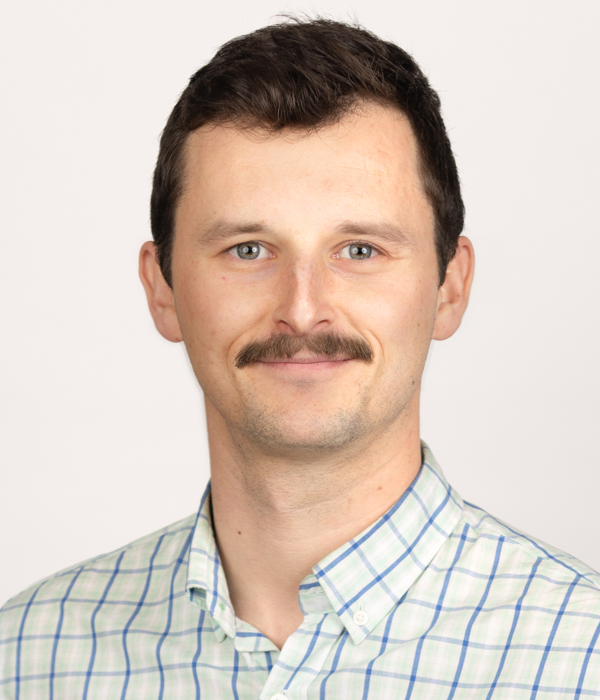
Tim Ferguson
Tim is a Civil Engineer working in the waterway engineering team with Alluvium Consulting. Joining in 2023, Tim has had experience in a wide range of projects across Alluvium’s geographies, including being based in both the Melbourne and Townsville offices.<br> <br>Tim has experience in a range of civil and water engineering practice. Following his initial focus in hydrological and hydraulic modelling for urban development projects, Tim has furthered his skillset to all stages of the civil design process. From flood impact investigations, waterway rehabilitation and restoration, drainage network, and waterway diversion design, Tim provides high quality outputs that consider specific context and stakeholder requirements.<br> <br>Tim has strong skills in spatial, hydrological, and hydraulic and design modelling, employing a range of software applications such as GIS, 12d Model, AutoCAD, TUFLOW, RORB, MUSIC and HEC-RAS.
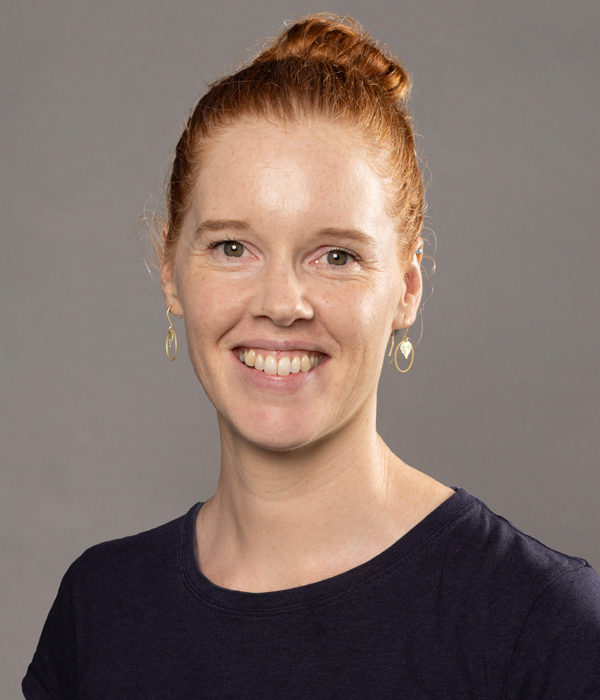
Tracey Walker
Tracey graduated in March 2024 from JCU Townsville and joined Alluvium in April 2024. Tracey has a keen interest in geomorphology and natural resource management that incorporates nature-based solutions. She finds spatial science and GIS vital in viewing, assessing and analysing environments, ecosystems and areas of interest. In her time at Alluvium, she has contributed to the reporting of waterway diversions monitoring, and undertaken ecosystem mapping, hydraulic modelling and sediment transport modelling.<br>

Vincent Li Creagh
Vincent Li Creagh is a recent graduate from the University of Canterbury with Civil Engineer who has a passion for everything in the water sector. His early career thus far has seen him work in New Zealand’s flood protection team for a regional council but has now shifted his career path to Australia to gain great insight at Alluvium. His honors year academic projects focused on 2D flood modelling for redesign of a central river utilizing HEC-RAS, as well as a full wastewater treatment plant for a small village. Vincent’s passion lies in modelling-based work and utilizing it to lead to a more secure environment for our most precious resource being water. He is eager to continue developing all fascist of water engineering.
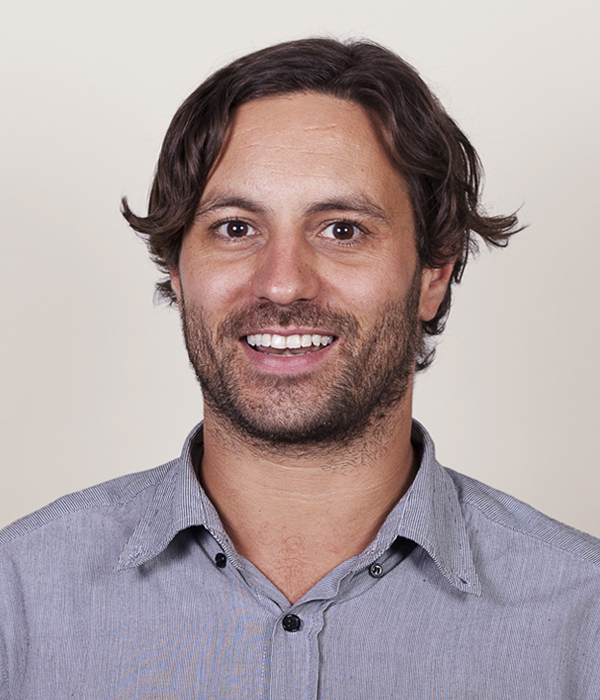
Misko Ivezich
Misko is an environmental engineer with over 15 years of consulting experience specialising in the interactions between hydrology, hydraulics, sediment transport processes and fluvial geomorphology. Following widespread flooding across eastern Australia in recent years Misko has led efforts to understand river adjustments and sediment generation, transport and storage processes for water authorities, local councils, State governments and natural resource management groups. He works with clients to find pragmatic stream and floodplain management solutions which balance risk against cost. He has extensive experience at all stages of waterway planning from leading multi-disciplinary design teams to regularly supervising the construction of major river management programs.
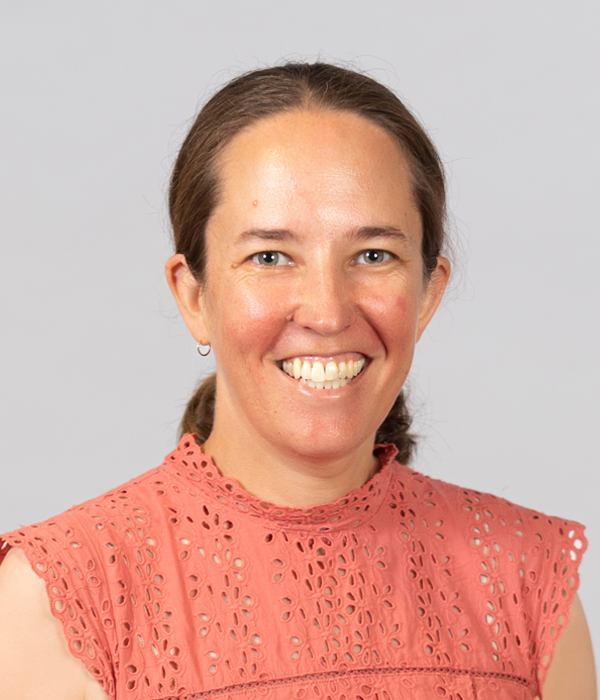
Jessica Bolden
Specialising in Integrated Water Catchment Management, Jess has broad interests in water resource management and improving outcomes at catchment and local scales. Jess is a consultant in the strategy team and since joining Alluvium has delivered a variety of water strategy and planning projects, primarily in a Victorian context.<br><br>Jess works across many facets of environmental water, including FLOWS studies, environmental water and streamflow management planning, frameworks, performance analysis, and environmental water delivery. Supporting First Nations people in water management and decision-making has been a focus of Jess’s work on several state and Commonwealth environmental water projects, such as the Victorian Constraints Measures Program (cultural values engagements), Victorian Murray Floodplain Restoration Program (aspirations engagements), the First Nations component of the Commonwealth Environmental Water Holder’s Science program – Flow Monitoring Evaluation and Research (Flow-MER).<br><br>Jess brings a wealth of academic research experience to her role, having completed a PhD in Biochemistry and Molecular Biology and held postdoctoral research fellow positions at leading universities and research institutes in Australia and the United States of America.
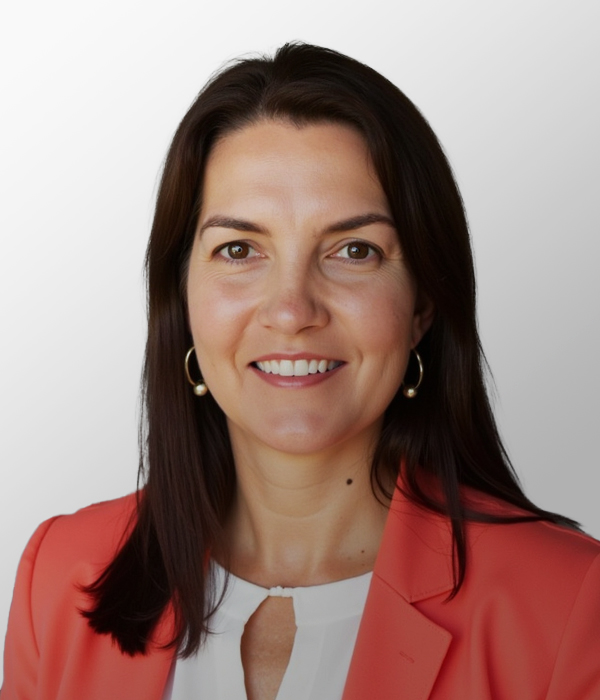
Rebecca Klein
Rebecca is a Senior Consultant with Alluvium and has over 8 years of experience in water resource management with a particular focus on integrated water management, water policy and strategy development. <br><br>Rebecca has extensive knowledge of NSW and Murray-Darling Basin policy and water management strategies and has supported and led the development of NSW water sharing plans, water resource plans, floodplain management plans as well as water infrastructure strategic business cases. This experience has been gained in complex environments involving a wide range of stakeholders with varying priorities and needs.<br><br>A graduate of the University of Sydney with a Bachelor in Agricultural Science and a Master in Environmental Science, Rebecca has a keen interest in the sustainable use of water in regional and agricultural contexts, aligning with her background in agronomy and soil science.
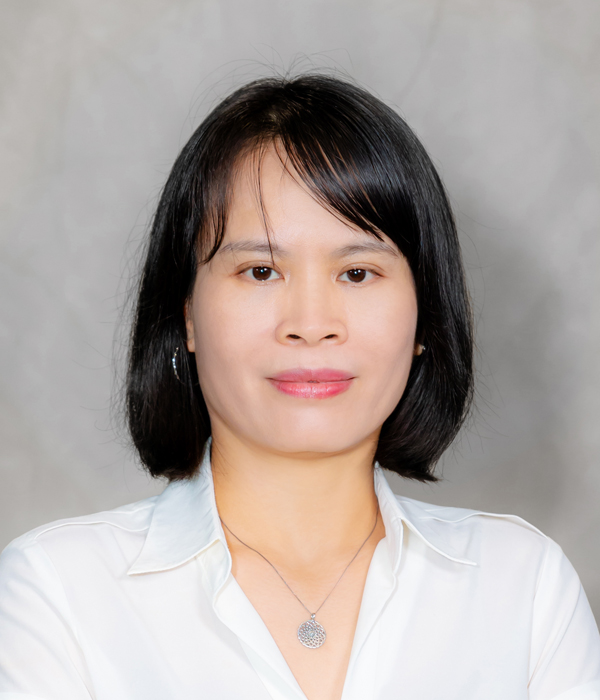
Dr Van Le
Van specialises in water resource management and climate resilience, with 15 years of experience in academia and the development sector. She holds a master’s degree in Rural Systems Management (from UQ) and a PhD in Human Geography and Planning (from the University of Western Australia). Van has experience working in multiple fields: water resources management, climate adaptation and resilience, disaster risk management, and climate-smart agriculture production.<br> <br>With 15 years of experience in the development sector, she is an energetic water resilience specialist working in research, policy and institutional support, and sustainable rural development towards sustainability and inclusion. Van possesses intimate knowledge of local issues and stakeholder engagement principles to support local communities in enhancing resilience and sustaining natural resource management. She is also motivated to gain and continuously strengthen her exceptional skills in project/ program management, including planning, implementation, MEL and financial management.<br> <br>Van also has experience designing and conducting training and capacity-building activities for community members and government officials in Vietnam. She expects to bring her expertise in natural and social science and her empirical experience with qualitative research methods to promote water research programs to the Greater Mekong region. Her longtime interest is bridging the gap between scientific researchers and policymakers to promote science-based policymaking on climate resilience and water resources management.
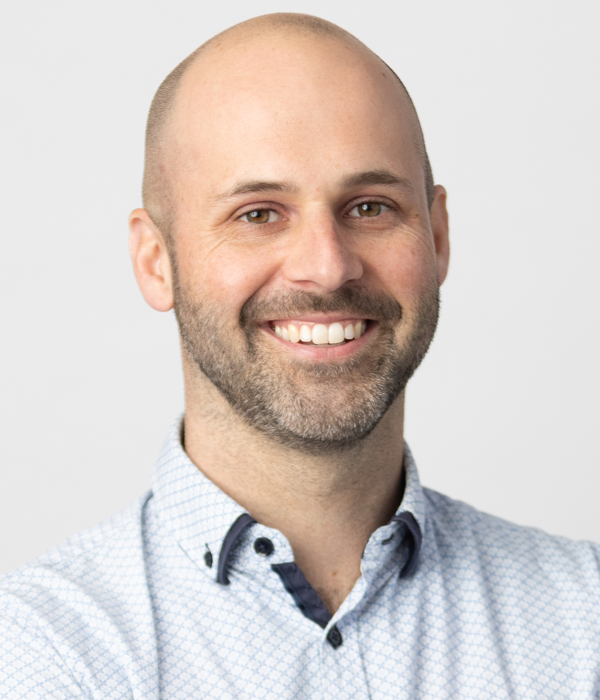
Tom Stewart
Tom is an experienced environmental scientist, specialising in surface water hydrology and water resource management. He is passionate about research and innovation and understanding how it can be translated to applied and adaptive catchment management settings to achieve environmental outcomes. Tom has great attention to detail and an aptitude for understanding and synthesising technical problems, leveraging his practical and technical experience in hydrology and environmental science to tackle water-related challenges and to identify best practice management strategies.<br><br>Tom has worked as a hydrologist both internationally and within Australia. In the Pacific Islands, he led initiatives to enhance the hydrological capacity and performance of National Meteorological and Hydrological Services through the strengthening of regional flood early warning systems and programs. Additionally, he brings a decade of experience working in the South Australian government as a hydrographer and hydrologist, where he provided hydrological advice to various government partners. His work included environmental flow and salinity modelling for the Murray River, hydrological model development using the Source platform, modelling low‑flow farm dam bypass infrastructure in the Adelaide Mount Lofty Ranges, and technical leadership in the State’s transition to a new hydrological database and web portal. Furthermore, Tom’s background as a hydrographer has provided him with extensive field experience in surface water and groundwater operations, further enhancing his practical expertise.
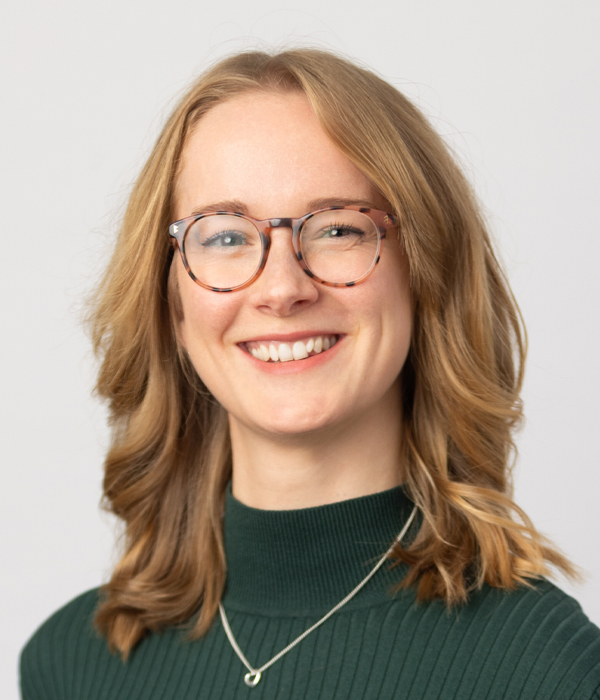
Zoe Ball
Zoe Ball specialises in flood risk and water management for public and private sectors, enhancing city and community protection against climate change impacts. She excels in leading flood risk management projects, overseeing civil design teams and multi-disciplinary efforts to achieve high-quality project outcomes.<br><br>Zoe's expertise includes TUFLOW hydraulic modelling for assessing flood risk changes and implementing resilient climate change strategies across various projects, from assessments to infrastructure planning. She is passionate about sharing her knowledge with teams and effectively communicating with clients.
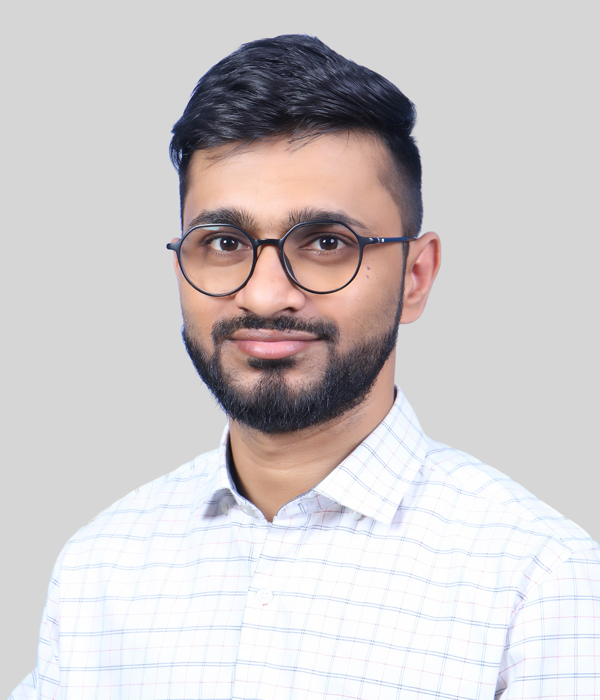
Krishna Kumar
Krishna is a civil and environmental engineer with an interest in sustainable engineering. Krishna has been involved in significant projects ranging from urban water resilience; water body rejuvenation, water treatment, river management studies, and design aspects of Nature-Based Solutions.<br><br>Earlier in his career, he worked at the intersection of urban water challenges and development, including water-sensitive urban design (WSUD) projects, water quality, water policy, and river development. These have included developing a policy on decentralised treatment systems for metropolitan areas and numerous designs for wastewater treatment. As part of his previous engagement, he worked with the Delhi government on the Yamuna River clean-up project and developed a framework for Yamuna River management. He was part of a capacity-building programme for Punjab's Eco City region for pond rejuvenation and helped the city government prepare an intervention strategy for pond rejuvenation. Krishna has also been in an Indo-UK research study focusing on Musi River rejuvenation with the Indian Institute of Technology (IIT) Hyderabad, IIT Madras, and the University of Birmingham.<br><br>Krishna is passionate about waterway engineering, drainage design, water quality, ecology and nature-based solutions. Through his passion, he has expanded his competence in several software programs, including QGIS, AUTOCAD, Civil 3D, SewerGEMS, and HEC-RAS.
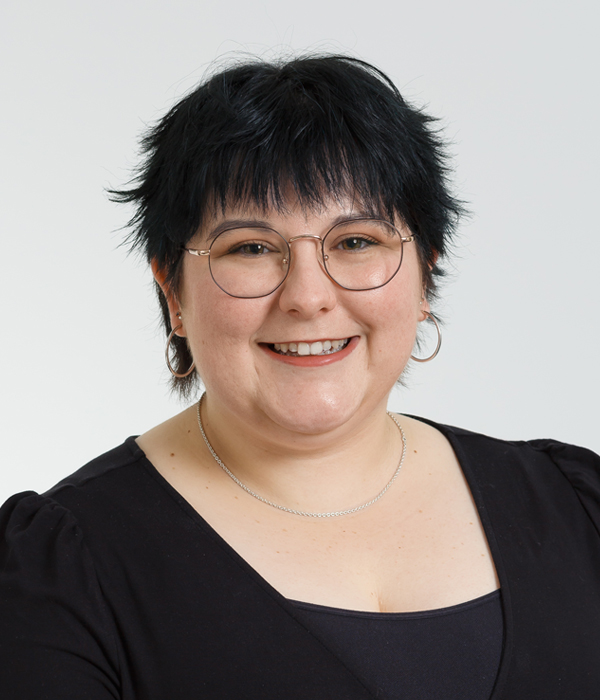
Mikaylah Fogarty
Mikaylah is a diverse team player who enjoys stepping into big roles throughout the different projects we have acquired. Regardless of the project or role, Mikaylah takes the job on with gusto. Always willing to step onto new projects and get her hands dirty, Mikaylah is someone who loves to take on new challenges and find interesting new applications for the skills she has honed.<br><br>Since starting with Alluvium in 2023, Mikaylah has worked in a variety of roles such as project management, analysis and reporting (both qualitative and quantitative), workshop and interview facilitation, amongst other roles. This work has spanned a variety of projects including projects for the Reconnecting River Country Program, the review of the ACT Environmental Flow Guidelines and development of the ACT Long term Watering Plan, the Sustainable Rivers Audit 3, Joint Science and Monitoring Plan as part of the federally funded Improving the Health of the Upper Murrumbidgee River (UMR) Program, and Basin Matters Reporting for the ACT Government.<br><br>Before starting at Alluvium, Mikaylah undertook a myriad of studies that continues during her employment. She has produced reports for differing clientele through her volunteer work and throughout her bachelor’s degree at ANU. Throughout her later years of academics, Mikaylah found her passions in research and applicability of policy and its subsequent effectiveness. This has led to her speaking on her paper about the applicability of the Circular Economy in Canberra at the Fenner School Winter Symposium in 2019. Since her undergraduate degree, Mikaylah has taken pride in conducting all her own social research and extrapolating the trends and information from this. She honed these skills further through her master’s degree and dissertation.
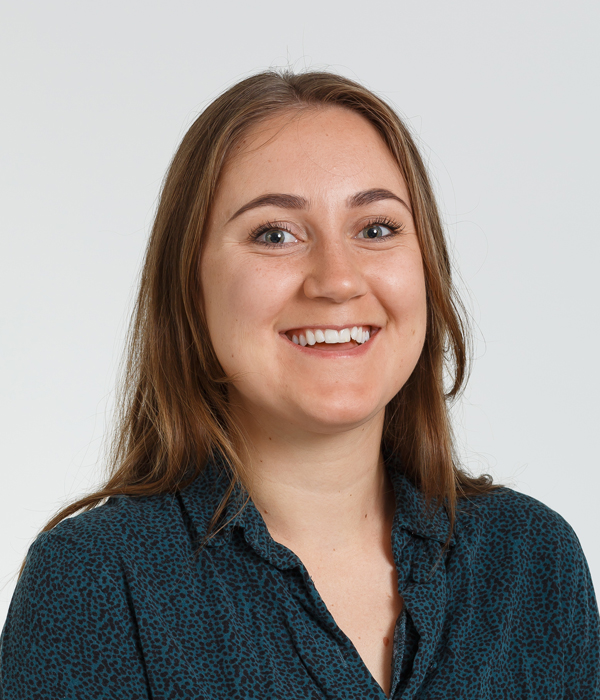
Eleanor Vogel
Eleanor Vogel has been working in the environmental consultancy space for over a year now and has completed a Master of Environmental Policy and Management at Adelaide University. She is a member of the ACT youth sub-committee of the Australian Water Association and was appointed to the youth committee of Australian Women in Agriculture for 2019 reflecting her passion for the environment, making use of it sustainable, as well as the promotion of women in land management. <br><br>Her Master’s degree comprises community engagement, research, GIS, planning, and governance and policy courses with a focus not only on South Australian NRM policy, but nationwide and international policies as well. She has completed her dissertation for the Masters, the subject of which is environmental water flow allocations in Australian rivers. Eleanor and also has a Bachelor’s degree in Applied Science, which included subjects focussing on animal and plant science, ecology and sustainability. At completion of this degree, she received the Tasmania Institute of Agriculture prize for the most outstanding graduate. <br> <br>At Alluvium, Eleanor has primarily worked on projects involving ecological assessment and reporting, environmental flow guidelines and watering plans, catchment strategies, and program evaluations. Some examples are provided below.
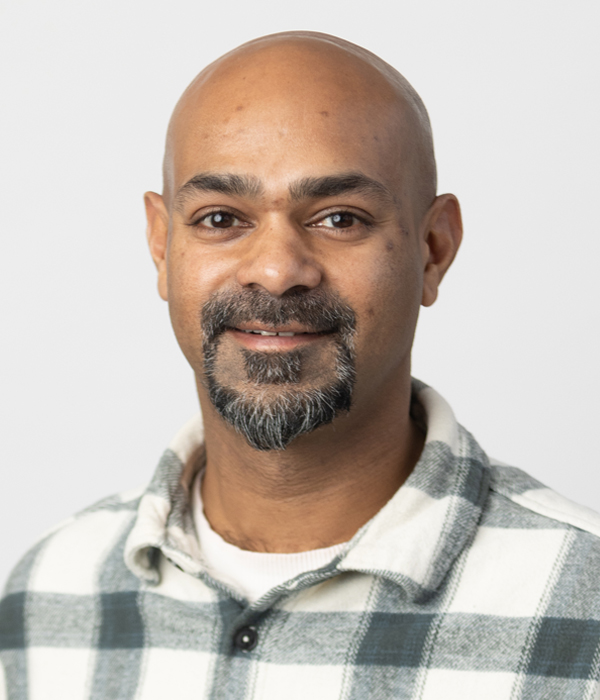
Roshan Rodrigo
Roshan is an IT Manager with over 20 years of experience in managed services, leadership and strategy. Roshan has worked as an IT Manager for a number of Managed Service Providers, as well as managing internal IT for businesses with varying needs. Roshan has a strong cyber security focus, loves to problem solve tough technological problems and is also interested in automation and process improvement. He has a strong belief in utilising technology to enhance employee experience and output, as well as bringing a human face to technology.<br><br>Outside of technology, Roshan has a deep love for nature and the outdoors, he has spent 7 months camping in the Amazon Jungle, where he lived off the land, technology free

John (Chien-Hung) Chen
John is a graduate environmental engineer with a master’s in environmental engineering from the University of Melbourne. During his master’s degree, John developed a strong interest in stormwater management in urban catchment. He obtained solid knowledge of water resource management, wastewater treatment, and water-sensitive urban design (WSUD).<br><br>In light of his interest in water resource management, John completed his capstone project relating to water resource analysis for Pumped Hydro Energy Storage (PHES) systems, supervised by the Department of Energy, Environment and Climate Action (DEECA). With the aim of ensuring the sustainable operation of PHES systems from the water supply perspective, John assisted the regional DEECA office in conducting geospatial and temporal water resource analysis using the GIS package and the programming language Python.<br>John also finished his internship in the Water & Environment service line at Stantec Taiwan Branch. He was involved in Policy Formulation and Project Planning & Design teams, working on the strategy for integrating water resource management and urban city development and several urban river restoration projects.<br><br>Since joining Alluvium in 2023, John has worked on several different projects, including stormwater management strategies, hydrology and hydraulic assessment, and concept/functional designs for drainage assets such as wetlands, sediment basins, retarding basins, and constructed waterways. With all the experience, John has developed skills in modelling and design tools such as RORB, HEC-RAS, MUSIC, TUFLOW, 12d, AutoCAD, and QGIS. With his passion for water and environmental sustainability, John aims to apply his knowledge and skills to drive positive change in water environment management.
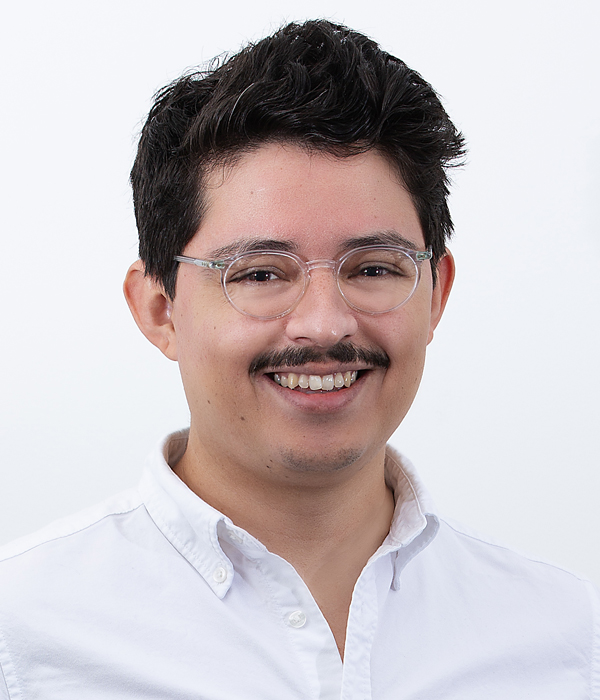
Chris Barnes
Chris is a Civil Engineer with over 12 years of experience in flood risk and surface water management. Throughout his career, he has worked extensively across Queensland, New South Wales, and the United Kingdom, supporting a diverse range of clients from local and state governments to the private sector.<br><br>Chris has contributed to a wide variety of projects, including large-scale pluvial and fluvial hydraulic modelling, flood alleviation schemes, drainage strategies, linear infrastructure, and renewable energy developments.<br><br>A key strength of Chris’s is his ability to understand how flood risk interacts with other disciplines in complex, multidisciplinary projects. He excels at identifying how flood risks impact broader project outcomes and guiding teams to manage knock-on effects efficiently.<br><br>He brings deep technical expertise in TUFLOW HPC for both fluvial and pluvial studies, supported by a strong background in hydrology, GIS, and WSUD/drainage design. Chris also has significant client-facing experience and has led the flood and drainage discipline on several large, multi-disciplinary projects.

Khyati Gupta
Khyati Gupta is the HR & Administrative Officer for Alluvium’s India office, based in Delhi. She holds a Bachelor’s degree in Business Administration and a Postgraduate Diploma in Business Management. Before joining Alluvium in 2022, she worked at a Scottish Bank, UK (India office), bringing valuable experience from the Scottish banking sector into her current role.<br><br>Khyati keeps the India office running smoothly, handling administration, learning HR, and team coordination with ease. She loves the opportunity to blend her professional expertise with the dynamic environment at Alluvium.<br><br>Outside of work, Khyati has an adventurous and creative side! She’s a yellow belt in Taekwondo, a gold medallist in abacus, and even secured second place in a basketball tournament. She’s also a passionate foodie, loves dancing, music, and exploring nature whenever she gets the chance.
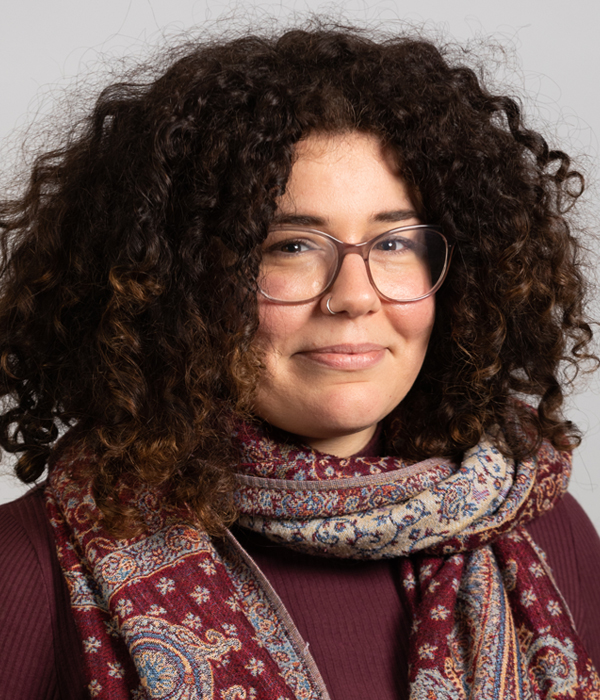
Renee Bellia
With an eye for detail and a blend of organization and creativity, Renee ensures the smooth day-to-day operations of the Melbourne office while extending support to the Alluvium Group teams across Victoria, South Australia, and New Zealand.<br><br>With experience in office management and business support, Renee enjoys streamlining processes and creating efficient systems. Her background reflects her professionalism and entrepreneurial spirit as she previously ran her own floristry business, combining her love of nature with business administration skills.<br><br>Her academic achievements highlight her diverse interests and commitment to personal growth with qualifications in Business Administration, Marketing and Sustainability.<br><br>Renee integrates her knowledge of sustainability into her role through engaging with eco-conscious vendors to procure responsibly sourced office supplies and services, promoting waste and recycling initiatives, and embedding greener choices into office culture.
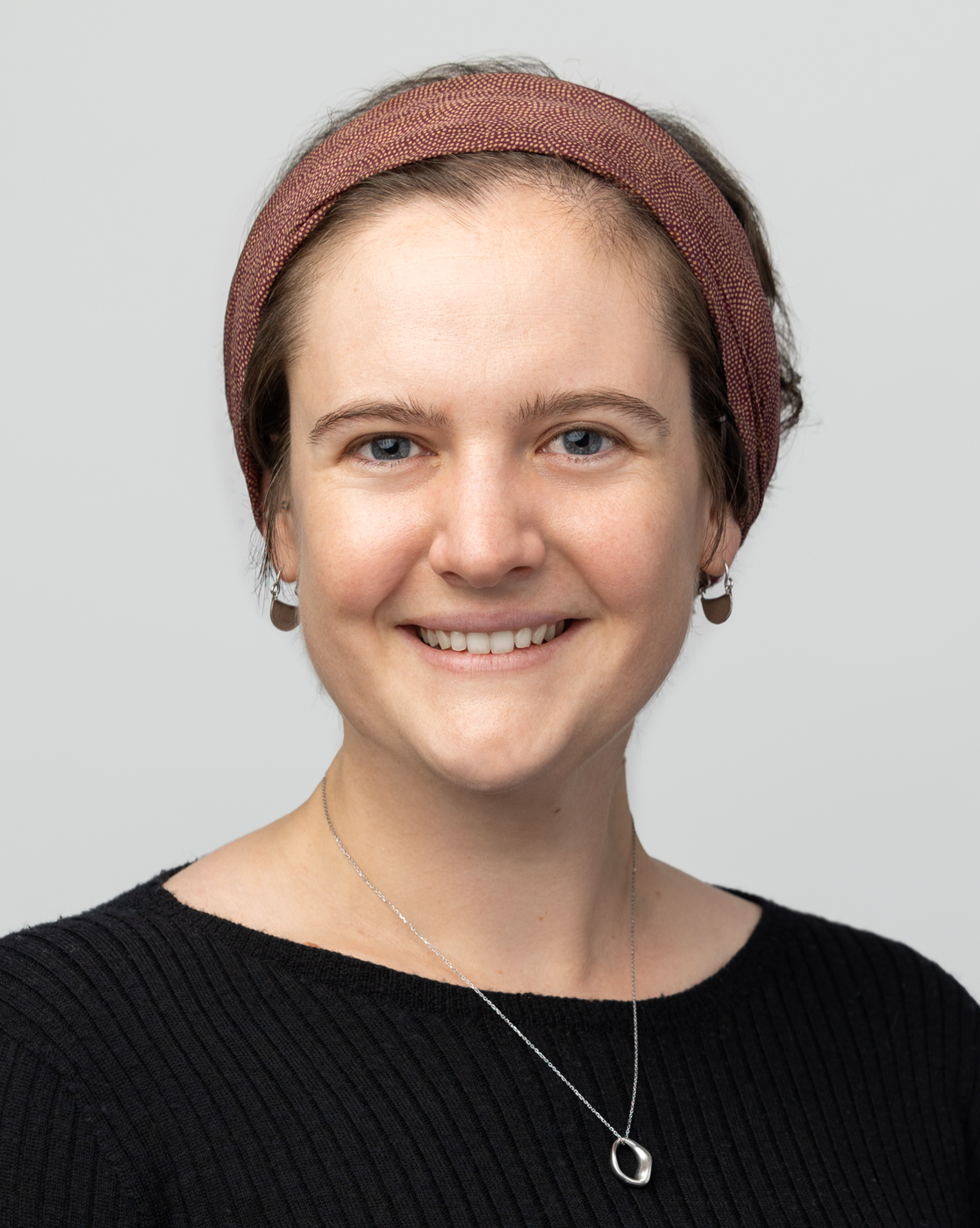
Dr Nicola Perry
Nicola Perry is a human geographer with experience researching the social dimensions of water management both in Australia and internationally. Nicola has worked on a range of projects in collaboration with government, academic and industry partners to deliver qualitative insights into regional water issues. In all her work, Nicola aims to contribute to sustainable water management practices which recognise human and environmental futures as inseparable.<br><br>Nicola completed her PhD in 2021, with her research focused on the challenges and opportunities created by private property to delivering environmental flows to the ephemeral floodplains and wetlands of the Murray Darling Basin through the lens of social science. This involved fieldwork carried out in the Riverland and north-central Victoria between 2019-2020, and from this Nicola has gained a broad understanding of water management in the Basin and an appreciation of the complexities of environmental watering. Nicola has tutored and lectured at undergraduate and masters level at the University of Sydney and has engaged extensively with Basin residents which has given her skills in effective and clear communication.<br><br>Following the completion of her PhD Nicola has continued to work within water policy and management both within and outside the Basin. Most significantly, Nicola has been heavily involved in supporting NSW DCCEEW with the development of the Reconnecting River Country Program, including co-leading the coordination of an Options Evaluation Framework combining outputs from social, environmental, economic and First Nations investigations to support Program decision-making. Nicola continues to work closely with the programs policy team to provide policy guidance and support as the project moves forward.<br><br>Nicola enjoys working directly with stakeholders, and has worked across a range of projects alongside communities, farmers and Traditional Owners to ensure that local perspectives are included in a meaningful way in water decision-making. Nicola has conducted interviews, focus groups and workshops on diverse subjects including opportunities for new satellite-derived software to assist in water use efficiency and compliance in the Basin, land ownership change in the Riverina in conjunction with DPI, community resilience and planning in Wisemans Ferry and the Cultural impacts of marine debris. She also is currently contributing to research and analysis for the Australian Government-funded ‘Grazing for drought’ project, which investigates the role of communities of practice in facilitating regenerative agricultural transitions to enhance drought resilience.
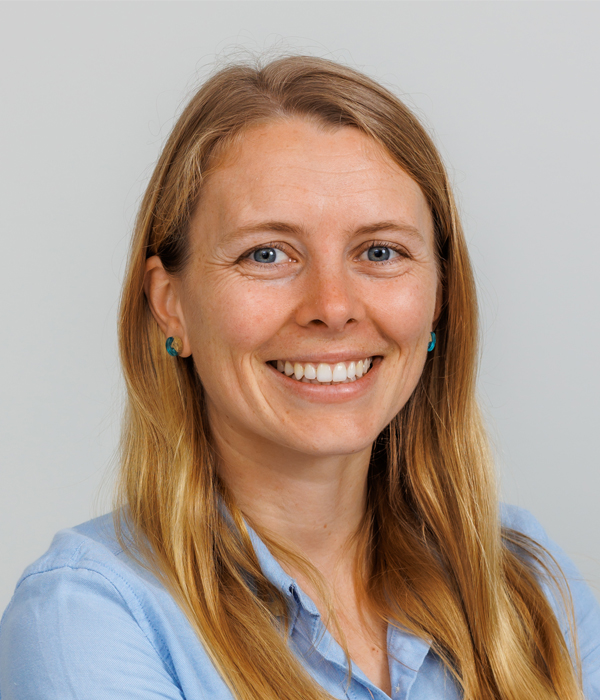
Samantha Culver
Samantha is a versatile environmental consultant with a background in ecology, coastal and natural resource management, governance reform and environmental planning. Before joining Alluvium, Sam worked for over 8 years in the environmental industry, including over 5 years for Federal and State Government.<br><br>Sam joined Alluvium in August 2022, and has since supported several projects, including The Living Murray Condition and Intervention Monitoring Program Evaluation, Mallee CMA’s Environmental Water Management Plan updates, MDBA’s Tree Stand Condition Tool Review, the Water Resource Plan Compliance and Enforcement Framework, the ACT and Region Catchment Management Strategy Review and Refresh and the ACT Governments Basin Plan reporting. Sam has also recently undertaken a secondment with the Murray-Darling Basin Authority in the Riverine Ecology Section of the Knowledge and Engagement Portfolio, supporting the MDBA with project management, policy analysis and program coordination of the Sustainable Rivers Audit and Murray-Darling Basin Outlook.<br><br>Sam has a strong background in project management, environmental planning and policy analysis. Her strengths in communication and critical analysis have led her to develop a diverse experience in the environmental and natural resource management sector. She is passionate about working with stakeholders to solve natural resource management issues.
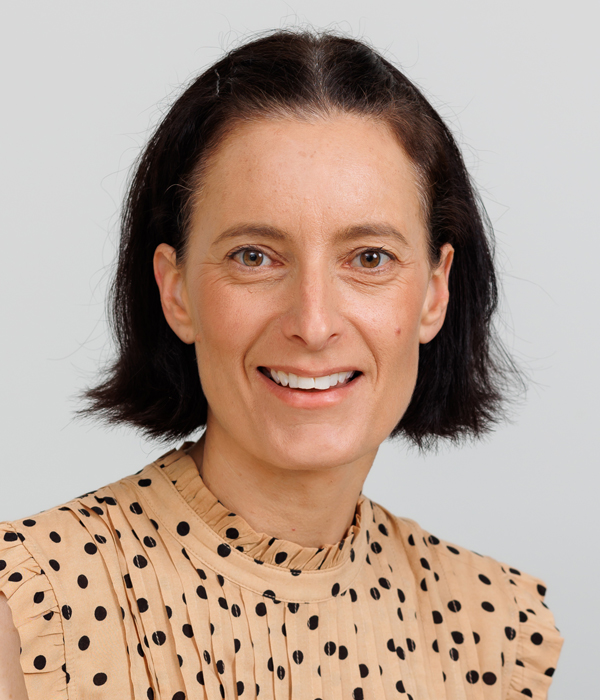
Rebecca Smyth
Rebecca has over 18 years’ experience spanning assessment and evaluation, performance audit and review, governance and risk, public reporting and strategic relationship management across Commonwealth, State and Territory governments. She is a former Executive of the National Water Commission and Sydney Water Corporation and was previously a partner with O’Connor Marsden and managing partner of Vista Advisory, both audit and assurance firms. Rebecca was appointed the ANAO’s performance audit quality assurance reviewer spanning 2019-2022 and undertook similar services for the audit offices of QLD, WA, VIC and SA promoting better audit practice in line with the Australia auditing standards. In 2022 she led the four-year Statutory Review of the NSW Audit Office on behalf of the NSW Parliament. In her partner roles she has been responsible for the internal audit functions of the Fair Work Commission, Fair Work Ombudsman, Federal Department of Health, Clean Energy Regulator and the ACT City Renewal Authority. She is on the Board of the ACT Centre for Women’s Health. She is respected for her authenticity, sound judgement and the energetic promotion of better practices in public sector governance. She has a strong commitment and sense of personal responsibility for all work delivered which reflects her reputation for quality, reliability and integrity.
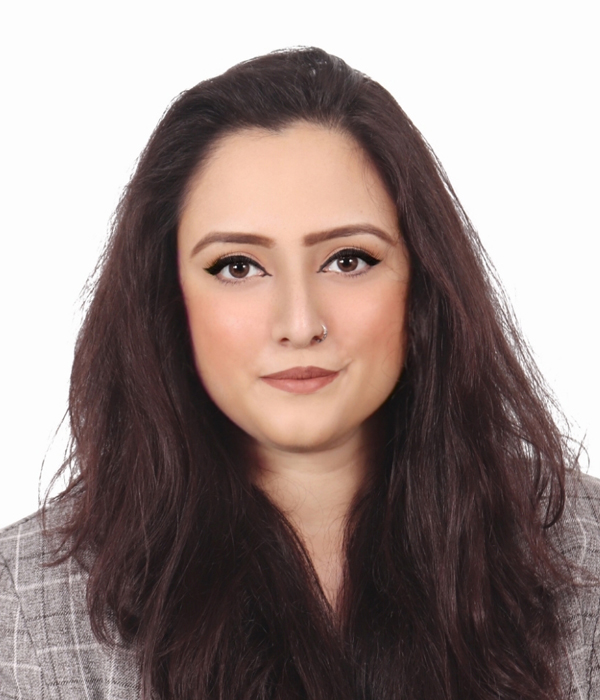
Aksheyta Gupta
Aksheyta has over eight plus years of experience in handling large geospatial data and managing geospatial operations, making extensive use of GIS & Remote Sensing in project planning, implementing, monitoring and evaluation for various national flagship missions (NMCG, SBM, Smart Cities, PMAY etc.) and international projects for donors such as DFID, USAID, EU, DFAT etc. Aksheyta has experience and knowledge in geospatial analytics, and a passion for data visualisation, bringing a strong blend of academic and government experience to all her projects. Her expertise encompasses the creation of intricate maps, engaging Story Maps, and sophisticated visualizations showcasing her diverse skill set in data visualization and analytics.<br> <br>She has spent the last five years at National Institute of Urban Affairs (NIUA), an autonomous body under Ministry of Housing & Urban Affairs (India) as a GIS Expert, completing projects for several government as well as international funders in the sectors of Urban, Sanitation, Water and Planning. She was also involved in the development of India’s first Urban River Management Plan.<br><br>At Alluvium, Aksheyta works as a Senior GIS Specialist, applying advanced geospatial analysis to support integrated water management and climate resilience across South Asia and the Indo-Pacific. She has led spatial mapping, hydrological analysis, and risk assessments for projects with UNDP, DFAT, AIWASI, SWASI, and the Australian Water Partnership in countries like Fiji, Nepal, Lao PDR, Thailand and Vietnam. In India, she has contributed to national and state-level projects under NHP, CMDA, GMDA, and the Government of Maharashtra, delivering data-driven solutions for flood risk, reservoir sedimentation, and blue-green infrastructure planning.
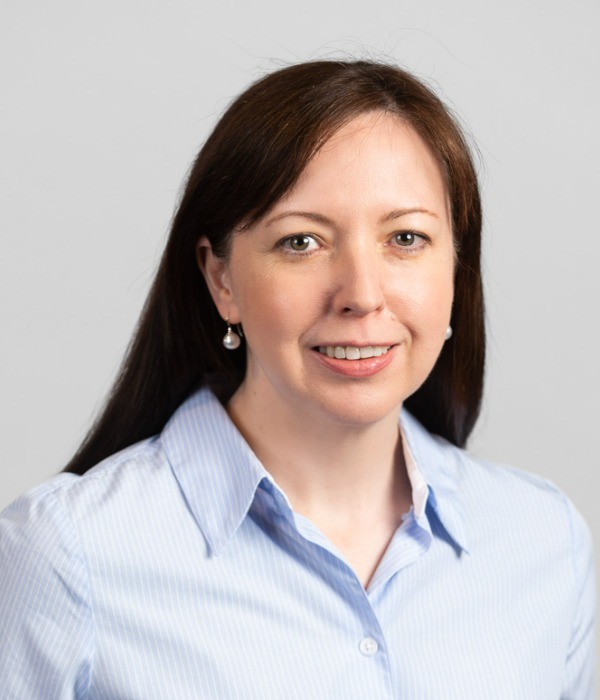
Ranni Higgins
Ranni joined Alluvium as Operations and Business Projects Manager in 2021. Her role involves delivering key projects and associated change management activities to enable Alluvium's support structure to meet the needs of the business and its strategic goals. Before joining Alluvium, Ranni worked for over 15 years in continuous improvement and project management in professional services, local government, education, financial services and information technology. She is passionate about the enablement of day-to-day activities and strategic planning to bring together business goals. She focuses on clients' goals resulting in a seamless customer experience and increased performance. Ranni has a keen interest in the impacts of climate change and sustainability and is pleased to be working with an organisation with a similar purpose.
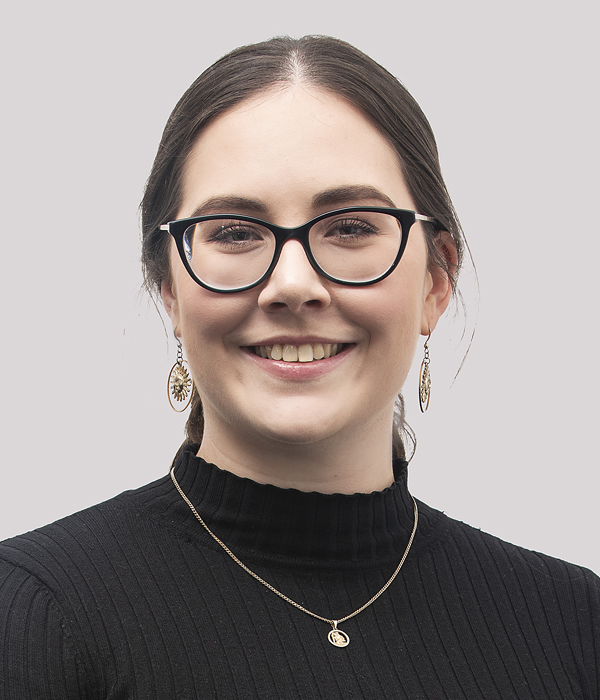
Sheyanne Frisby
Sheyanne is an Environmental Engineer and Environmental Scientist, with experience in a range of areas including hydrology, hydraulics, fluvial geomorphology, waterway management and stormwater drainage design. She enjoys working on projects which call on her wide range of skills and require critical thought about how systems interact in the real world.<br><br>Sheyanne has significant experience in several hydrologic and hydraulic modelling packages and is an experienced 12d designer specialising in the design of urban and rural waterways and stormwater quality assets.<br><br>Sheyanne has worked with clients from both Local and State Government as well as several private clients and landholders. Having worked on many multi-million-dollar projects over her career, Sheyanne understands the need for attention to detail, innovation, collaboration, and the delivery of projects in a timely manner.
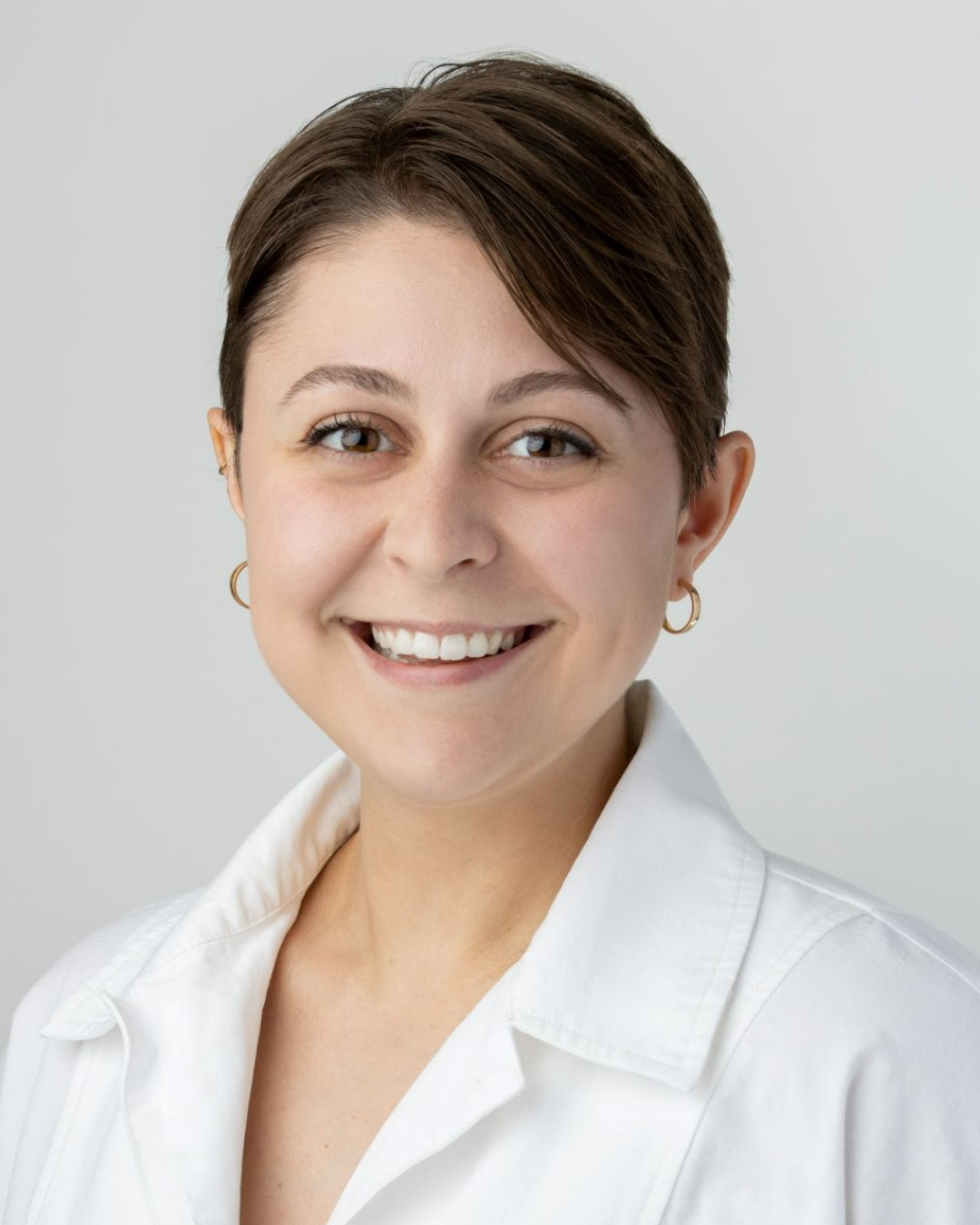
Katherin Angelin
Katherin is a Civil Engineer with over 7 years of experience in civil and water engineering. In the early stages of her career, Katherin gained experience in civil infrastructure design. This covered a broad range of design and planning elements including general concept and detailed civil site design, erosion and sediment control planning, utility analysis and planning, and construction support.<br><br>Following her initial experience in civil engineering, Katherin developed a strong interest in urban water management and design, enhancing liveability, and implementing effective strategies for waterway and water resource management. She is a passionate designer and has been involved in projects involving the design of bioretention basins and wetlands, urban passive irrigation systems, urban and rural bank stabilisation works, creek restorations and naturalisations, drainage systems, and fish passive facilities.<br><br>A noteworthy project that Katherin has actively participated in is the ACT Healthy Waterways Stage 2 initiative, where she was the lead designer and construction supervisor of the naturalisation of a 470 m segment of Tuggeranong Creek in Calwell, ACT.<br><br>Katherin possesses strong skills is spatial, hydrological, and hydraulic modelling, employing a range of software applications such as 12d Model, AutoCAD, and HEC-RAS. These skills play a vital role in Katherin's ability to guide projects to ultimately deliver effective, practical and innovative solutions.
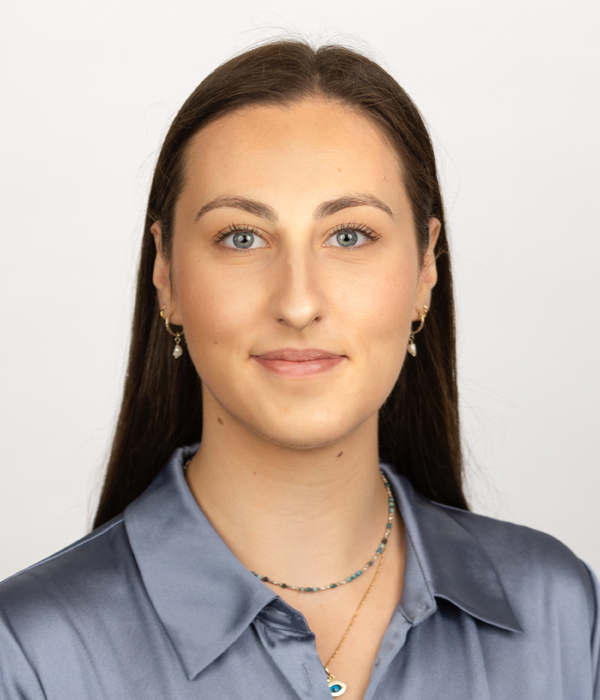
Stephanie Doumtsis
Stephanie is a coastal geomorphologist and geographer with expertise in coastal and estuarine processes, adaptation planning, spatial analysis, and science communication. Her work involves bringing together science and policy with stakeholder perspectives to inform decisions in the planning and management of coastal environments.<br><br>Stephanie holds a Master’s degree from the University of Melbourne. Her research examined the role of rock structures, estuarine and coastal processes on seasonal-decadal scale beach change in Inverloch, Victoria. As a versatile and experienced consultant, Stephanie has delivered a range of technical studies, strategic planning, and spatial mapping projects for local and state government agencies across Australia. Her portfolio includes the development of numerous Coastal Marine Management Plans (CMMPs), Coastal Hazard Adaptation Strategies (CHAS), and climate adaptation plans across Victoria, NSW, Tasmania, Far North Queensland and the Torres Strait Islands.<br><br>Proficient in both QGIS and ArcGIS platforms, Stephanie is skilled in managing, processing, and analysing large geospatial datasets using transparent, repeatable methodologies. Her analytical strengths are matched by her excellent communication skills. Stephanie is a passionate science communicator and excels at translating complex data and concepts into accessible and engaging products tailored to diverse audiences. She has a strong track record of meaningful engagement with communities, First Nations Councils, and stakeholders - delivering collaborative, inclusive, and impactful project outcomes.

Pamela Wong
Pamela is a coastal engineer with a passion in coastal processes and geomorphology. Her experience encompasses a diverse range of coastal engineering and metocean projects both in Australia and internationally. Pamela hopes to utilise her technical background to underpin effective management of sustainable coastal environment and works towards evidence-based science solutions to achieve the best outcomes for our coasts and coastal communities. <br><br>Prior to joining Alluvium, Pamela has developed her technical background in hydrodynamic and wave modelling, sediment transport modelling, data, and data processing and analysis. She has also been involved in conceptual design, detailed design and documentation stages for coastal structures, including breakwaters, revetments, seawalls, and beach nourishment projects. Pamela completed her Coastal Engineer Certificate Program through Old Dominion University in 2020.
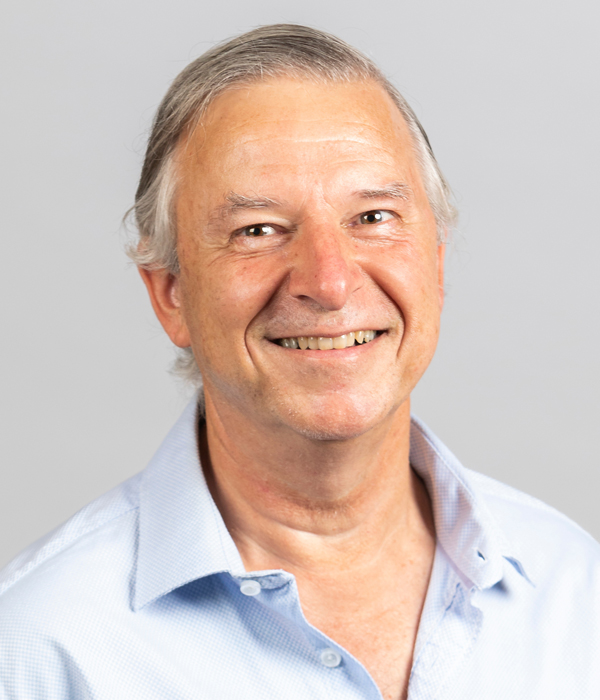
Dr Peter Newall
Peter is an environmental scientist specialising in water and catchment management and the monitoring and assessment of aquatic ecosystems. He is an Alluvium Associate and Principal at Independent Ecological Consulting. <br><br>Peter’s technical skill base is in water quality, ecosystem condition and services, data interpretation, physical geography and catchment sciences (soils, land uses, geomorphology, climatic influences). Implementing these skills, he has led or been a been a significant contributor to hundreds of projects, including the development of Victorian aquatic bioregions, State-wide water quality and biological objectives, water quality targets for the Murray-Darling Basin and the compilation and review of numerous ecological character descriptions for Australia’s Ramsar Sites. During his membership of the Cooperative Research Centre (CRC) for Freshwater Ecology, he was involved in national projects assessing impacts on aquatic ecosystems and refining their measurement. <br><br>His work and study across a several environmental disciplines have provided him with the capacity to readily assimilate and synthesise a broad range of environmental data and literature and apply it to his specialist areas of aquatic ecology and catchment management.
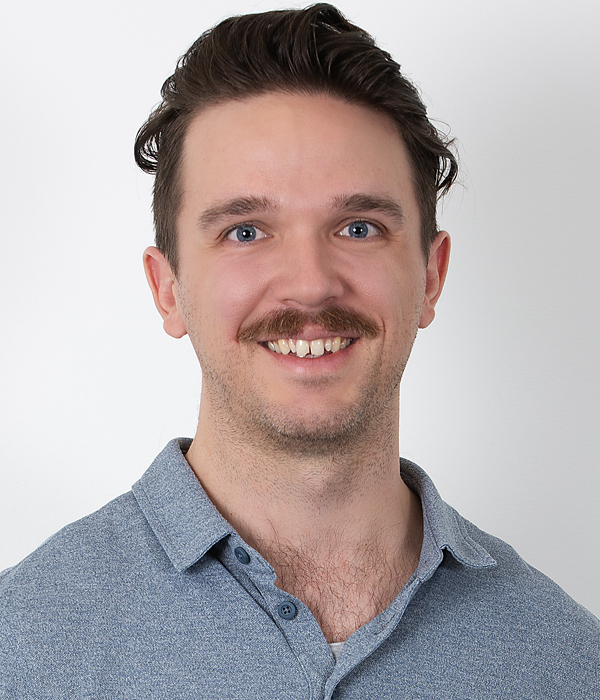
Adyn de Groot
Adyn de Groot is an Environmental Engineer with expertise in environmental hydrology, hydraulic and water resource modelling, water quality modelling, and climate change impact assessment. He is passionate about delivering sustainable solutions that give a voice to the natural environment.<br><br>With over a decade of experience in the industry, Adyn has built and continues to expand a broad skillset in modelling, including catchment modelling, water quality modelling, water balance modelling, and hydrologic and hydraulic modelling. He is proficient in a range of specialist numerical modelling suites, such as eWater Source, MUSIC, SEI WEAP, TUFLOW, and TUFLOW FV. Adyn also leverages his coding skills, spatial analysis skills and tools like Power BI to create tailored, decision-support tools based on modelling outputs.<br><br>At Alluvium, Adyn has led and contributed to numerous water quality and hydrological assessments. His notable projects include assessments for pumped hydro schemes across Australia, water accounting in Southeast Asia, investment and quality evaluations for the Great Barrier Reef, and catchment quality studies across the country.<br><br>Outside of work, Adyn enjoys immersing himself in the natural environment—whether it’s hiking, birdwatching, or spending time at the beach with his family.
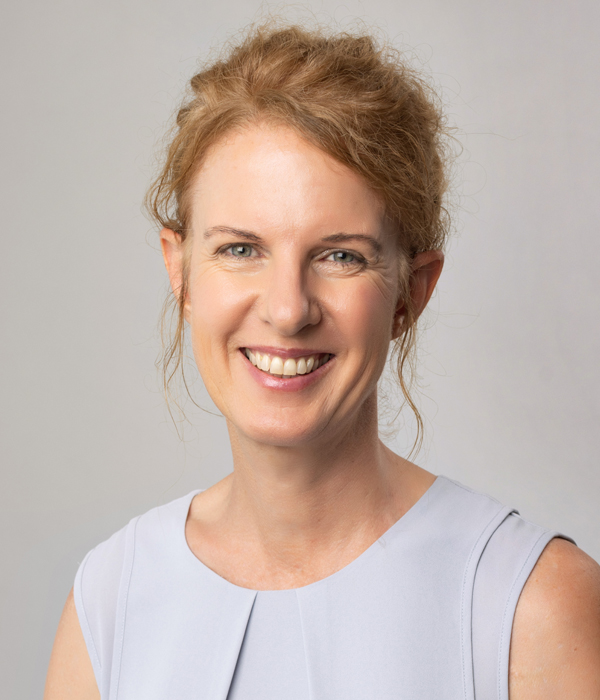
Vanessa Warrington
Vanessa is a Resource / Environmental Engineer with more than 15 years’ experience in the mining sector. She is passionate about river diversion and rehabilitation works and has a keen interest in mine rehabilitation and planning for mine closure throughout the project cycle. There is still much exciting works to be completed in this space and many learnings to be had from previous mine closures. Vanessa worked with Alluvium for a two-year period in 2008-2009. She left Alluvium to work as a consultant in the Mining industry, consulting to the Tier 1 mining companies. Prior to rejoining Alluvium, Vanessa has recently been working in the tertiary education sector in the campus planning and development team. Vanessa holds both Engineering and Chemistry qualifications and is keen to combine these with an interest in water design and quality. She has worked on onshore and offshore oil and gas installations analysing and approving water discharge, ground water sampling and testing and air quality analysis. As the Chair of the North Queensland branch AusIMM (Australasian Institute of Mining and Metallurgy), Vanessa is actively engaged with the local mining industry and advocating for secondary students to continue their studies in the science and engineering fields and encouraging leadership with young professionals.
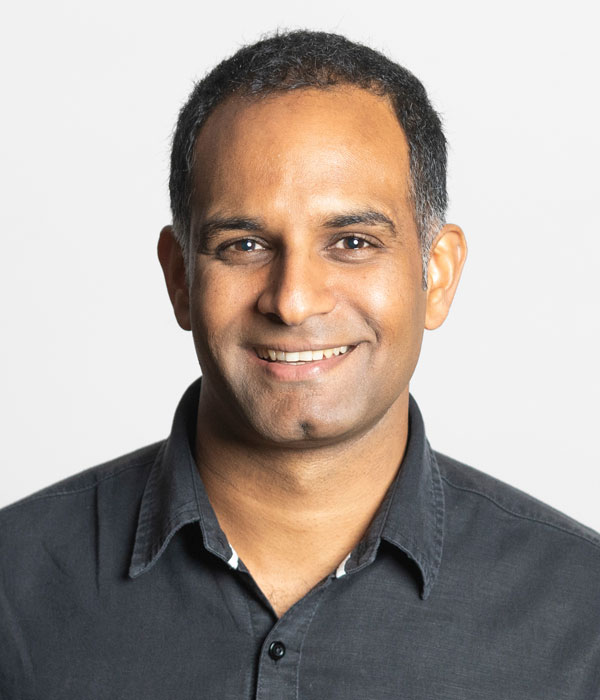
Dr Harry Virahsawmy
Harry has extensive experience in the application of nature-based solutions for enhancing resilience of communities to climate risks. He is a passionate advocate for water sensitive planning and design principles in urban and rural communities.<br><br>Harry is a technical lead for our team with experience spanning Australia, South Asia, South East Asia and the Pacific. Across these geographies, he has provided technical leadership in multi-disciplinary teams to deliver innovative catchment and water management approaches for improved liveability, water security and climate adaptation outcomes. He has extensive experience on donor related projects including for the World Bank, United Nations Development Programme, and United Nations Environment Programme.<br><br>Harry has a background in environmental science and engineering, with a Doctoral Degree in urban catchment management for protection and restoration of water environments. He is also a Honorary Fellow at the University of Melbourne, and is actively involved in applying the latest science and best practices in urban water management, water sensitive urban planning and design, waterway and waterbody restoration and management.

Tarika Gulati
Tarika works on research and business development for integrated water resources management including river basin management and water sensitive approaches in Indian context. With her work, she applies Australian best practice to the Indian context on themes on water management. Based in India, Tarika is a Water Management specialist with a background and expertise in integrated urban water resources management. She has applied water sensitive approaches locally in her academic work. She has worked with several NGOs in India and internationally, on various aspects of water and river management issues. During her career she has worked on desktop research, field studies and conducted several capacity building programs with a range of stakeholders from government to end users in various cities in India. Apart from research, Tarika also works on business development for Alluvium, which involves potential and existing client meetings along with preparing bids to win future work.
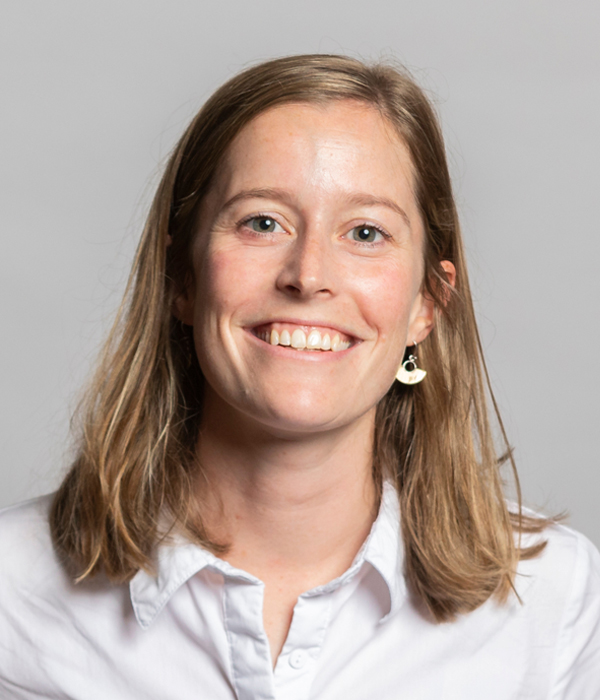
Jenny Butcher
Jenny is an environmental engineer and project manager with ten years consulting experience at Alluvium. Jenny works across the urban water design and strategic space, working on a variety of water quality, Water Sensitive Urban Design (WSUD), stormwater management strategy, waterway engineering, ecohydrology and water policy projects. Jenny has been involved in the design of constructed waterways, wetlands, and stormwater treatment assets from concept through to detailed design, as well as providing construction oversight.<br><br>Jenny is experienced and passionate about channel naturalisation projects, having been involved in the design of numerous projects since 2016. This includes her role as the design lead for the Reimagining Blind Creek and Lewis Park Retarding Basin project, a significant undertaking that brought together a variety of stakeholders to naturalise a large section of Blind Creek in Wantirna, as well as creating numerous treatment wetlands and harvesting ponds.<br><br>Jenny was heavily involved in the development of the Constructed Waterways Design Manual for Melbourne Water and delivering training on the new manual to the industry. Jenny’s experience extends overseas, having delivered blue green infrastructure training in Lao PDR, and developing water sensitive cities concepts in India.<br>Jenny is experienced in MUSIC, AutoCAD, 12d earthworks modelling, GIS, RORB and HEC-RAS.
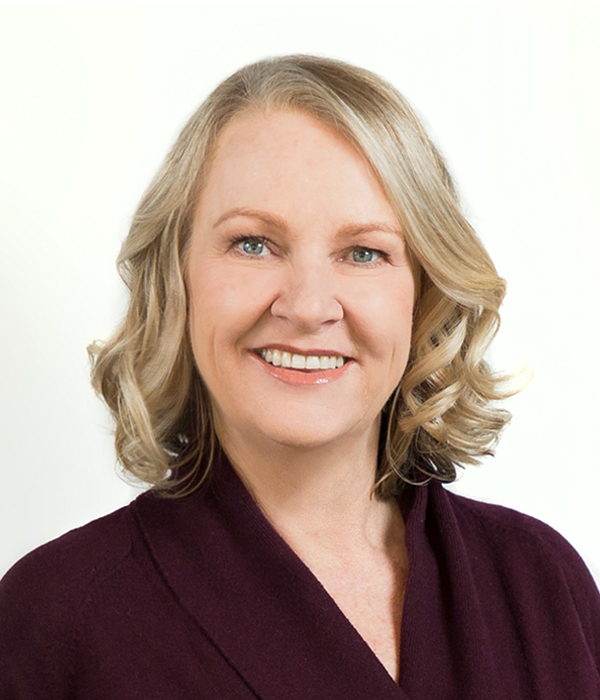
Christine Thompson
Chris is the heartbeat of our Sydney office, providing exceptional support to the Alluvium team across NSW and the ACT. From coordinating meetings and events to solving IT hiccups and creating a welcoming, well-stocked workspace, she keeps everything running smoothly. <br><br>Chris is also a key member of our Reconciliation Action Plan team, contributing actively to its ongoing implementation. <br><br>With a background in account management and running her own successful online business, she brings energy, initiative, and a people-first mindset to everything she does.
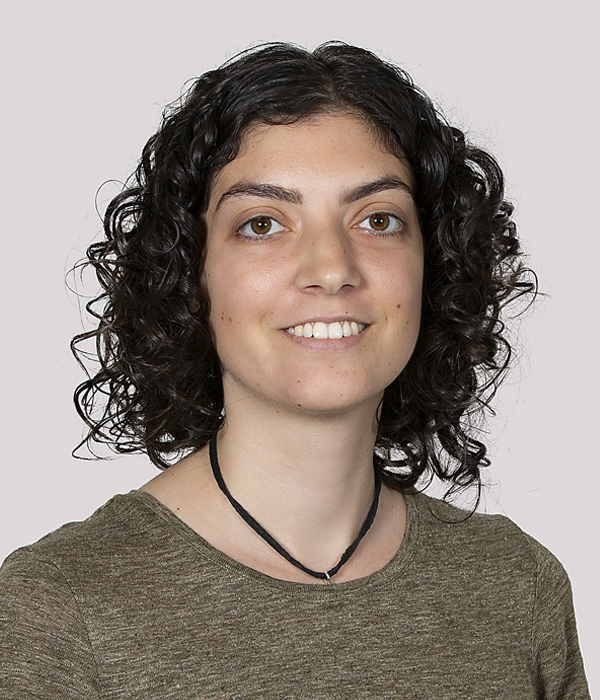
Emily Lazarus
Emily completed her Bachelor of Science (Hons) in 2018 majoring in environmental and marine geosciences, with experience in hydrology, and coastal and fluvial geomorphology.<br><br>Her honours project characterised the total annual flood discharge from the Burdekin River between 6,000 and 1,000 years BP to better understand longer term hydrological changes in the catchment and extend the discharge dataset beyond the instrumental record. This involved using coral climate archives to measure a proxy of the total annual discharge from the catchment onto the Great Barrier Reef over several time intervals.<br><br>As an undergraduate, Emily interned on a research team as part of a catchment to reef project, tracing terrestrial source sediments on the reef to aid catchment management practices. Her role in the project was to develop a series of methods of particle size analysis that would help to better identify the sediment type depending on the sampling location. This helped develop her skills in sedimentology, and laboratory and data analysis.<br><br>Since joining Alluvium, Emily has worked on projects that have enhanced her knowledge of stream condition assessments, GIS analysis, and understanding policy and procedure surrounding coastal management programs. She has also gained experience engaging with various coastal communities to understand their values and concerns regarding coastal hazard management.
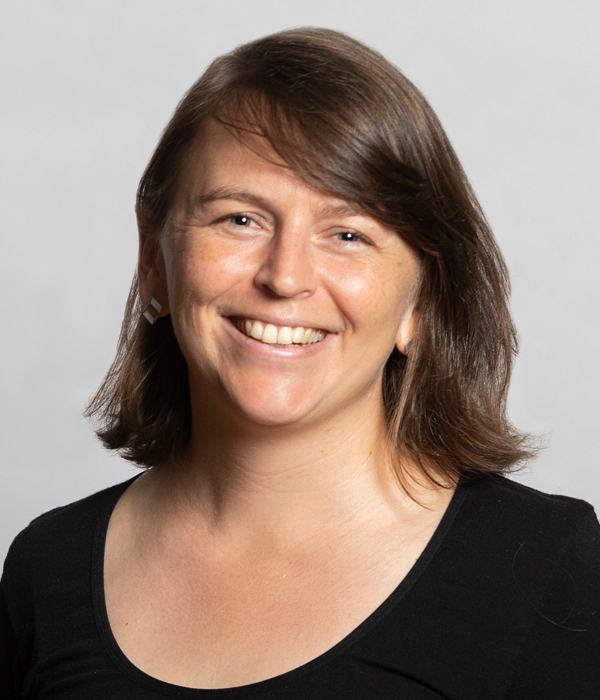
Lucie Bright
Lucie is an environmental engineer who enjoys the challenges and diversity of working in the Australian and international water sector. Since starting her career in 2015 at Alluvium, Lucie has extended her core urban water engineering design skills to engagement with stakeholders, waterway engineering design, alongside extensive project management across a range of diverse and complex projects with interdisciplinary teams.<br><br>Lucie’s enthusiasm for problem solving and variety of subject matter sees her as a flexible, adaptive environmental consultant who is always keen to understand the issue and work closely with clients and project teams to get the best environmental and social outcomes.<br><br>Project highlights include managing the development of guidelines for hydropower dam flows coordination in Lao PDR, designing a rock ramp fishway on the Warrego River in Toorale National Park, the wetland rehabilitation design and construction works for Mt St Josephs wetland in Altona, and the development of concept design options for the rehabilitation of the Moorabool Yaluk (River) at Batesford Quarry.<br><br>In the engineering design space, Lucie has designed many constructed wetlands, bioretention systems, retarding basins, bank stabilisation works, fishways, swales and drainage infrastructure, and she is passionate about improving urban spaces and the health of waterways. Her design knowledge is underpinned by strong practical skills in project management, construction supervision, field investigations and consideration of maintenance requirements.
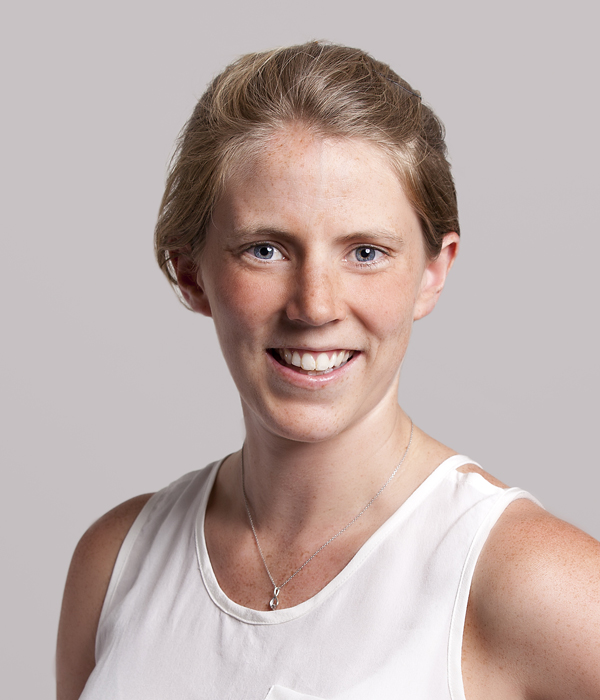
Jacqui Reid
Jacqui is an Environmental Engineer whose interest lies in hydrology, hydraulics, and geomorphology. She has local, national and international experience in multiple aspects of water resources management ranging from river management strategies, coastal hazard assessments, geomorphic assessments and stream restoration design, flood modelling in rural and urban areas and water sensitive urban design to environmental management at construction and mine sites. Jacqui combines her skills and experience in environmental engineering and integrated water management, to develop trans-disciplinary knowledge on water-related challenges, and is able to identify and lead best practice responses. Since joining Alluvium, Jacqui has been involved in the management of several large, complex projects including managing large, catchment scale waterway assessments and major coastal hazard assessments. These include major flood recovery assessments across Queensland, development of large-scale catchment condition assessment and management plans and coastal hazard adaptation strategies for Local Governments. Many of these projects involved extensive stakeholder engagement. She has honed her design and modelling expertise by project managing and being part of teams working on a diverse range of waterway management projects. Jacqui has advanced analytical skills allied with significant experience working with technical specialists, agencies and the community.
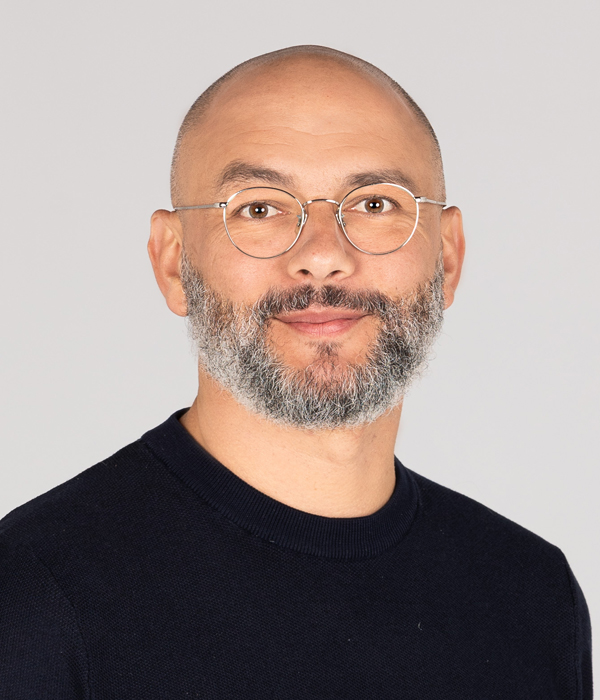
Tarek Ketelsen
Tarek Ketelsen is an environmental systems engineer with 20 years of experience across 17 countries. He began his career in Environmental Impact Assessments (EIAs), flood studies, and engineering design in the mining sector of Western Australia and the Northern Territory. In 2008, Tarek moved to Vietnam, where he focused on integrated environmental assessments, energy transition, climate resilience, eco-hydrology, hydrological modelling, river basin planning, and policy formulation.<br><br>Tarek has led or contributed to 60 international development projects, including a Strategic Environmental Assessment for Mekong hydropower and designing a water resources program for Myanmar showcased in Australia's 2017 Foreign Policy White Paper. From 2022-2025, he led Australia’s flagship energy cooperation program with Vietnam, supporting its rapid energy transition. He has worked on policy and planning projects for governments in Laos, Vietnam, India, Nepal, Cambodia, and Myanmar.<br><br>In 2015, Tarek founded AMPERES, specializing in energy transition and environmental resilience. In 2025, AMPERES joined the Alluvium Group, where Tarek now serves as Director and Technical Lead for the Mekong region.
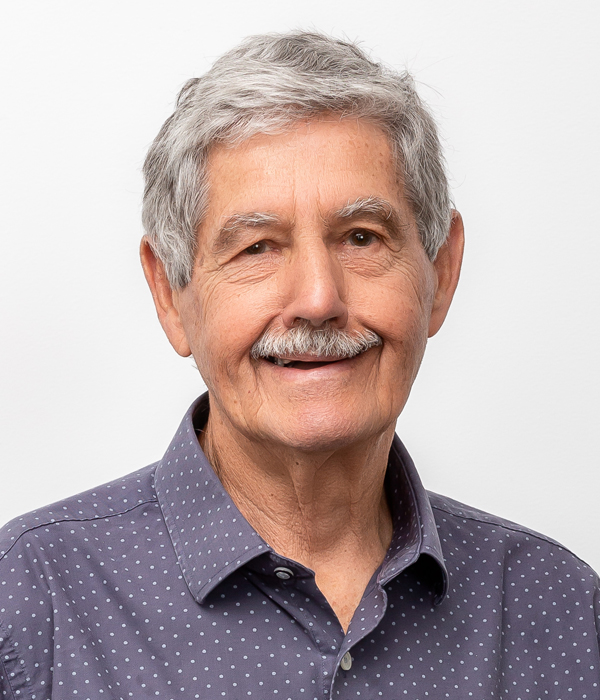
Professor Barry Hart
Director
Barry is a recognised leader in the science of catchment and water resource management, and well known for his efforts in developing knowledge-based decision-making processes in natural resource management throughout Australia and South-East Asia.<br><br>Barry brings to Alluvium a strong academic background. He was appointed an Emeritus Professor by Monash University and previously was Director of the Monash University Water Studies Centre and Research Director of the CRC for Freshwater Ecology.<br><br>Barry was a member of the Murray-Darling Basin Authority Board for 9 years (2009-2018) and, amongst many other past appointments, has had leadership roles on the Commonwealth Environmental Water Scientific Advisory Panel, the Great Barrier Reef Water Quality Partnership Science Advisory Panel and the Gippsland Lakes and Catchment Task Force. In 2003, Barry received a Centenary Medal for services to water quality management and environmental protection. He was also made a Member of the Order of Australia (AM) in June 2012.<br><br>Barry plays a key role on the Board and in our business through mentoring staff and helping us to deliver the best possible science in our work.
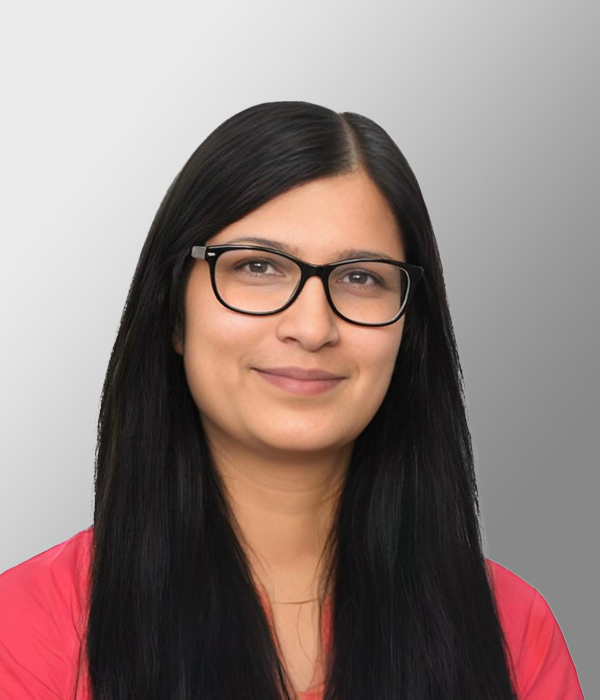
Geeta Sandal
Geeta Sandal is an experienced Environmental Planner and Resilient Urban Development specialist with over 15 years of dedicated work in climate change adaptation and disaster risk resilience. Her passion lies in creating sustainable, inclusive, and climate-resilient urban futures, particularly across South Asia. <br><br>Geeta brings deep expertise in areas such as integrated urban water management, circular economy, and promoting Gender Equality, Diversity, and Social Inclusion (GEDSI).<br>She has successfully advised national, sub-national, and city governments, as well as international agencies, delivering high-impact strategies and tools that support informed decision-making. Her work includes pioneering climate resilience indicators, developing a collaborative Rural-Urban (RURBAN) platform, and crafting action plans for water security, nature-based solutions, heat stress resilience, and gender budgeting. <br><br>Geeta’s work reflects her strong commitment to building equitable and climate-ready communities.
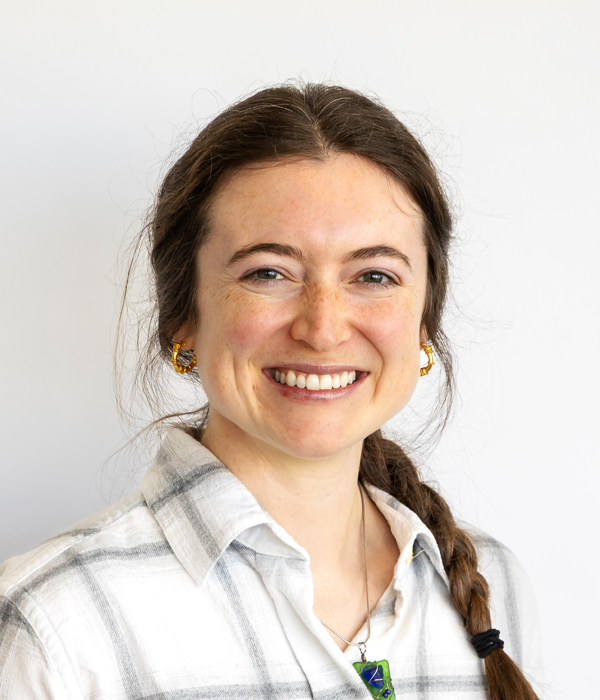
Gabby Vinyard
Gabby is an interdisciplinary environmental scientist who brings a combination of consulting and applied land management and restoration experience for projects at the government, non-profit and institutional levels. Her experience includes supporting federal environmental rulemakings, completing greenhouse gas inventory updates, generating detailed qualitative and quantitative analyses and providing technical expertise for virtual stakeholder outreach and engagement efforts.
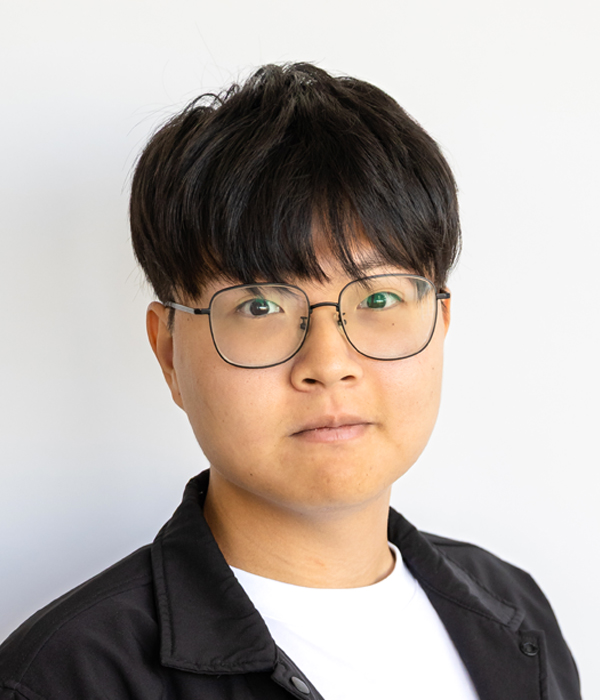
Billy (Chung-Nan) Hsiao
Billy is a graduate consultant with a Master’s degree in Environmental Engineering from the University of Melbourne (2024). His academic and professional experiences in both Taiwan and Australia have shaped his expertise in hydrology, spatial analysis, and water management.<br><br>His internship experiences at Agriculture Victoria and Alluvium provided him with a comprehensive understanding of both research and industry applications in Australia. These roles are strengthened by Billy’s proficiency in spatial analysis tools such as QGIS.<br><br>Since joining Alluvium in 2025, Billy has engaged in multiple projects focused on urban water and waterway management, including stormwater management strategies, integrated water management, and functional waterway design. Through these projects, he continues to hone his skills in hydrological, hydraulic and water quality analysis using RORB, TUFLOW, and MUSIC, as well as design applications such as AutoCAD and 12D.<br><br>Billy is passionate about leveraging his expertise in water management and design to contribute to sustainable, resilient, and accessible water environments
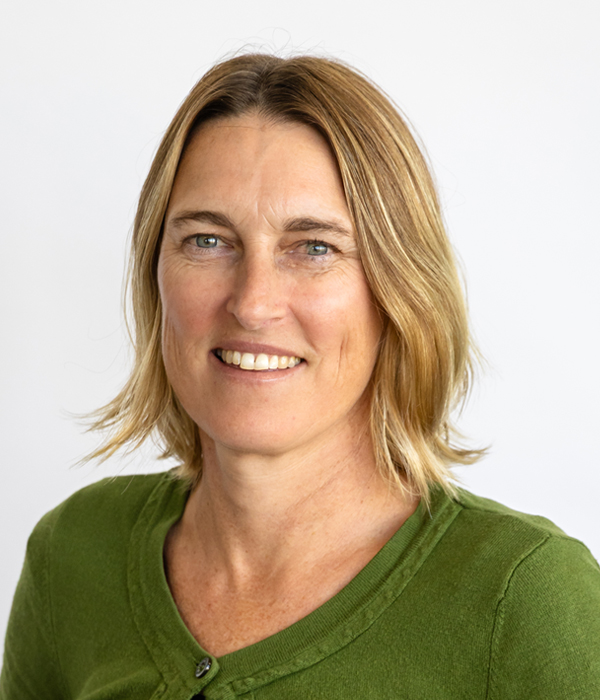
Liz Patterson
For 25 years, Liz has been at the forefront of coastal planning and management in Victoria, working across government and the private sector. With a Master’s in Coastal Resource Management, Liz played a key role in shaping Victoria’s Marine and Coastal reforms, including the development of the Marine and Coastal Act, Marine and Coastal Policy 2020, Marine and Coastal Strategy 2022, Victoria’s Resilient Coast framework, and the Siting and Design Guidelines for Structures on the Victorian Coast. Beyond policy development Liz has worked with coastal management organisations to put these frameworks into action helping to bridge the gap between policy and practice. This includes through master planning processes, Marine and Coastal Act consent applications and coastal adaptation planning. Her expertise lies in tackling complex coastal challenges and fostering collaboration to drive practical solutions.<br><br>Liz has strong skills in the design and delivery of stakeholder and community engagement and works in partnership with rightsholders/Traditional Owner groups, state governments, local governments, coastal managers and the community. Her combination of engagement design and facilitation skills means she is versatile in finding the right level and approach that people need, whether this be executive/councillor briefings, strategic team meetings, stakeholder workshops, drop in or pop-up sessions, surveys and community information sessions.<br><br>Liz is passionate about supporting coastal managers and the community in caring for our precious coast.
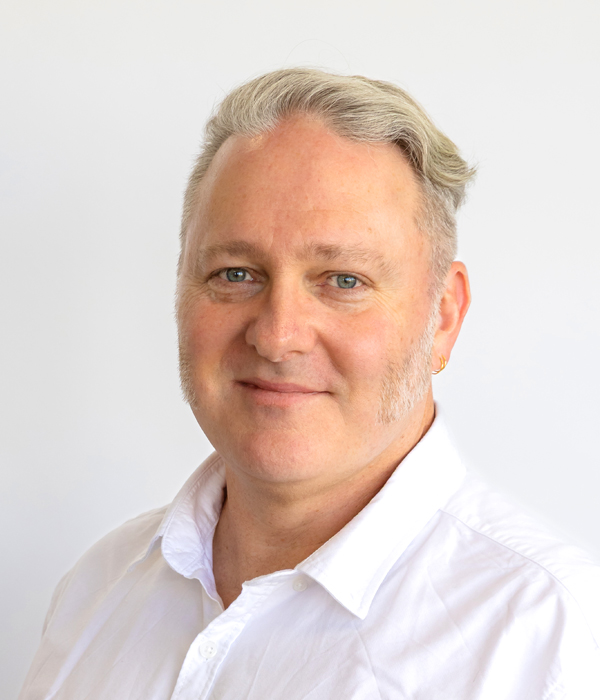
Robert Morden
Robert has been involved in water resources for more than 25 years, with experience in water resource modelling, farm dam hydrology, environmental flow assessments, and associated spatial analysis and software development. Focusing on getting things right the first time and delivering quality outcomes, he has worked closely with hydrological models in every river basin in Victoria, has developed environmental flow recommendations for dozens of waterways, and has in-depth understanding of how small dams are managed and modelled in all states across Australia. <br> <br>He recently completed his PhD at the University of Melbourne researching the impact of dams, extractions, and climate change on small streams across Victoria and the Murray Darling Basin. Prior to commencing his PhD, Robert worked for the Victorian government for 5 years providing policy advice on hydrology, climate science, small dams, plantations, and licenced extractions. <br> <br>When he was a little kid, Robert’s favourite book was a big heavy geology textbook because he liked the cool diagrams of volcanoes and plate tectonics. Nowadays he’s broadened his interests, but he hopes that the textbooks in 1000 years’ time have something nice to say about the 21<sup>st</sup> century.
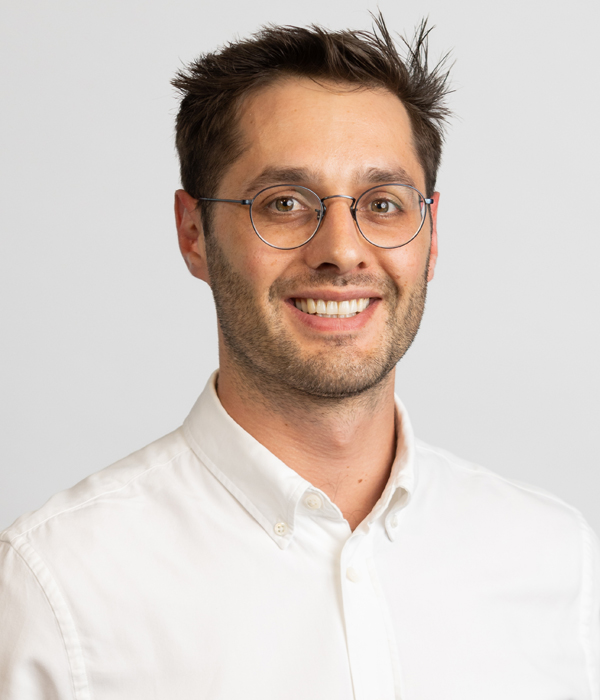
Simon Hammer
Regional Manager - Mekong
Simon leads the Alluvium Group's work across the Mekong , bringing a systems-thinking approach to the region’s most pressing , climate, and sustainability challenges. With qualifications in both engineering and law, and over a decade of experience across public and private sectors, Simon specialises in integrated strategy, program design, and cross-sector collaboration.<br><br>He is passionate about shaping climate-resilient futures through inclusive partnerships, nature-based and adaptive solutions, and long-term capacity strengthening. Simon works closely with governments, multilateral organisations, and community partners to deliver practical, locally grounded outcomes that align environmental sustainability with social and economic needs.<br><br>Simon’s leadership has supported regional initiatives focused on water security, basin-scale planning, and climate adaptation—particularly across Southeast Asia. He is also a recognised contributor to the water and sustainability sectors, having co-founded the non-profit Our Future Cities and held advisory and volunteer roles across Australia, Africa, and Asia.<br><br>As Regional Lead for the Mekong, Simon brings a steady hand, a collaborative mindset, and a deep commitment to supporting resilient communities across the region.
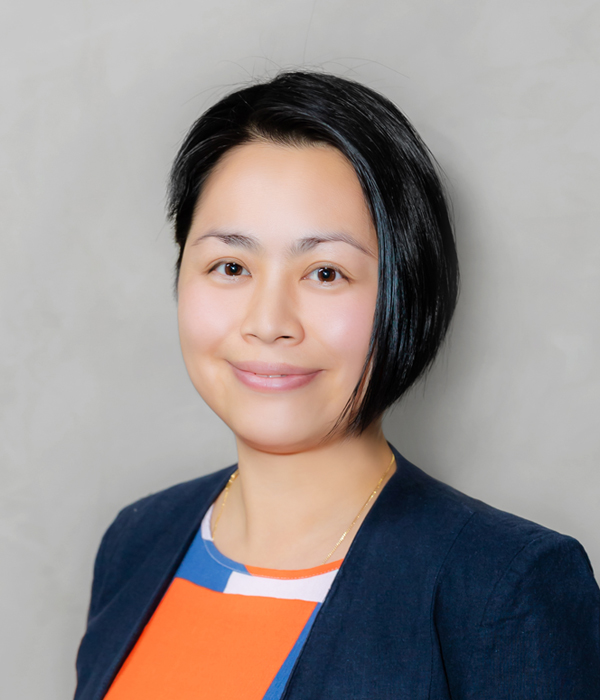
Vanh Mixap
Vanh is an experienced and authentic facilitator with a finely tuned communication and coaching style coupled with a strong background in co-design, capacity strengthening, Gender Equality, Disability and Social Inclusion (GEDSI), women’s and youth empowerment, leadership development, governance and leading change in Australian government and international development including water, community development, and tourism sectors.<br><br>She founded Yes Everyone Matters (YesEM), a social enterprise focused on the ever-present issue of meaningful inclusion by utilising GEDSI, leadership, governance and capacity strengthening strategies. All of her professional life has incorporated GEDSI, one way or another, as exemplified in her previous roles with DFAT Mekong Water Resources Unit as a Gender Focal Point, and Oxfam Inclusion Team as an inaugural Confidential Counsellor. These roles focused on women’s empowerment, gender justice in governance, community development, and support for victims of bullying, discrimination and harassment at work.<br><br>She led gender impact assessment in hydropower development App pilots in Laos and Cambodia. After successfully developed and facilitated International RiverFoundation inaugural Emerging Water Professionals Program, she was commissioned by the DFAT-funded Australian Water Partnership to establish a specific Indian Young Water Professions program. Vanh holds a Master of Integrated Water Management from The University of Queensland and a Bachelor of Social Sciences (Honours) from The University of Newcastle, Australia. She is a Board Director of the Oaktree Foundation and is currently based in Vientiane, Laos.
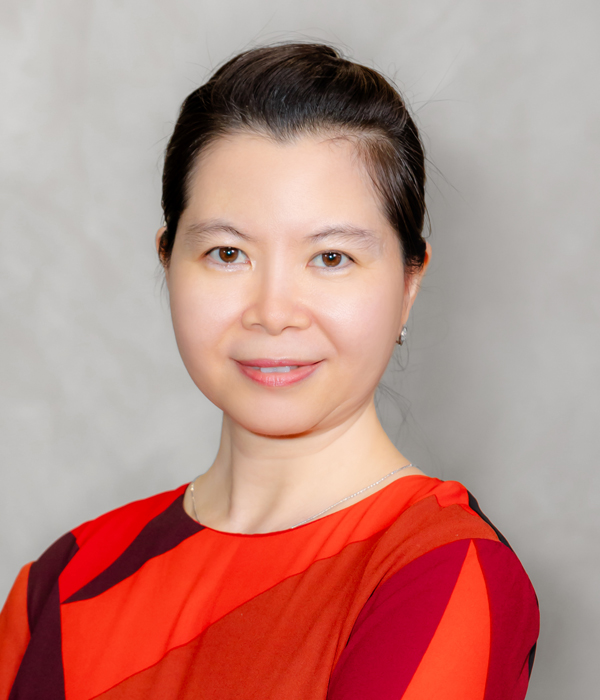
Phuong Tran
Phuong Tran, A Mekong Delta citizen in Vietnam, has worked for almost 20 years with INGOs. Phuong’s experience spans multiple fields, including community development such as disaster risk management and resilience, hygiene, water and sanitation loan/credit via revolving fund programs for livelihood, housing, water and sanitation. She is also a good practitioner of community participatory processes, M&E tools, conducting community-based approach activities, and training for trainers.<br> <br>Since 2020, Phuong has managed our office in HCMC in Vietnam, our operations, and the financial oversight of all project implementation. She was trained in project management skills and involved in organisational strategy planning, resource and financial management during her time with INGO life of 3.5 years with Danish Refugee Council, 8 years with CARE International in Vietnam, almost 8 years with Habitat for Humanity International in Vietnam.<br> <br>Phuong's significant milestones over the past 20 years include being the Deputy Manager for U Minh Thuong National Park Nature Resource Protection and Development Project – CARE; Project Coordinator for Community-based Resilience Nature Disaster Project – CARE , Senior Program Coordinator for Housing & WATSAN Loan Program – Habitat; Project Manager for WATSAN Community Awareness Raising – Habitat.

Han Le
Driven by a passion for making scientific knowledge accessible in everyday life, Han serves as an Events and Communication Officer at Alluvium Group, where she facilitates the effective dissemination of information to stakeholders and the public.<br> <br>With a background in Law, Han possesses a deep understanding of how governance shapes societal development. She also believes in the transformative power of media and culture in driving social change. This conviction led her to pursue a career in media and communication, focusing on communication for development and social impact.<br> <br>Before joining Alluvium, Han worked extensively in communications for various NGOs and mission-driven organisations, supporting initiatives in sustainable healthcare, rural development, and livelihood improvement. She has tirelessly contributed to Vietnam’s legislative advocacy efforts, including EVFTA and the first draft on transgender rights, leveraging storytelling and media engagement to drive change. Proficient in graphic design and content writing, she aspires to bridge the gap between academic discourse and public understanding through compelling communication.